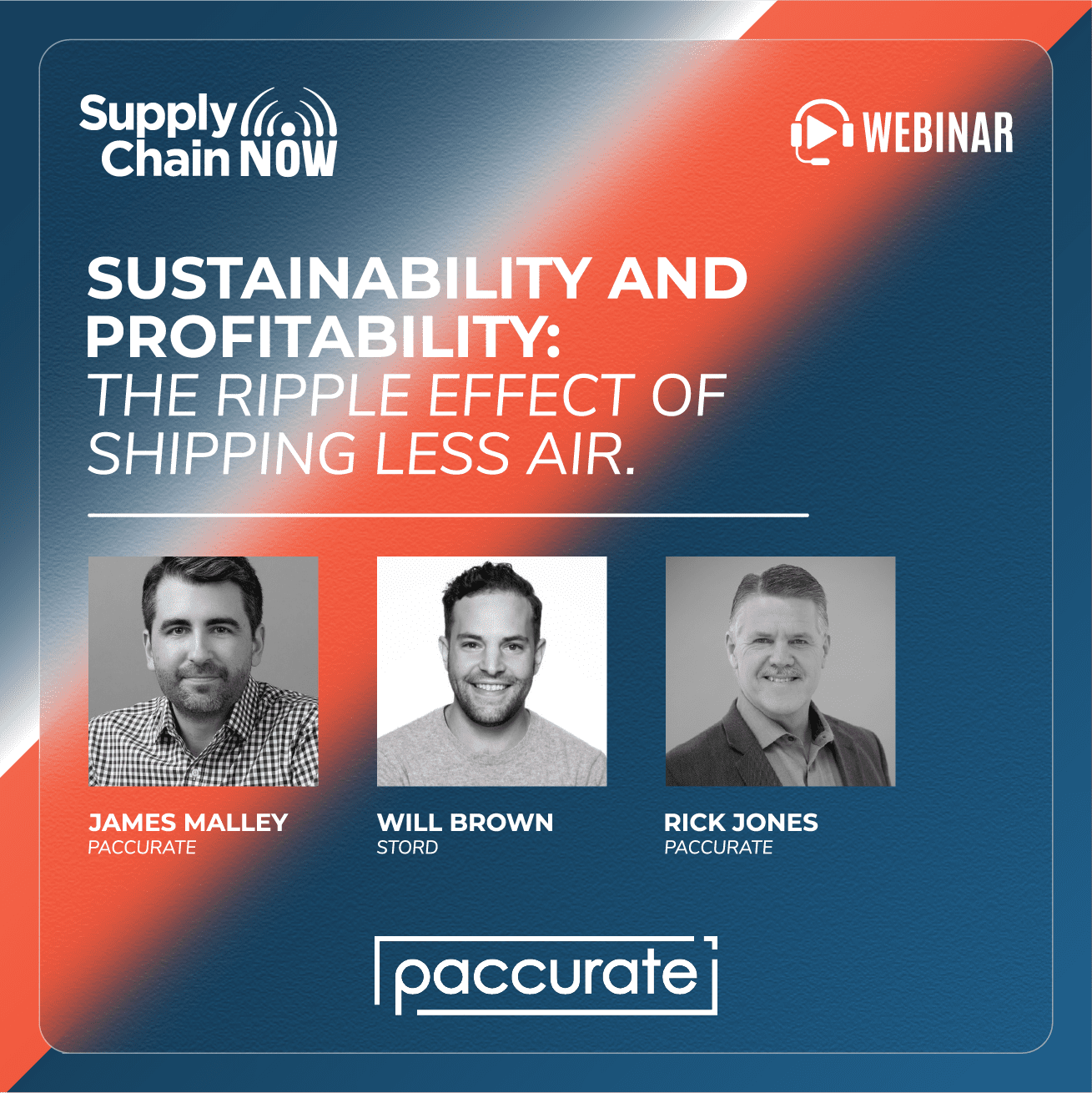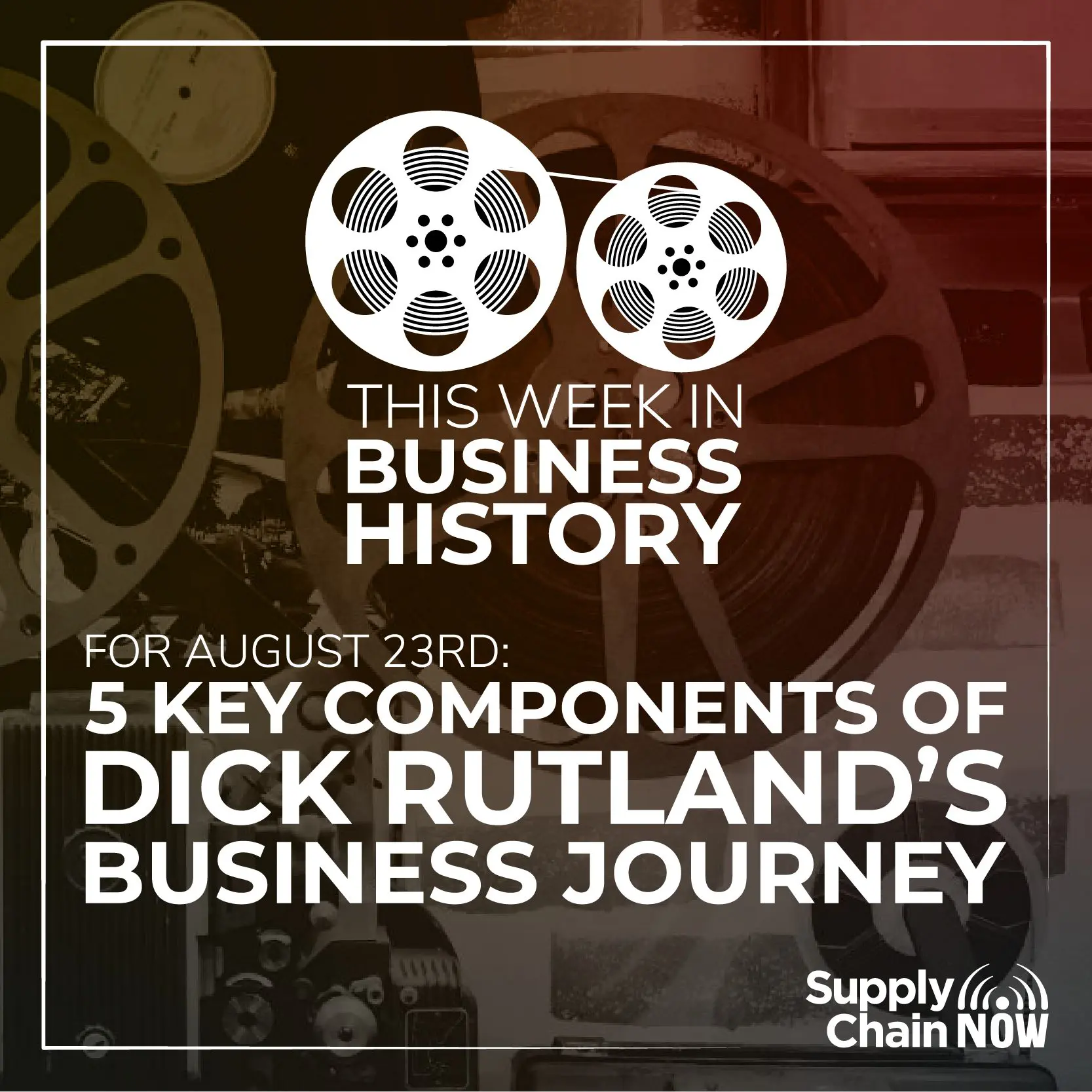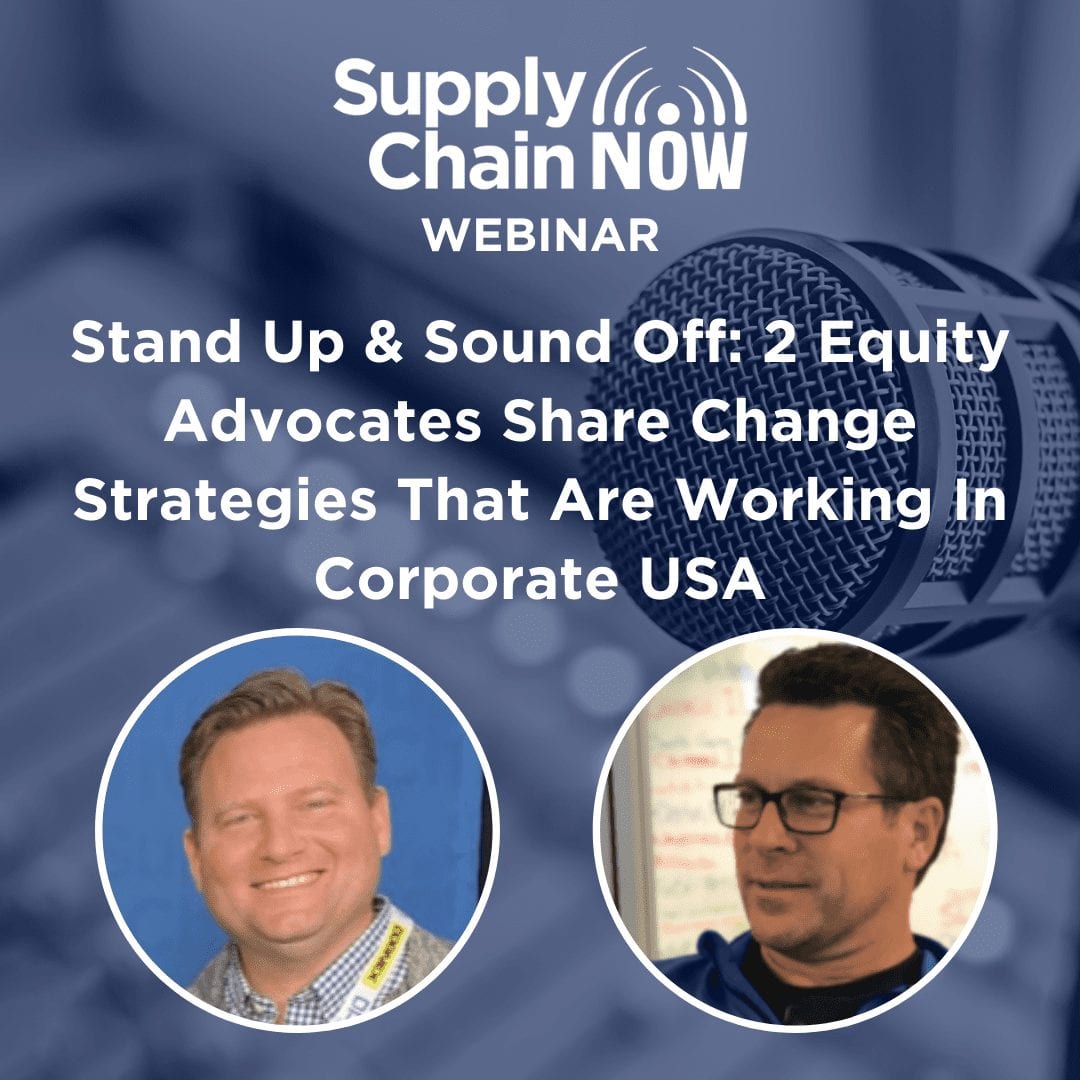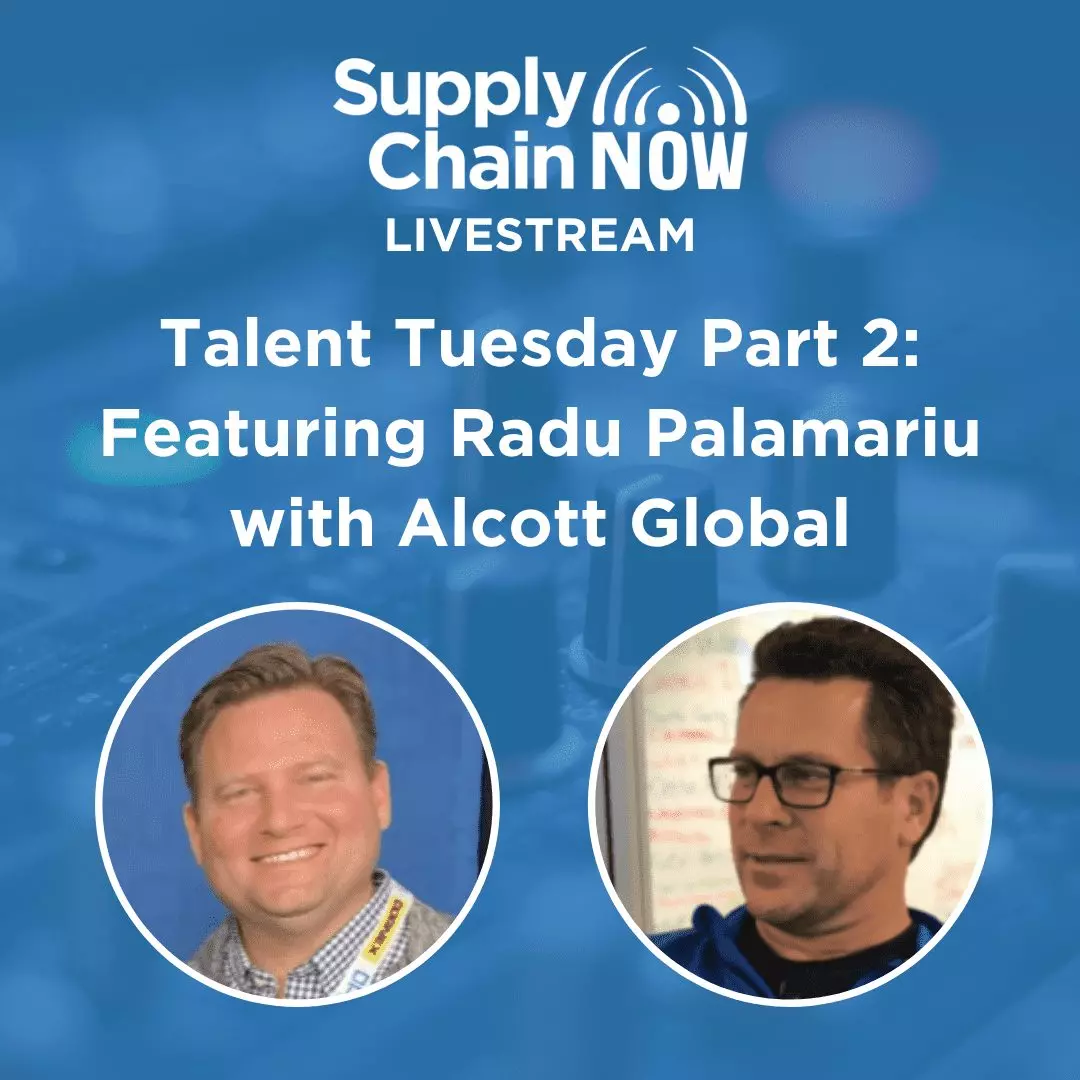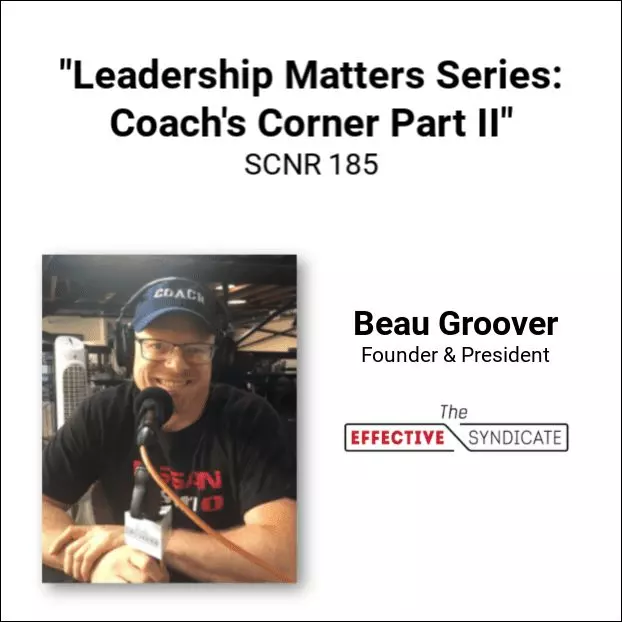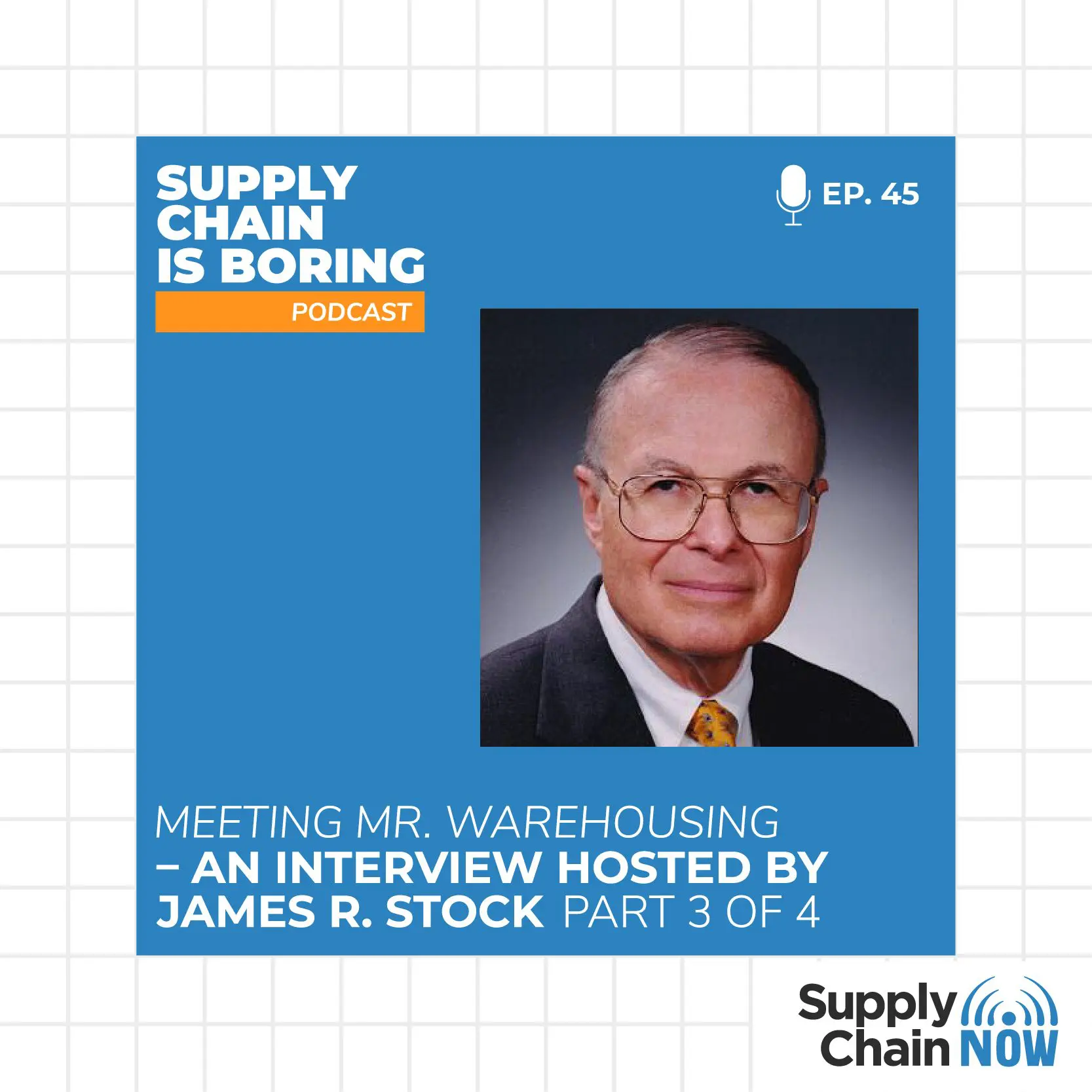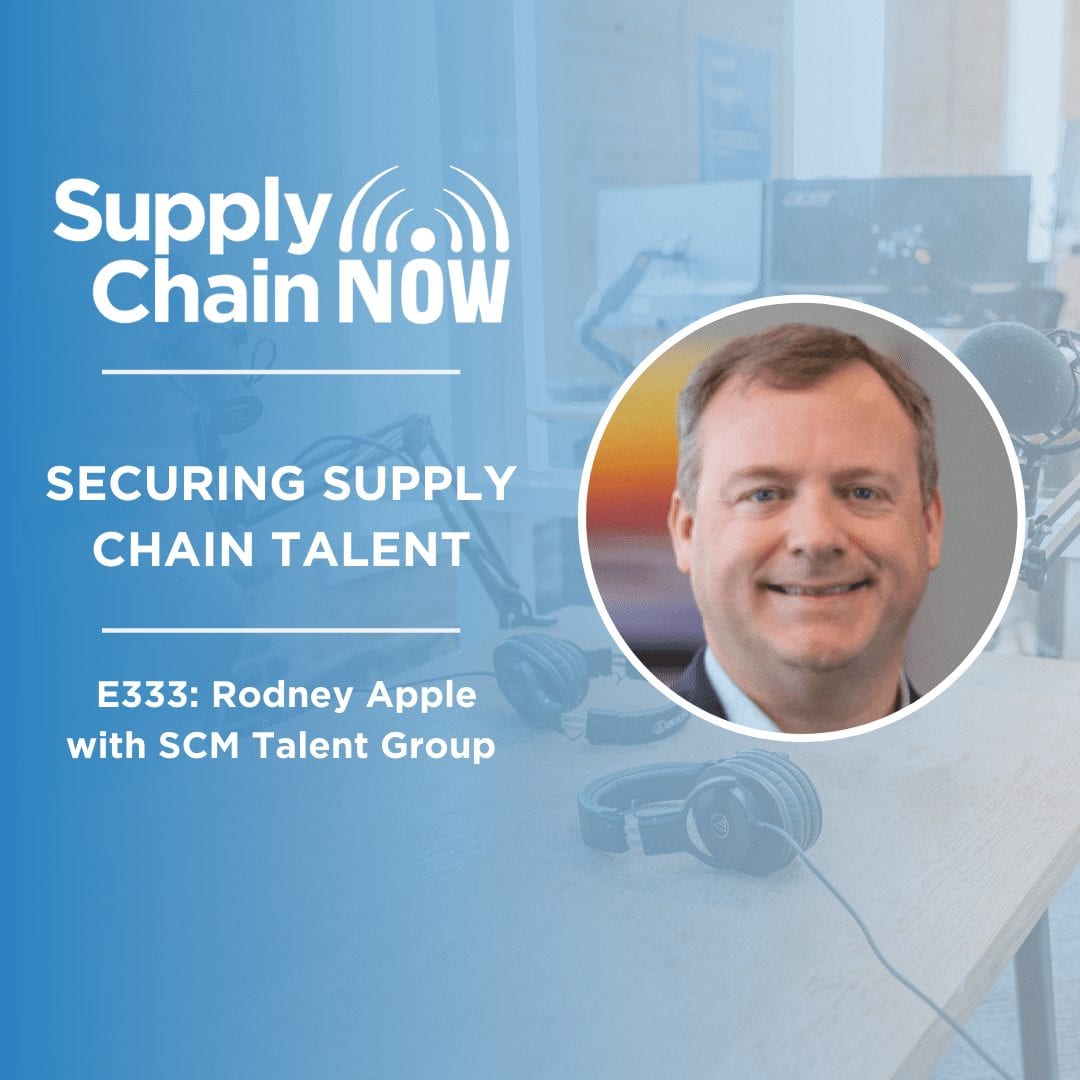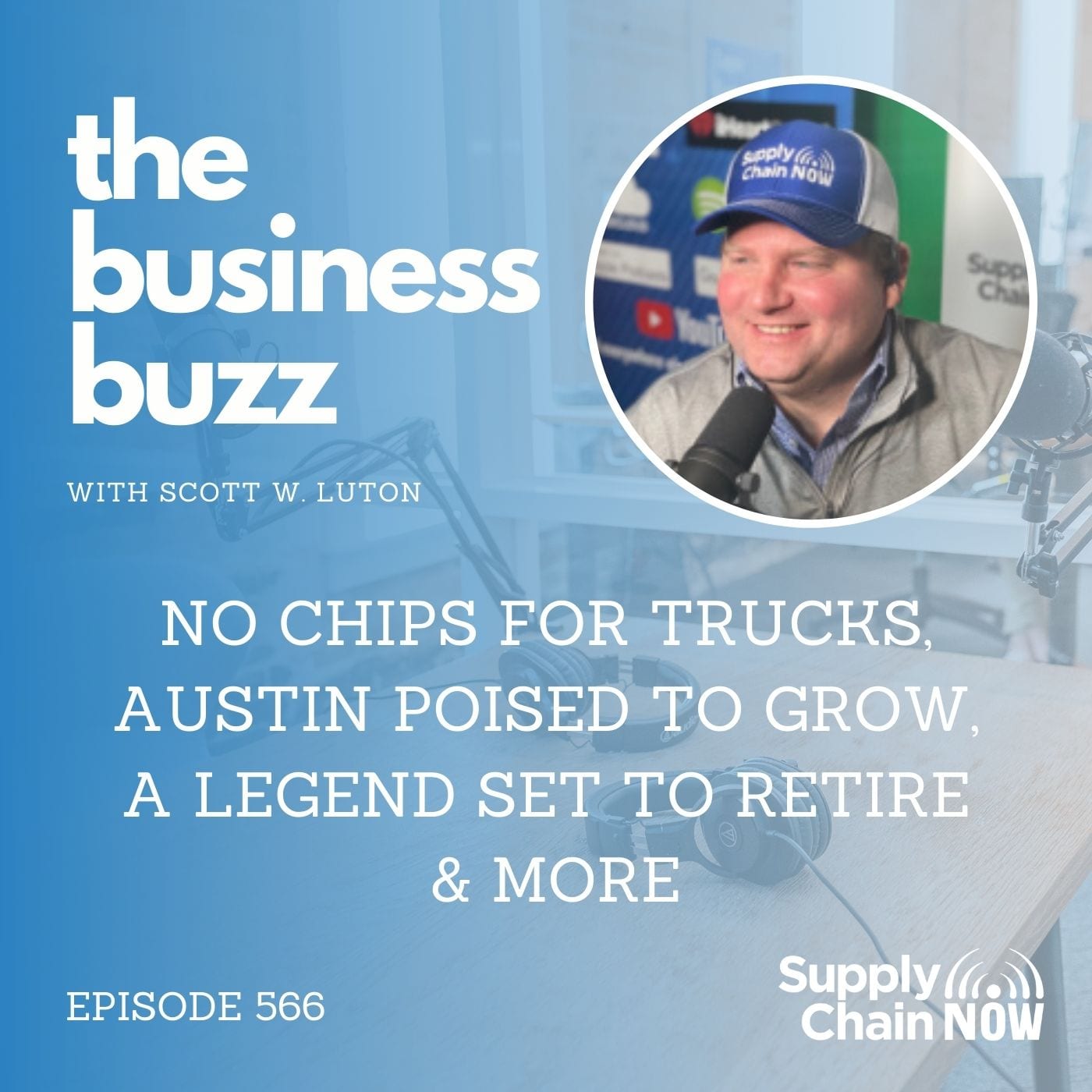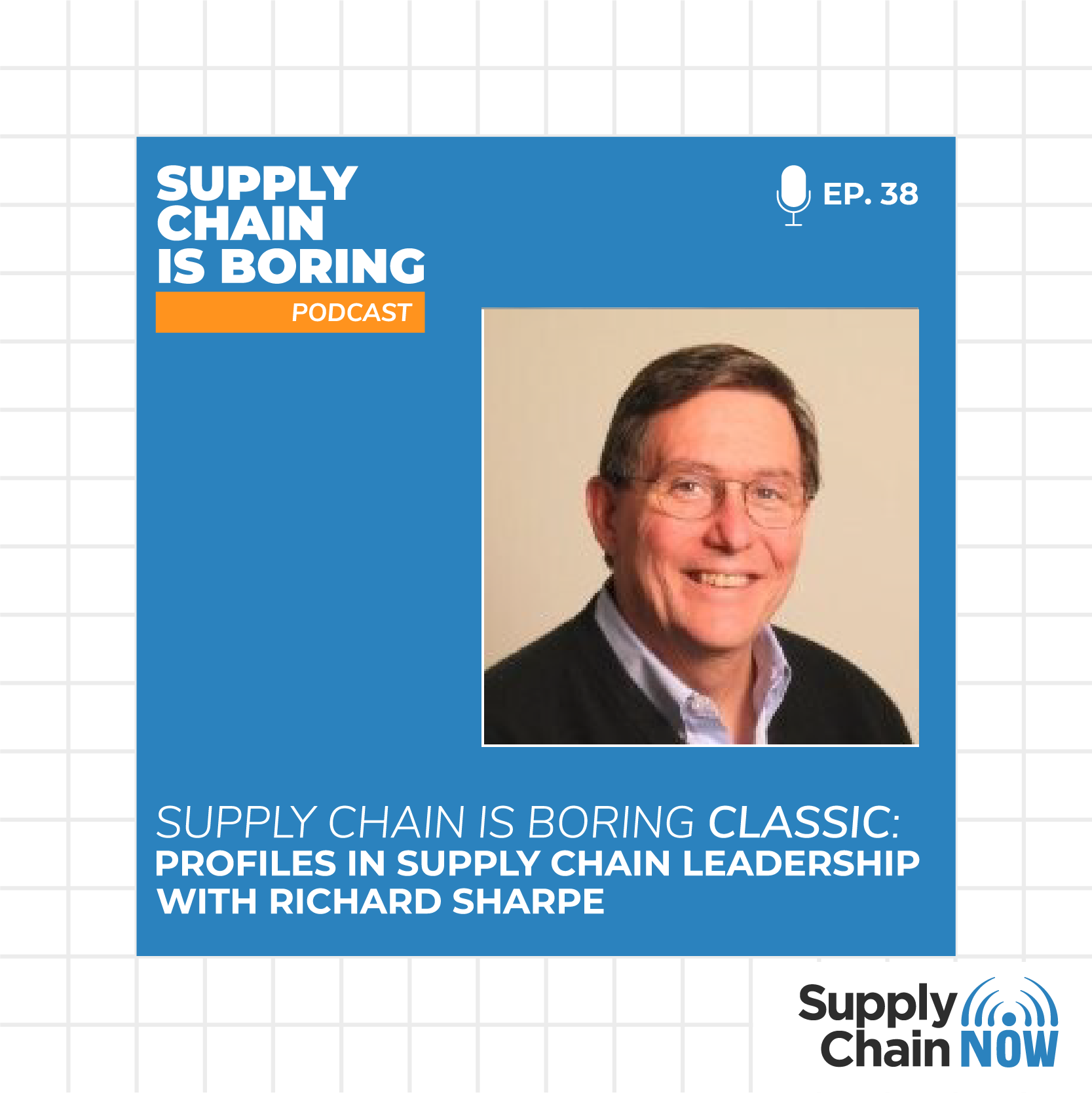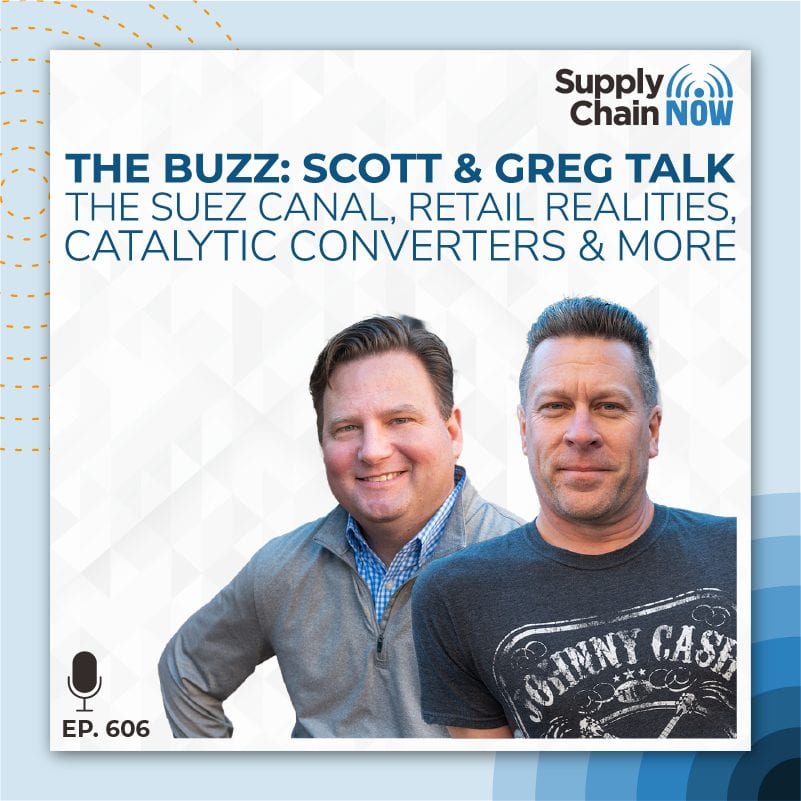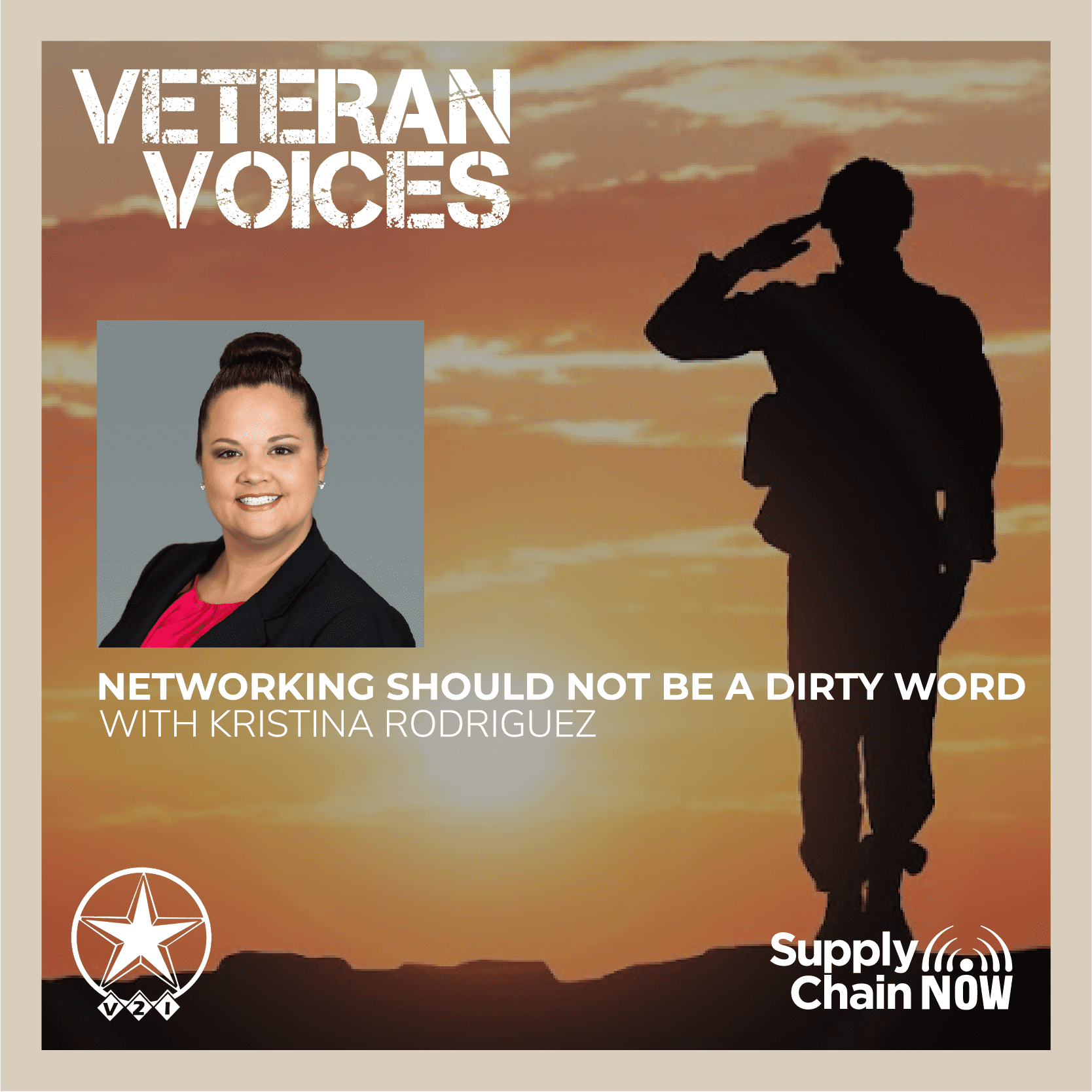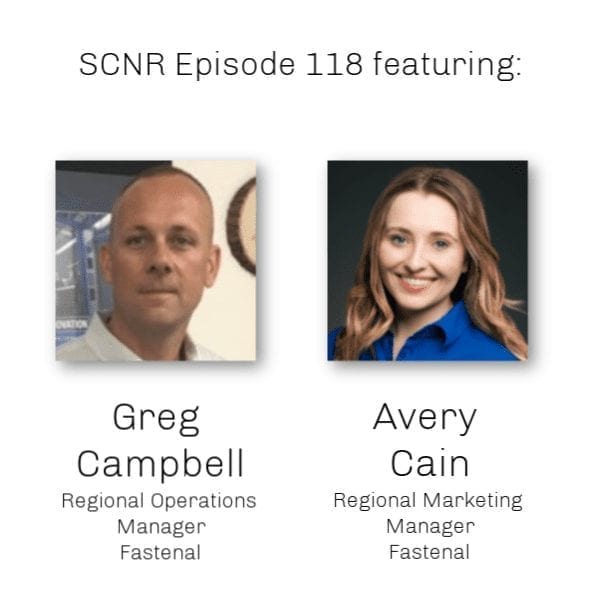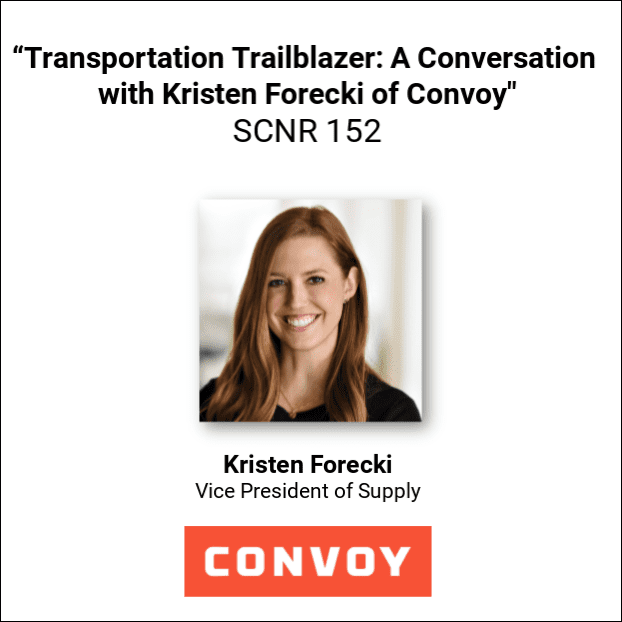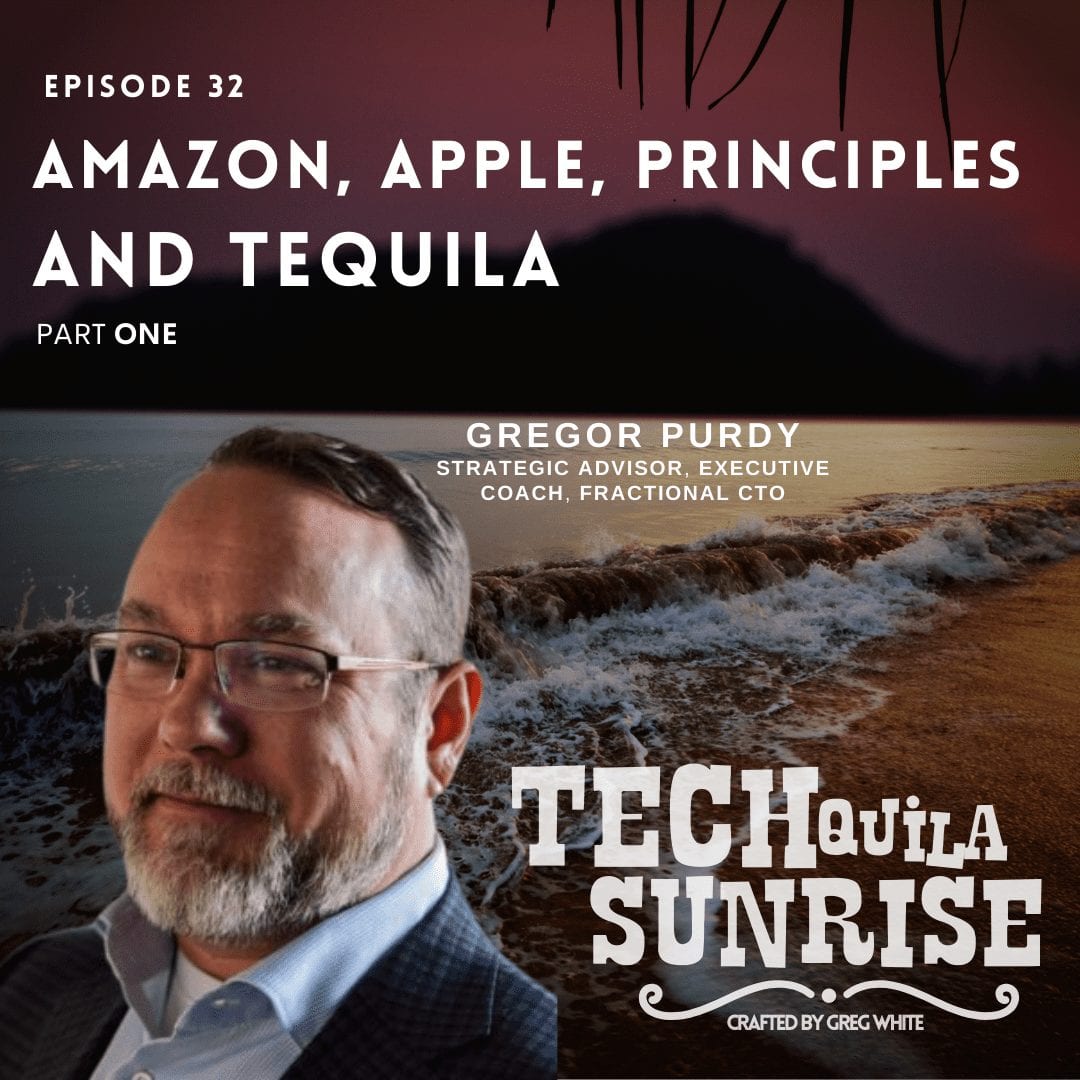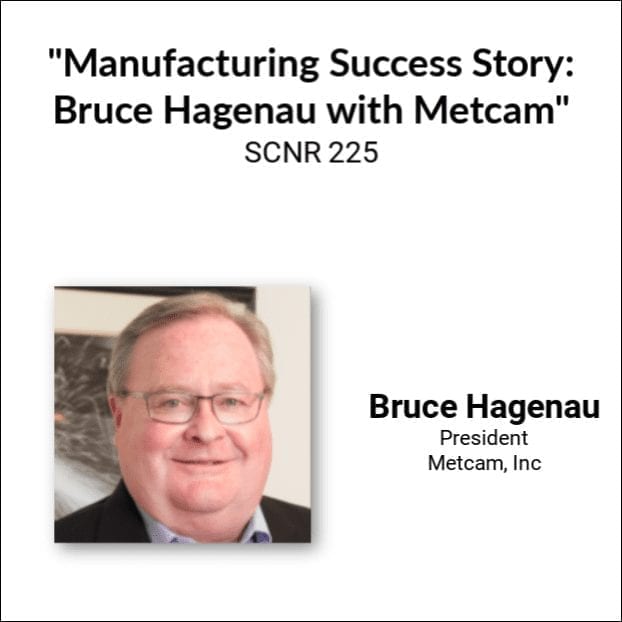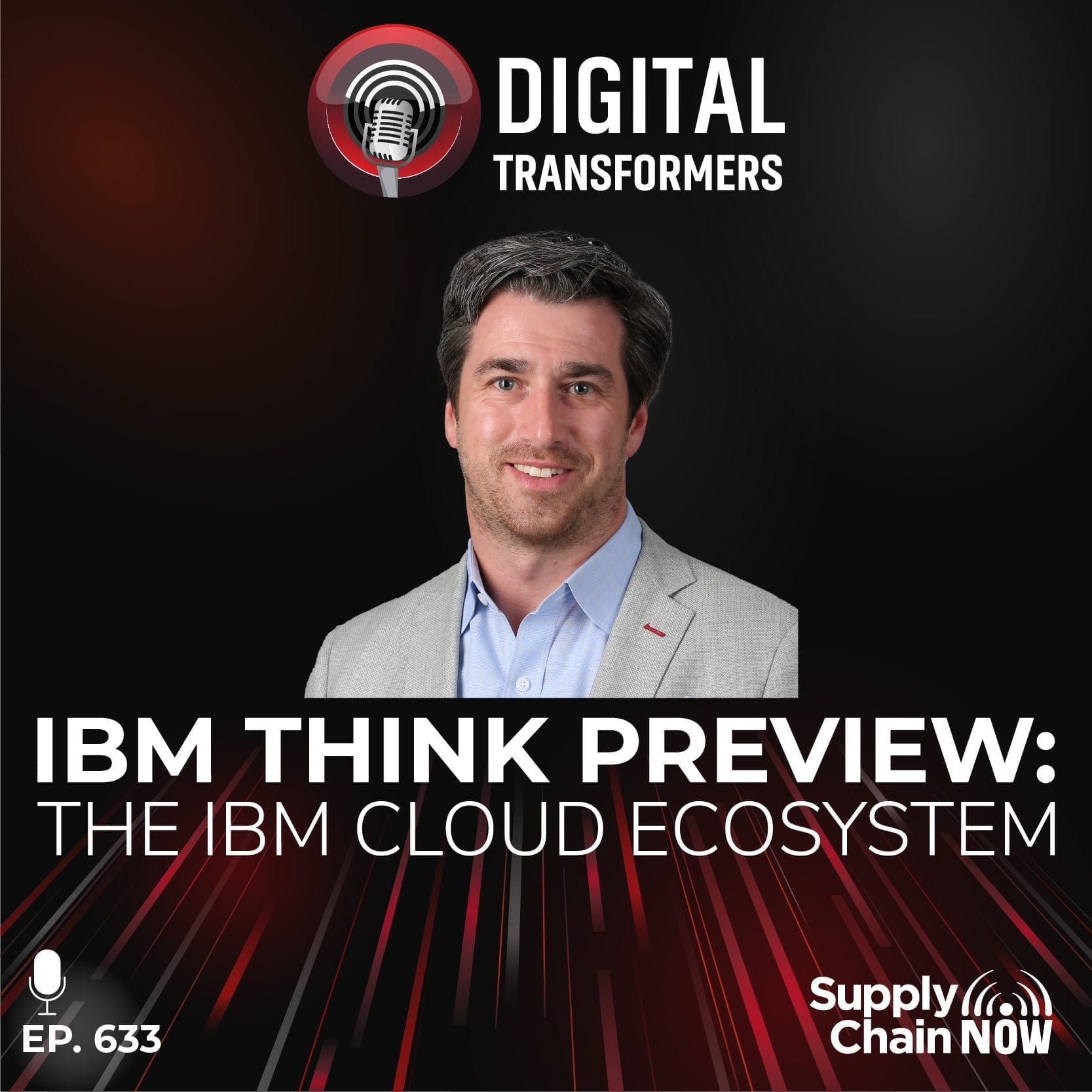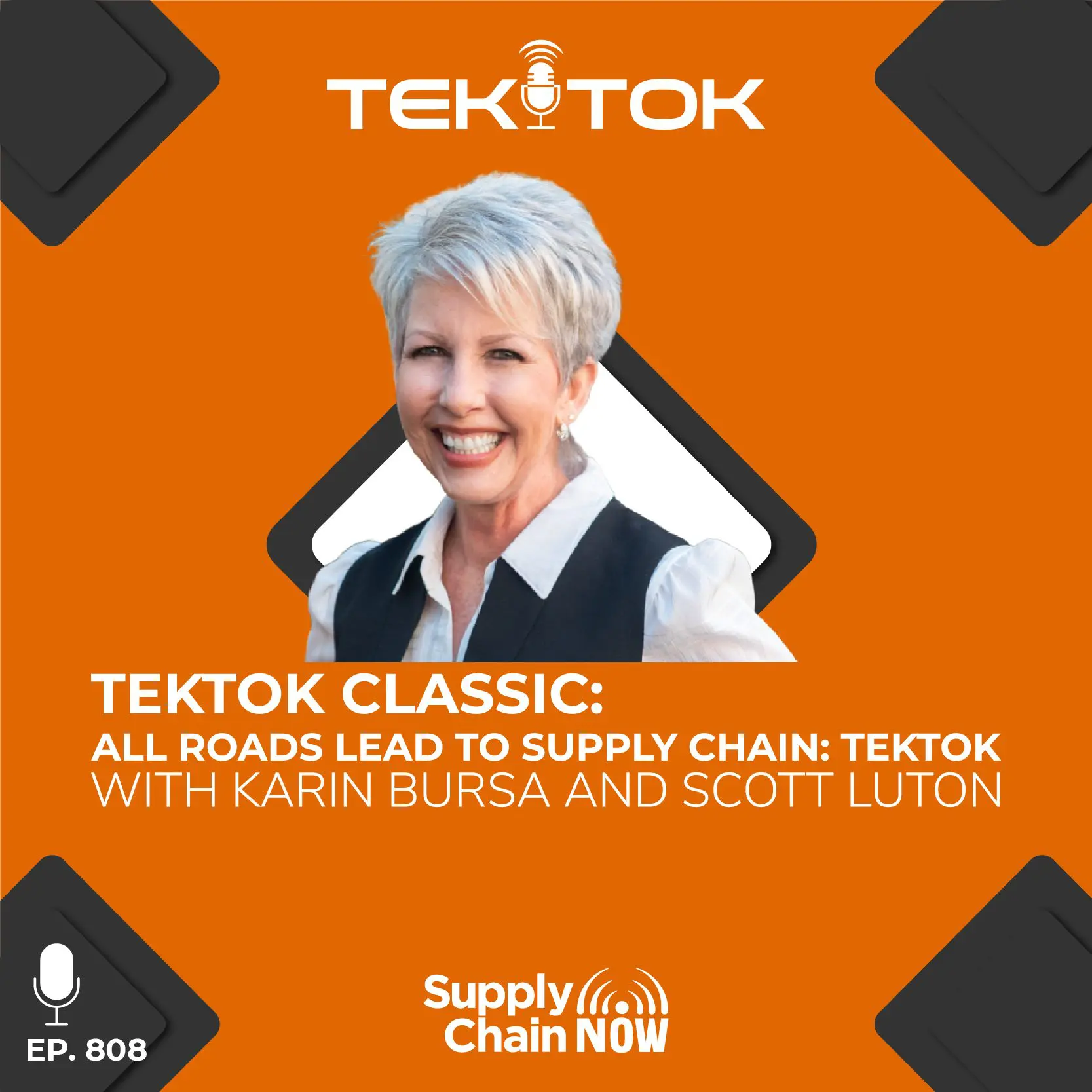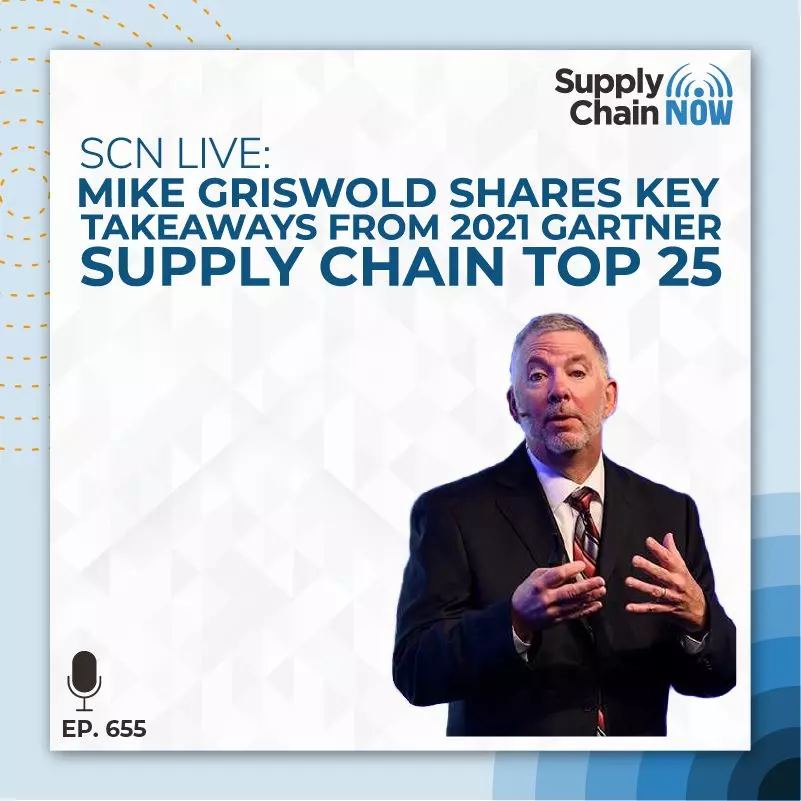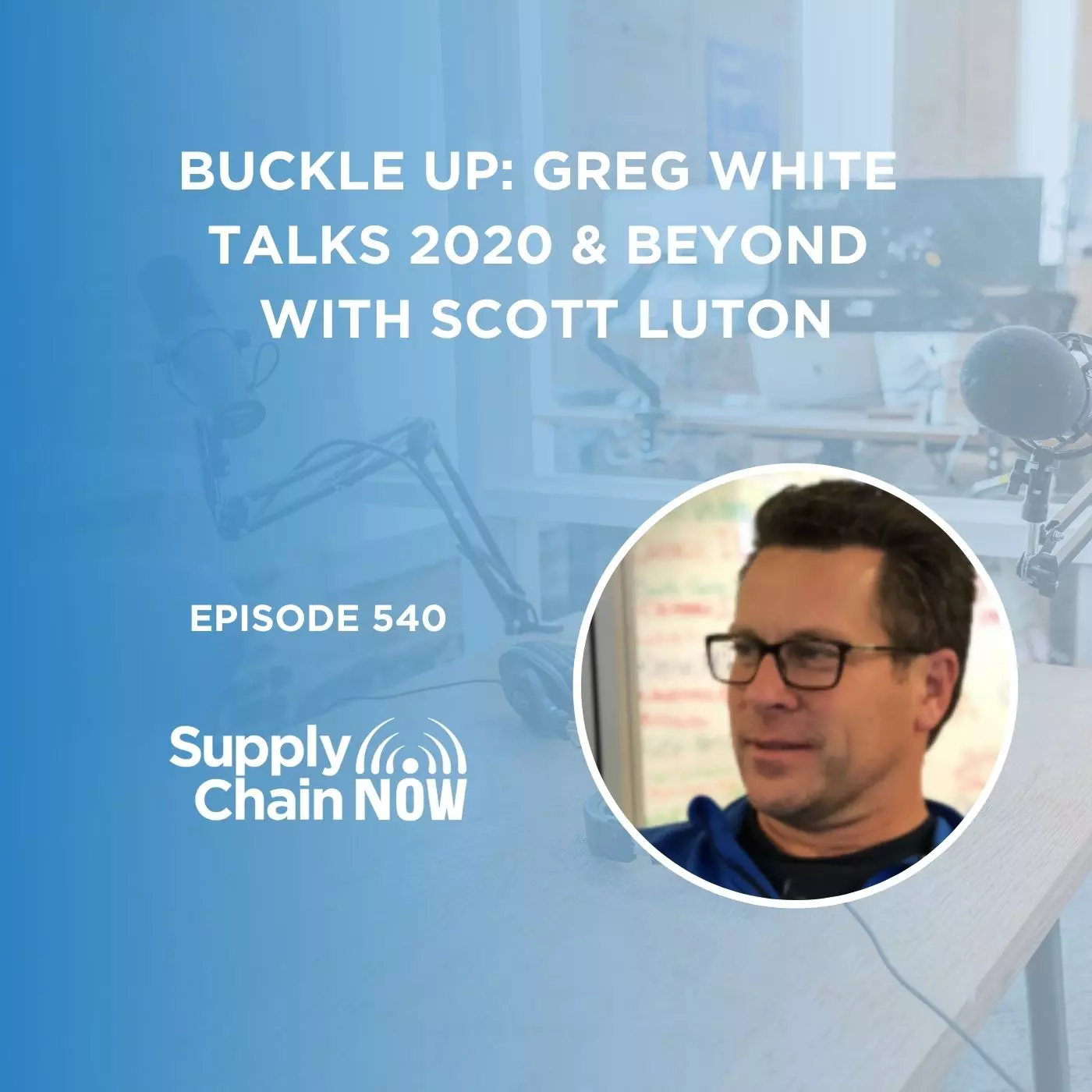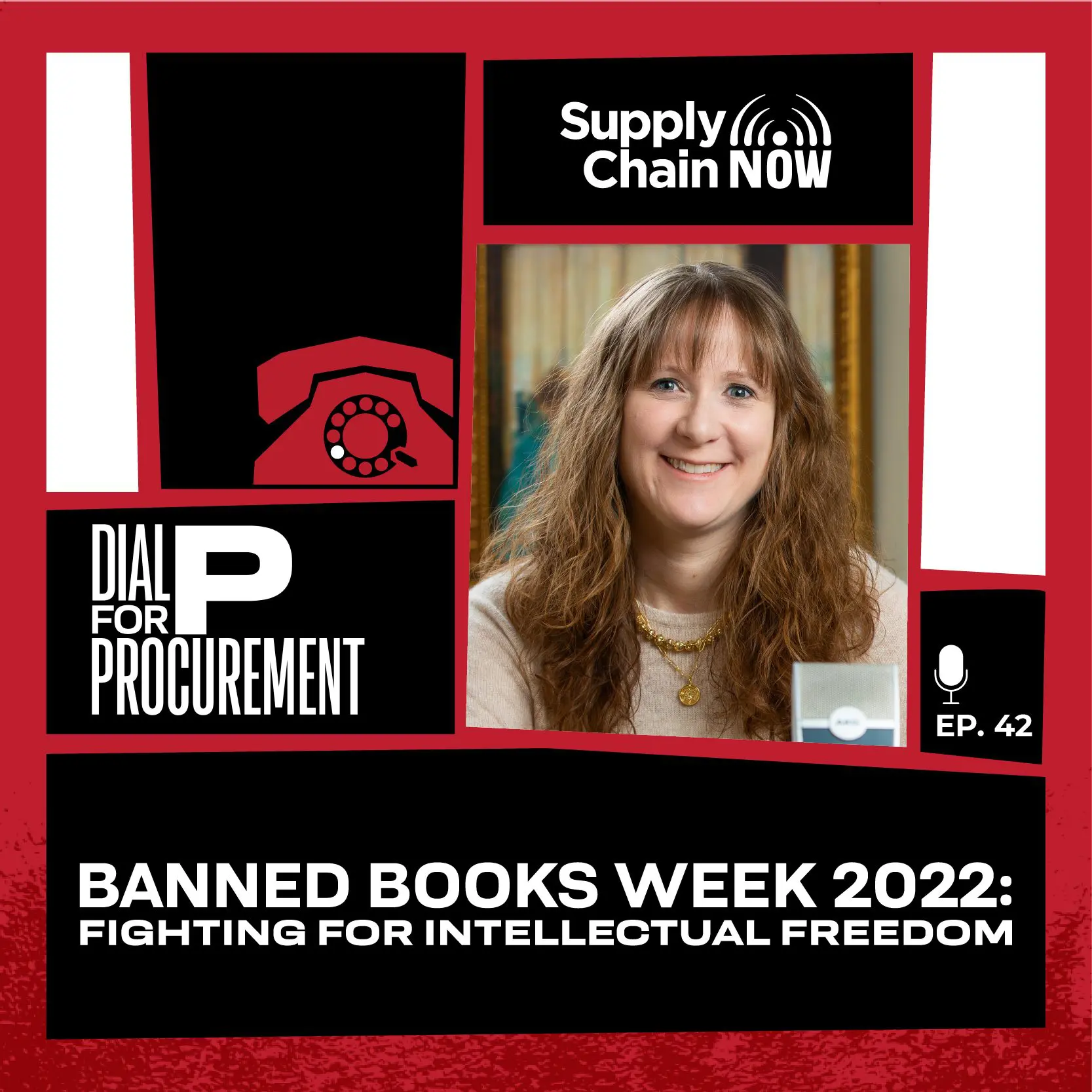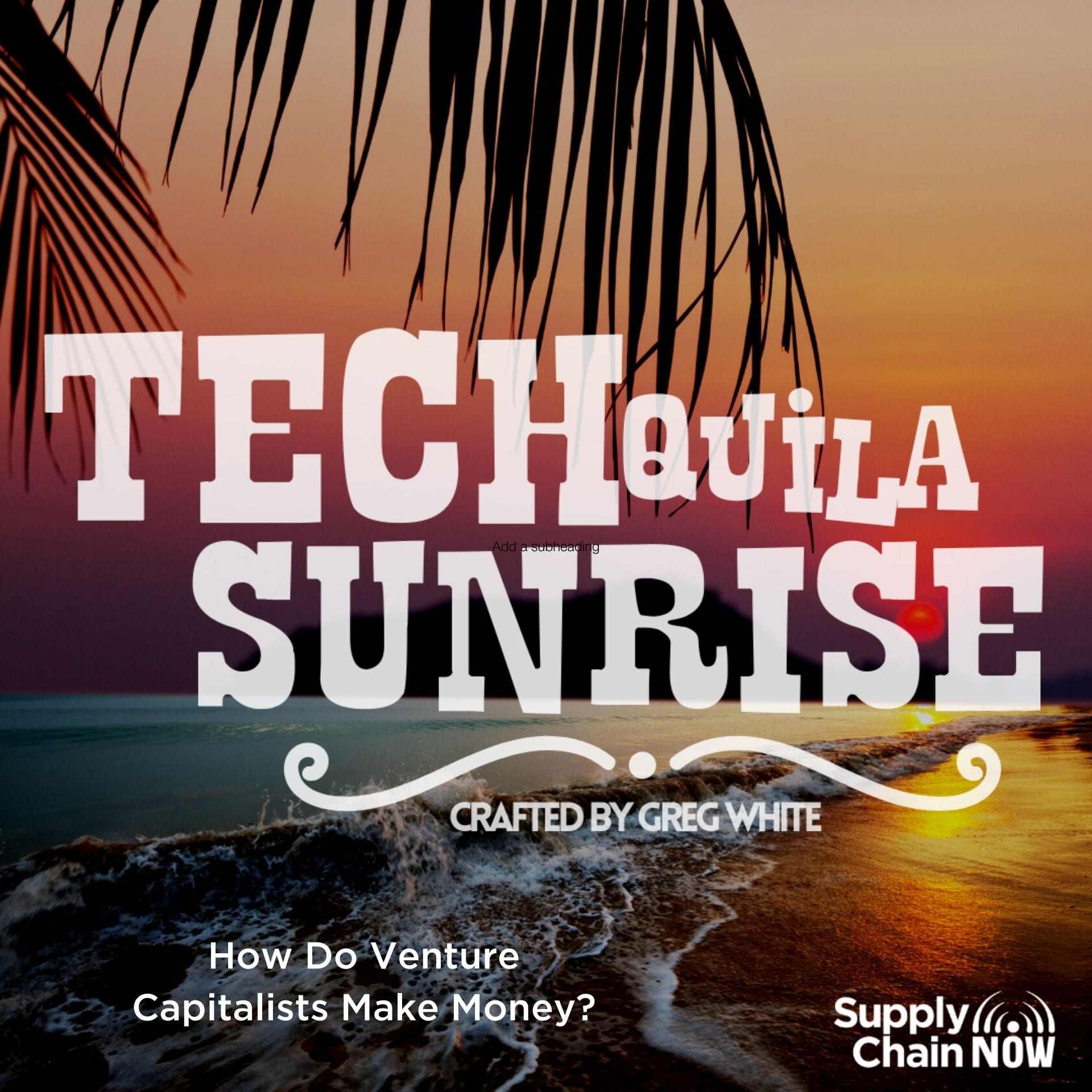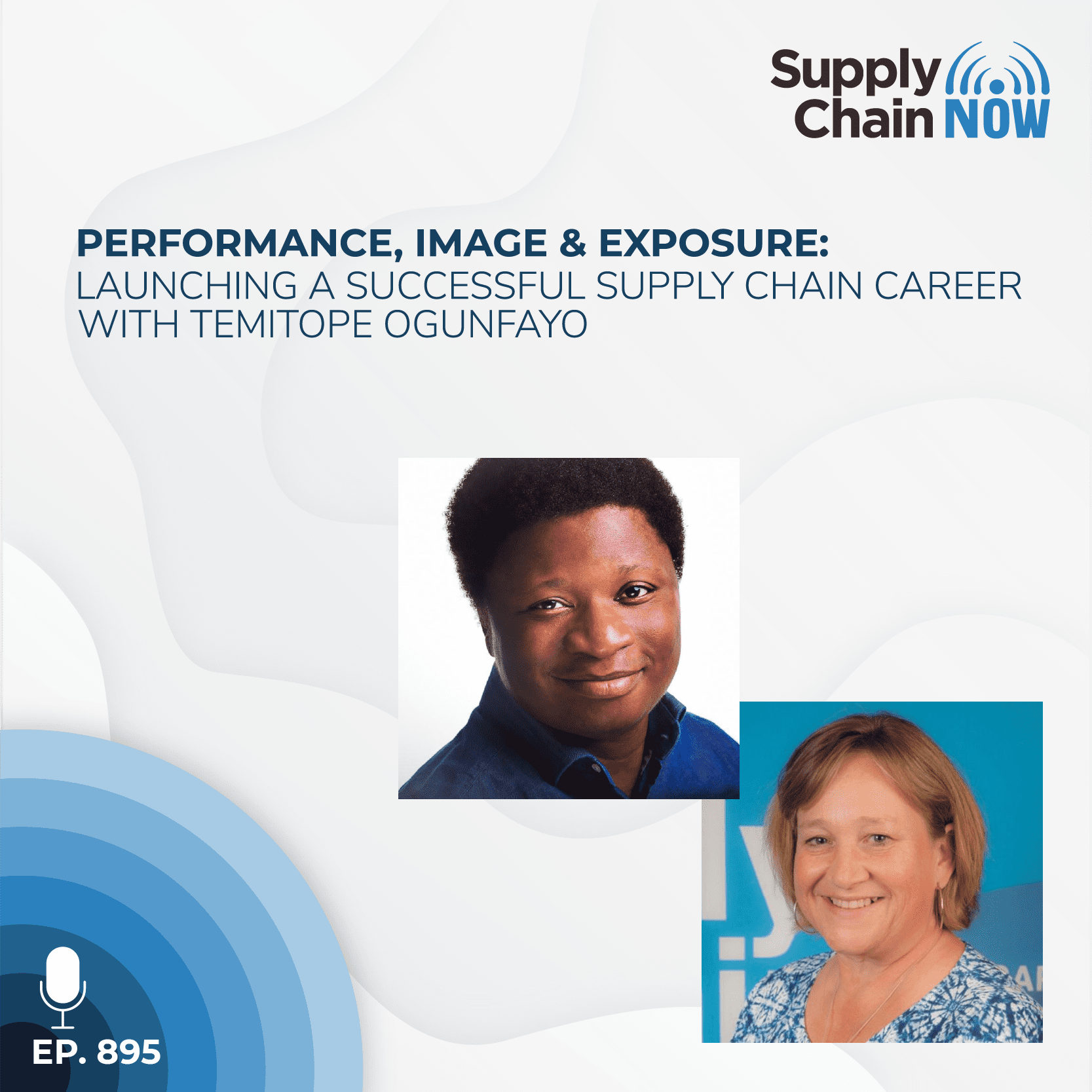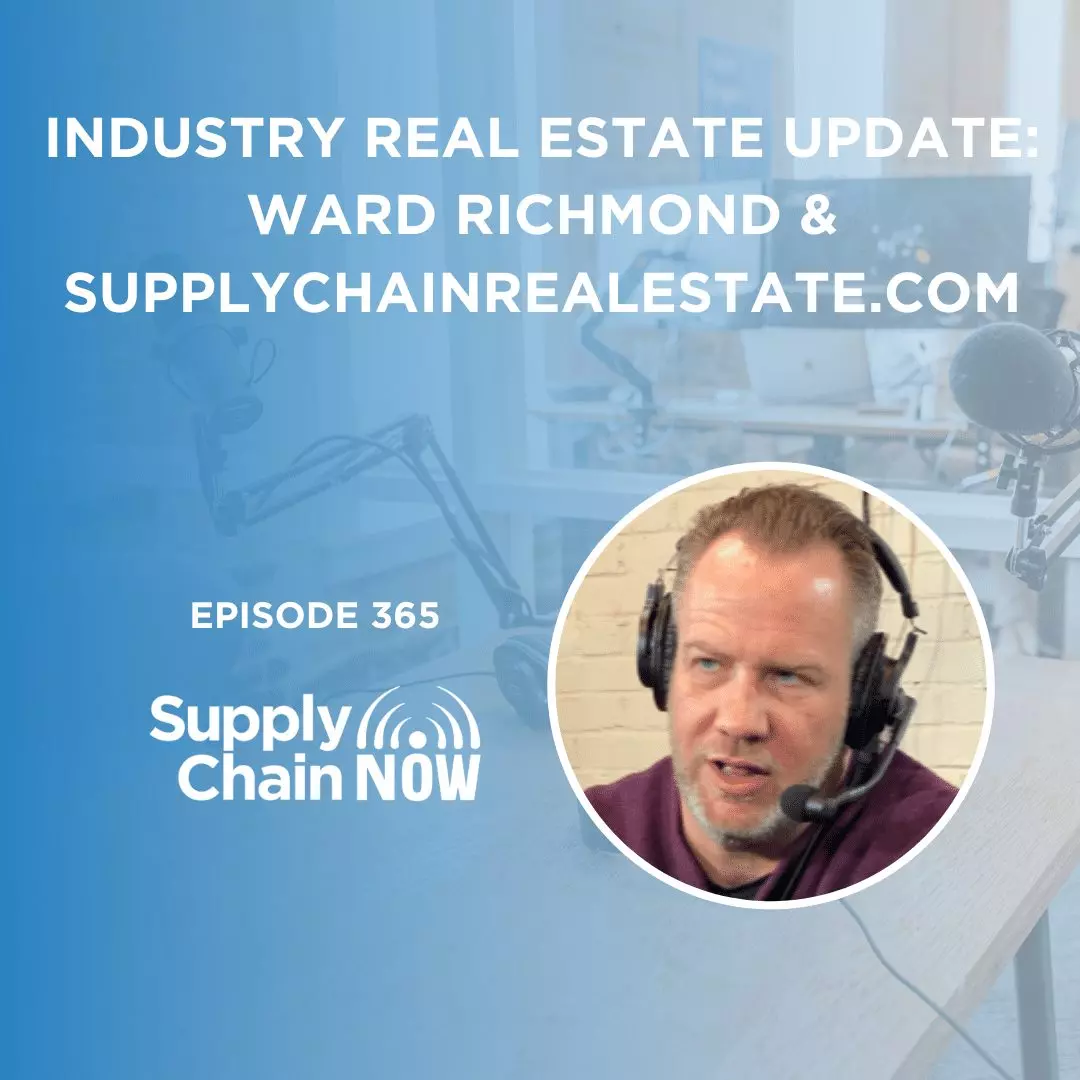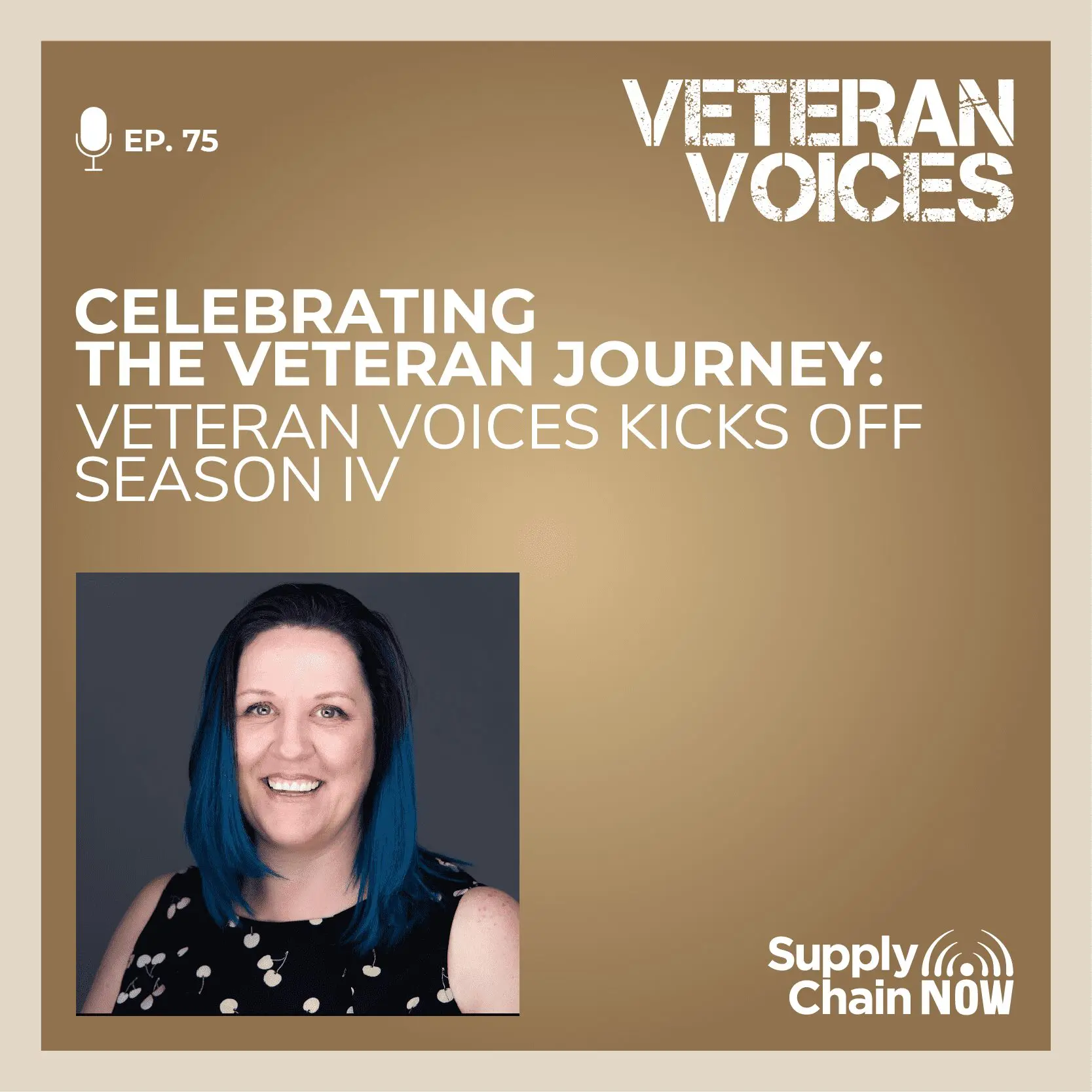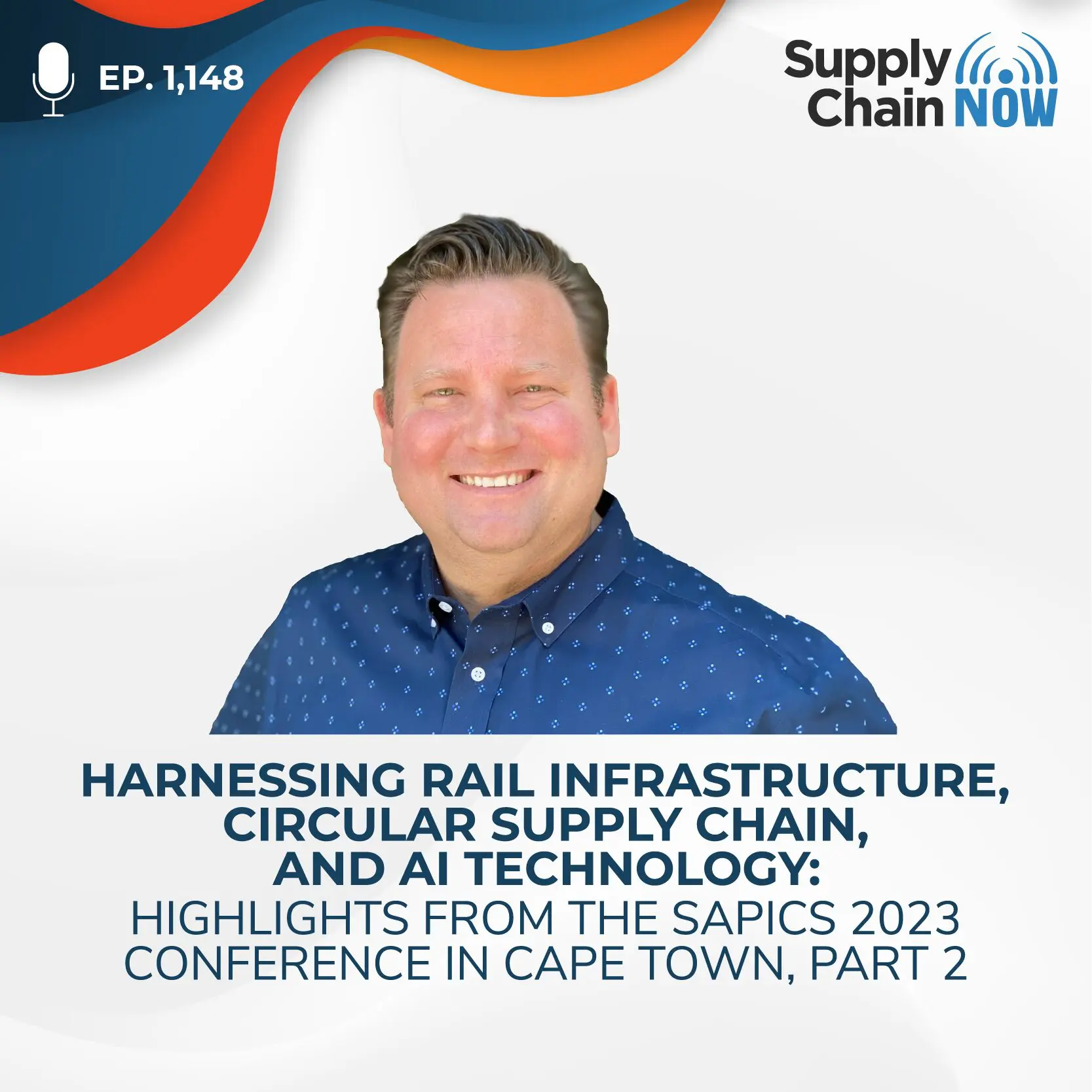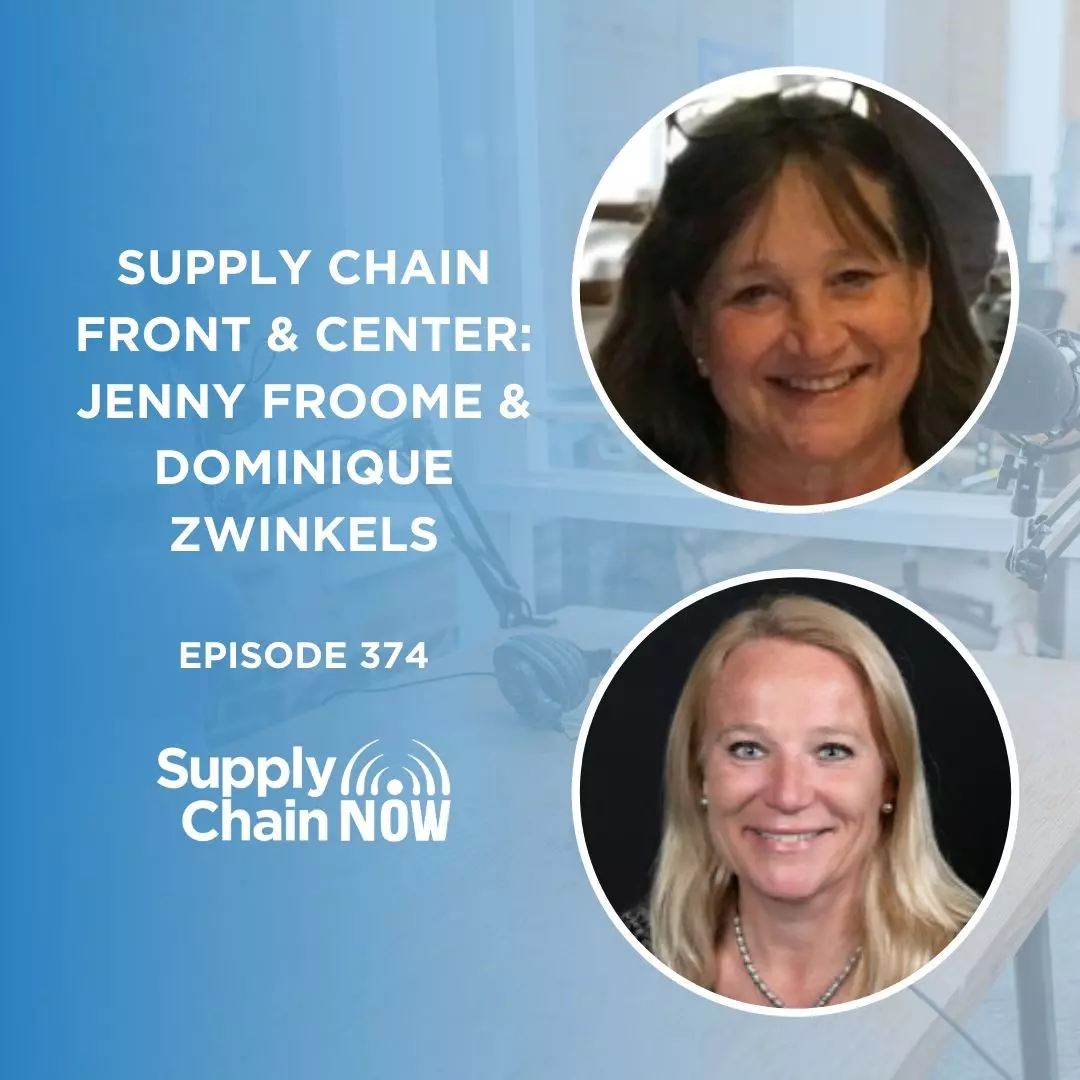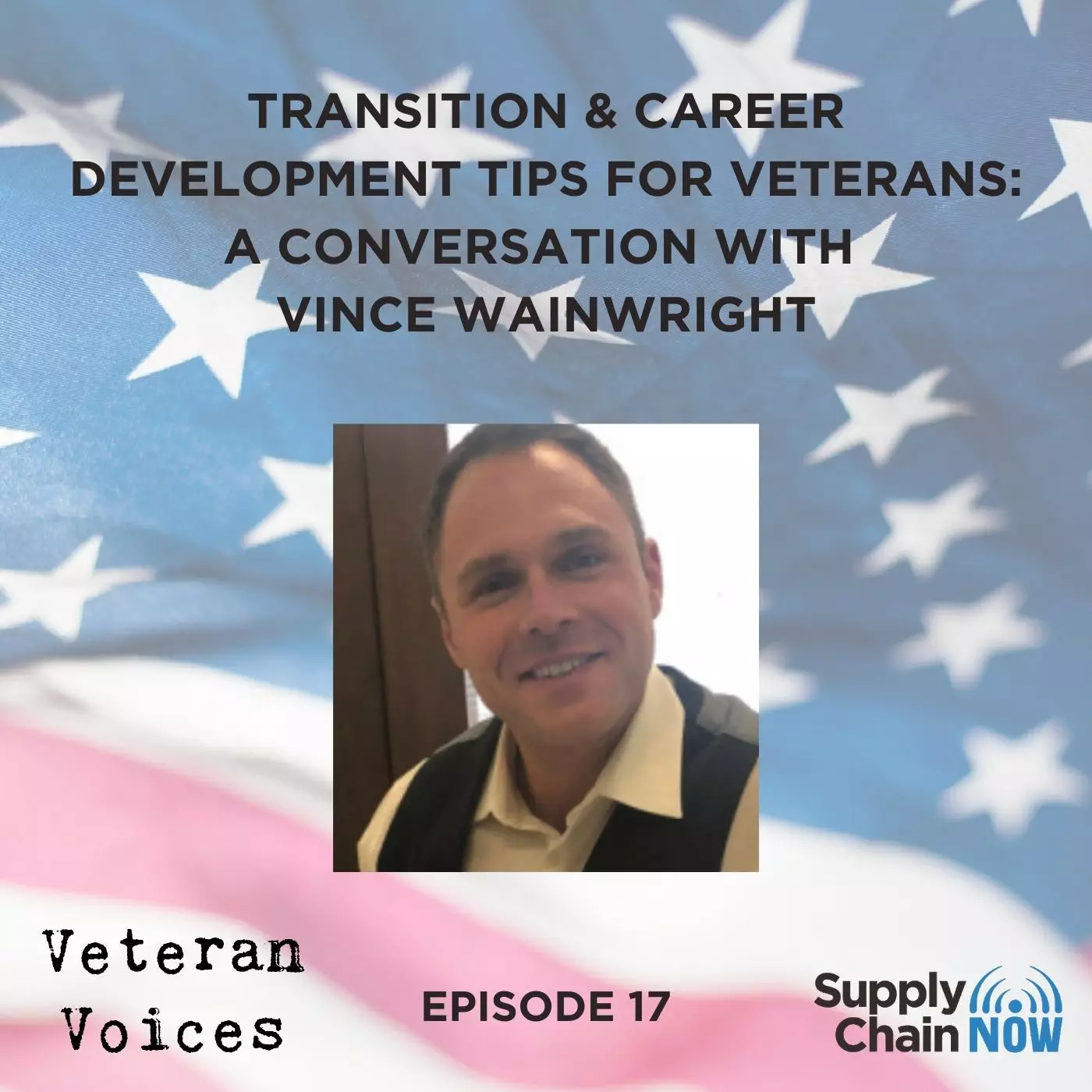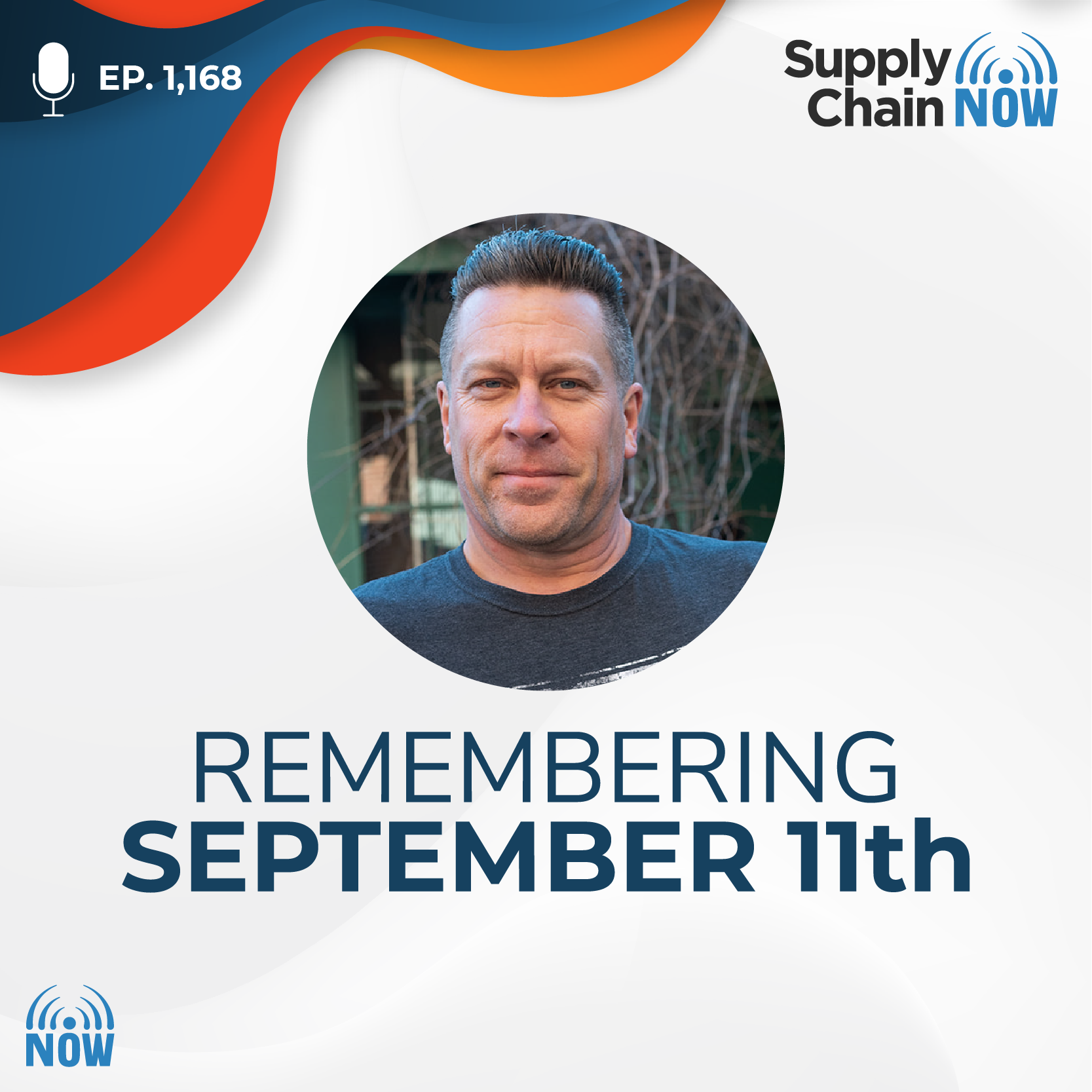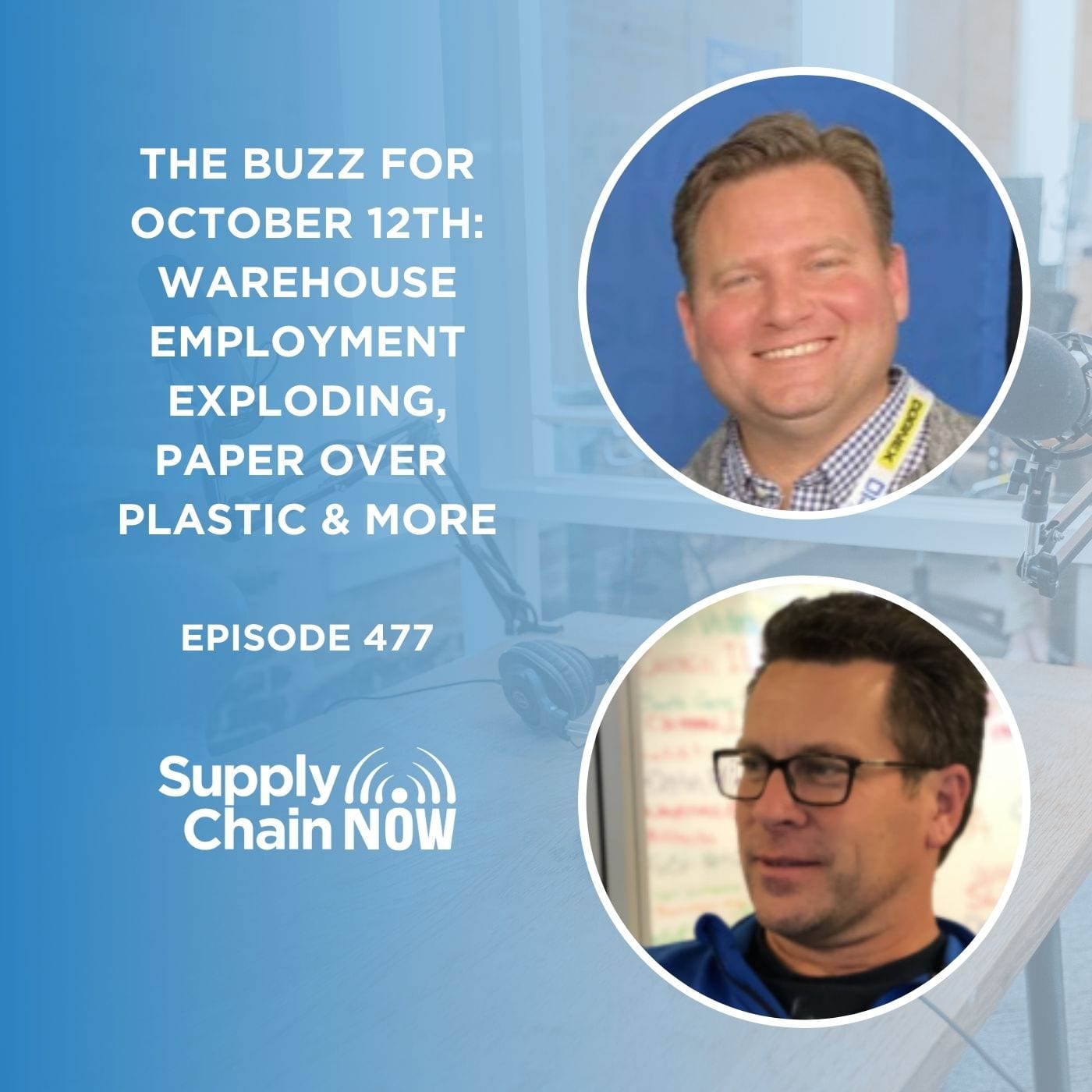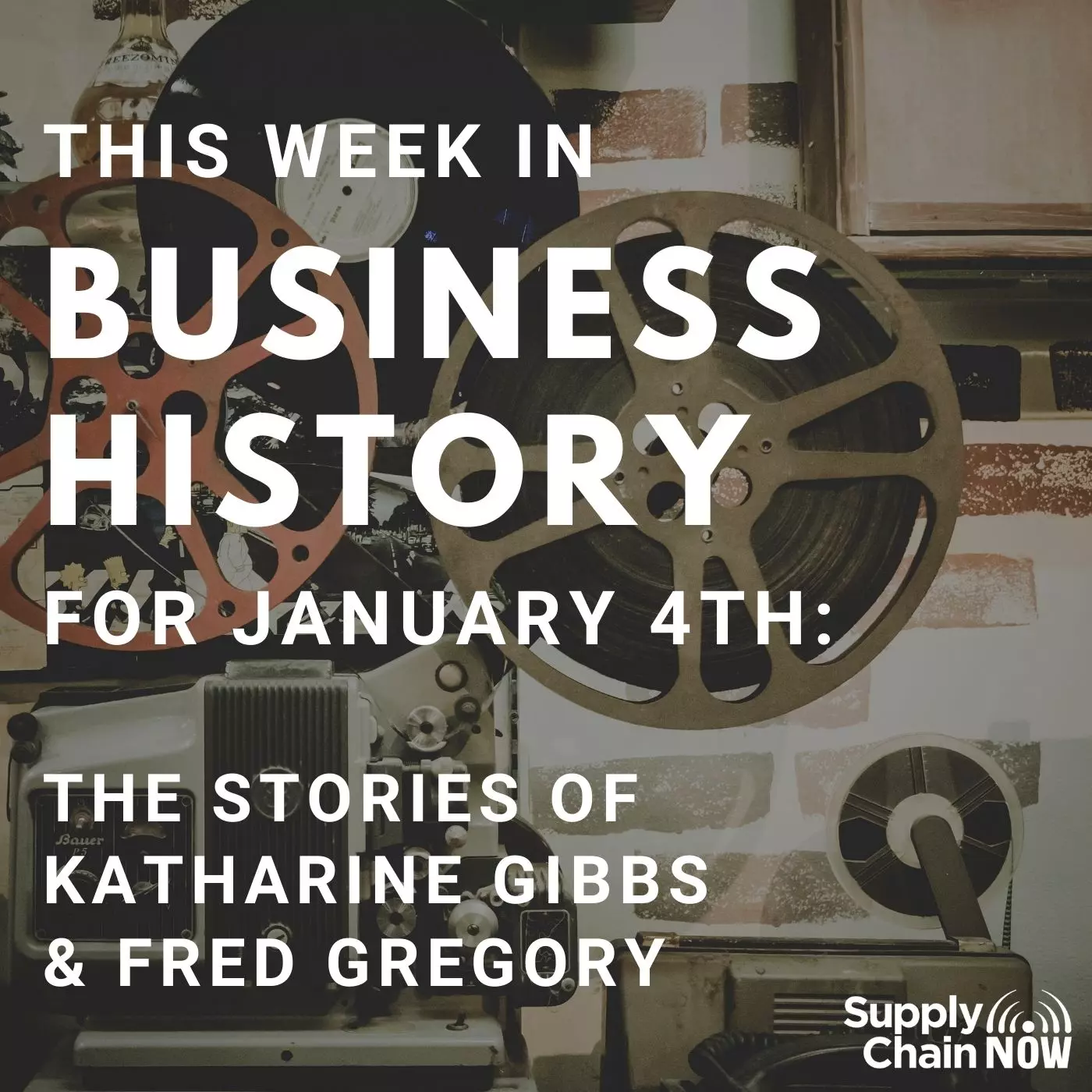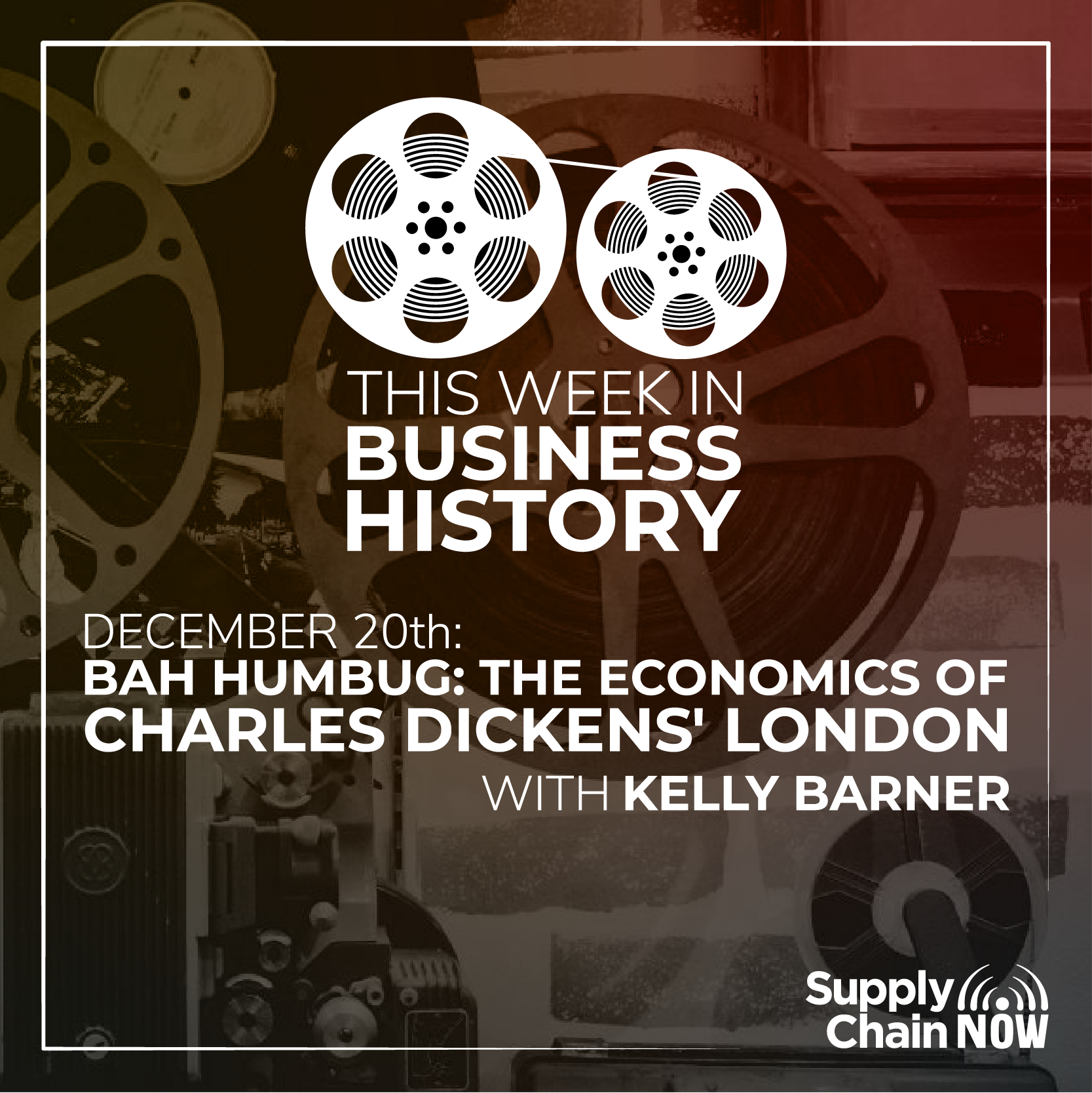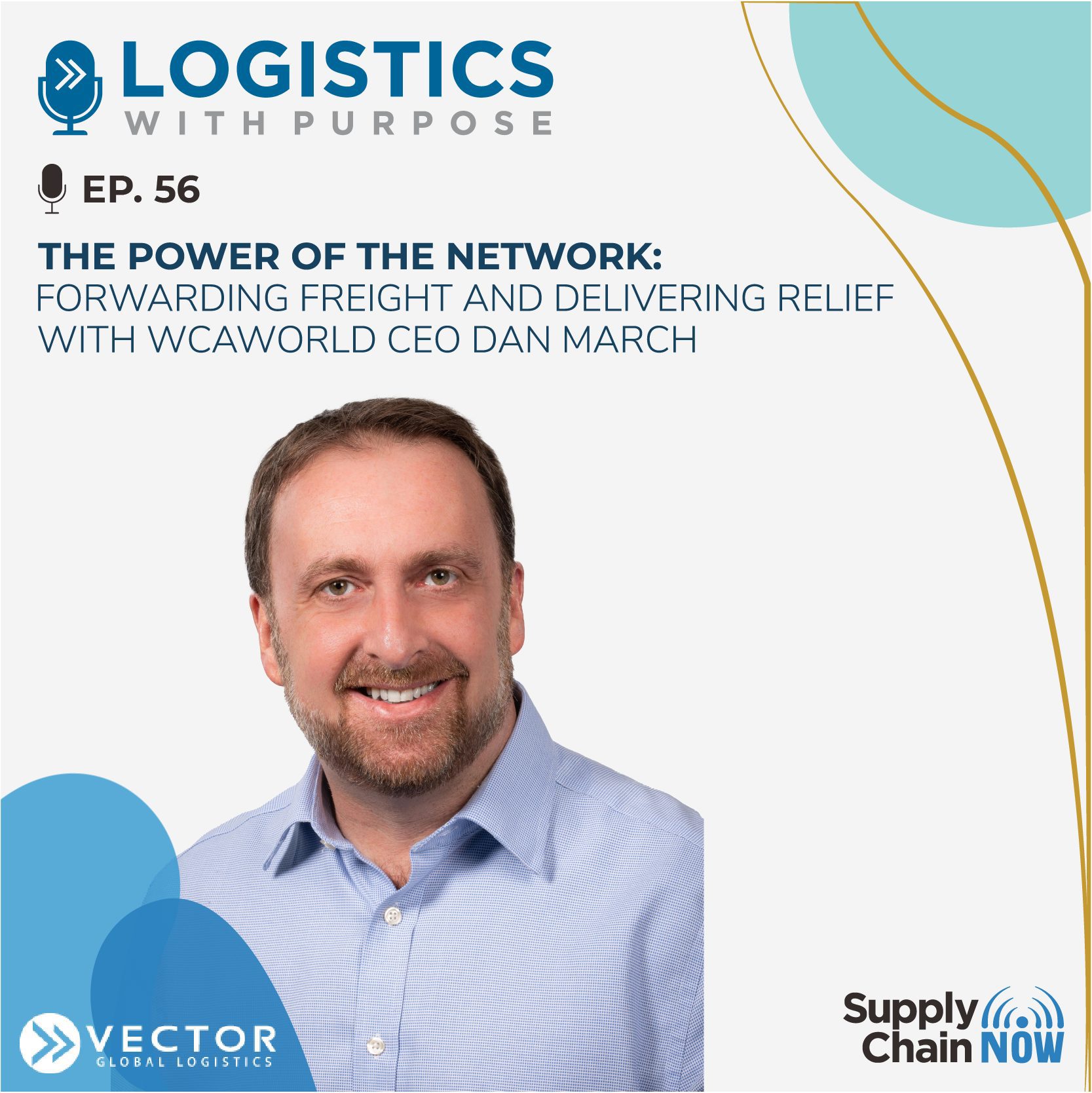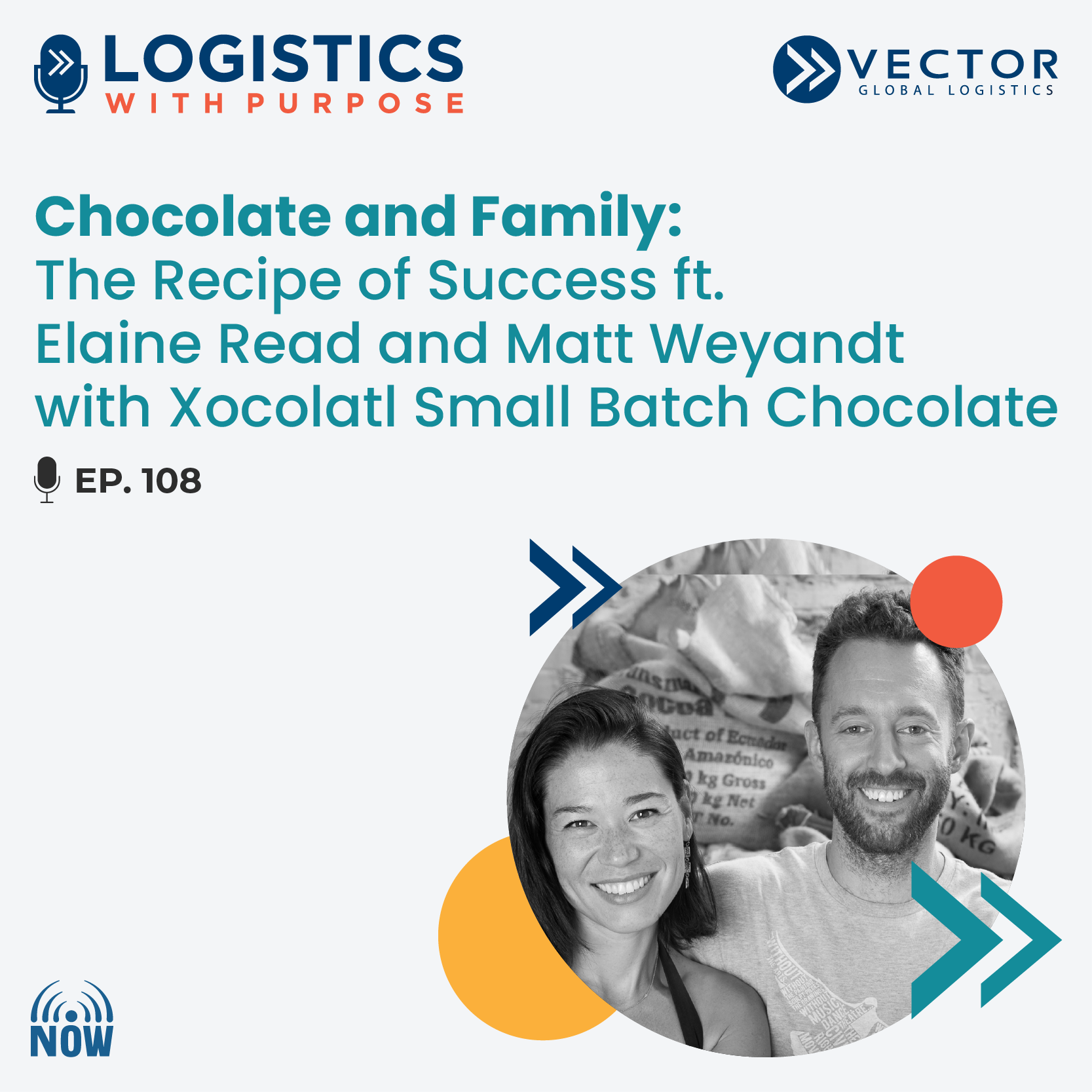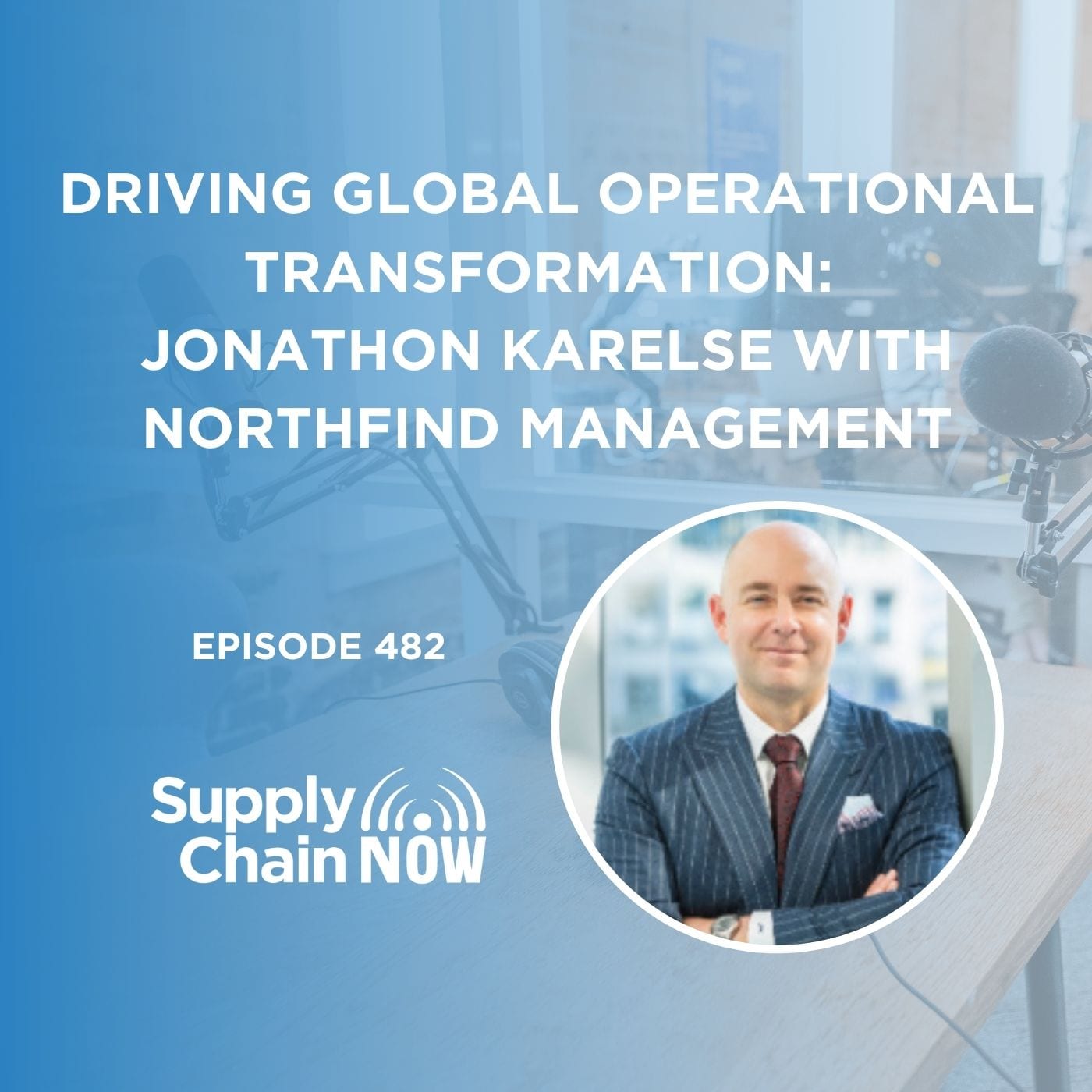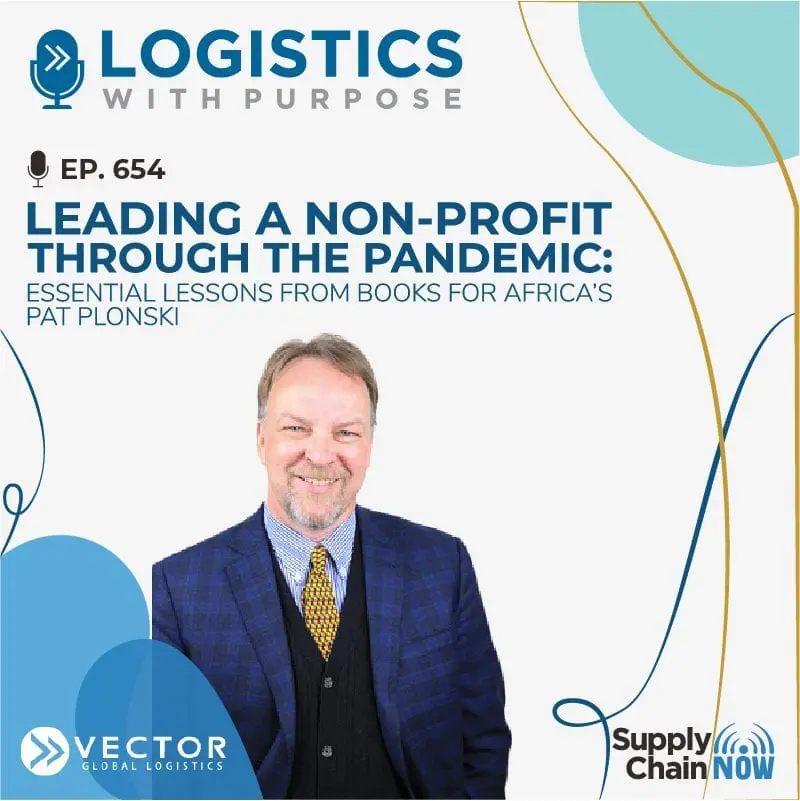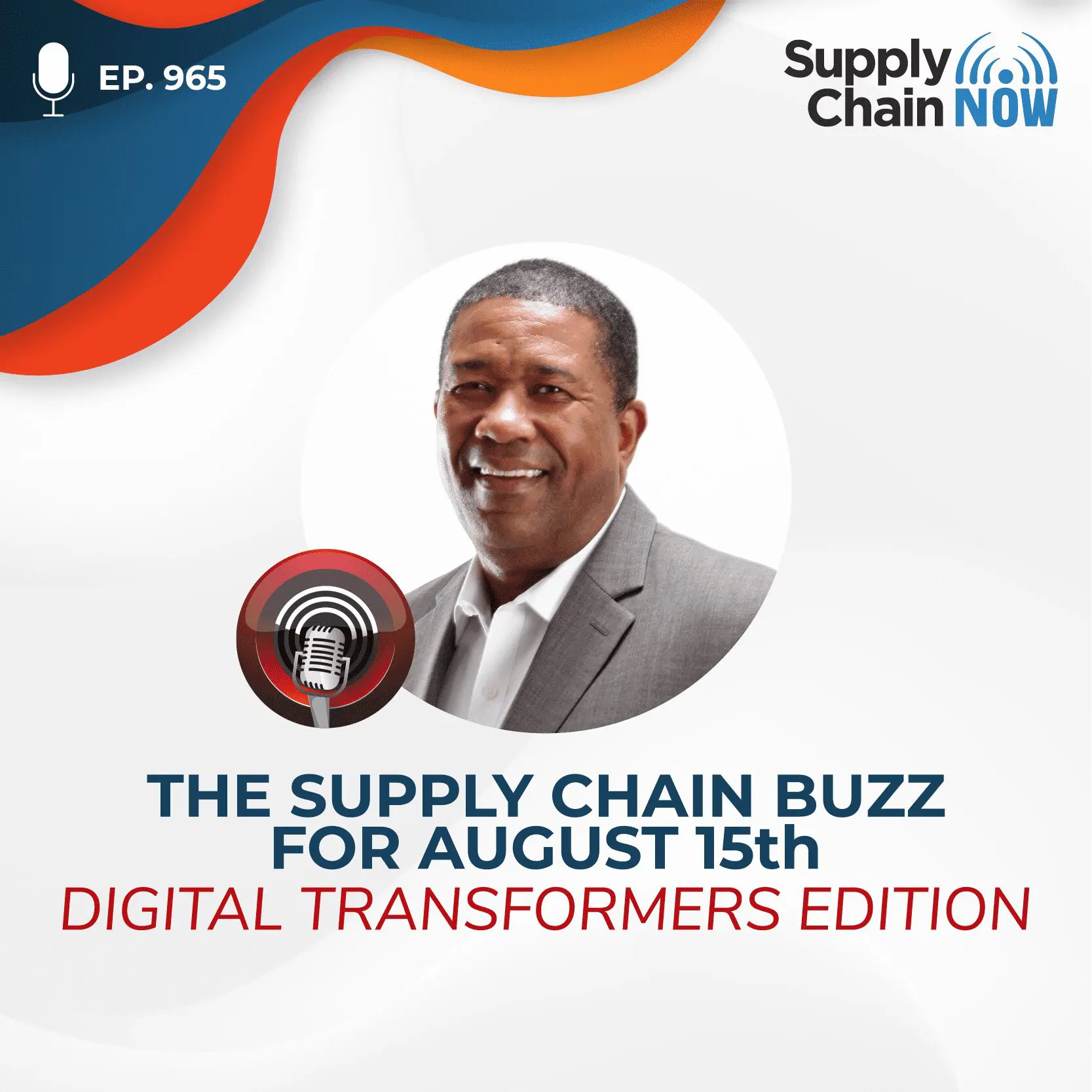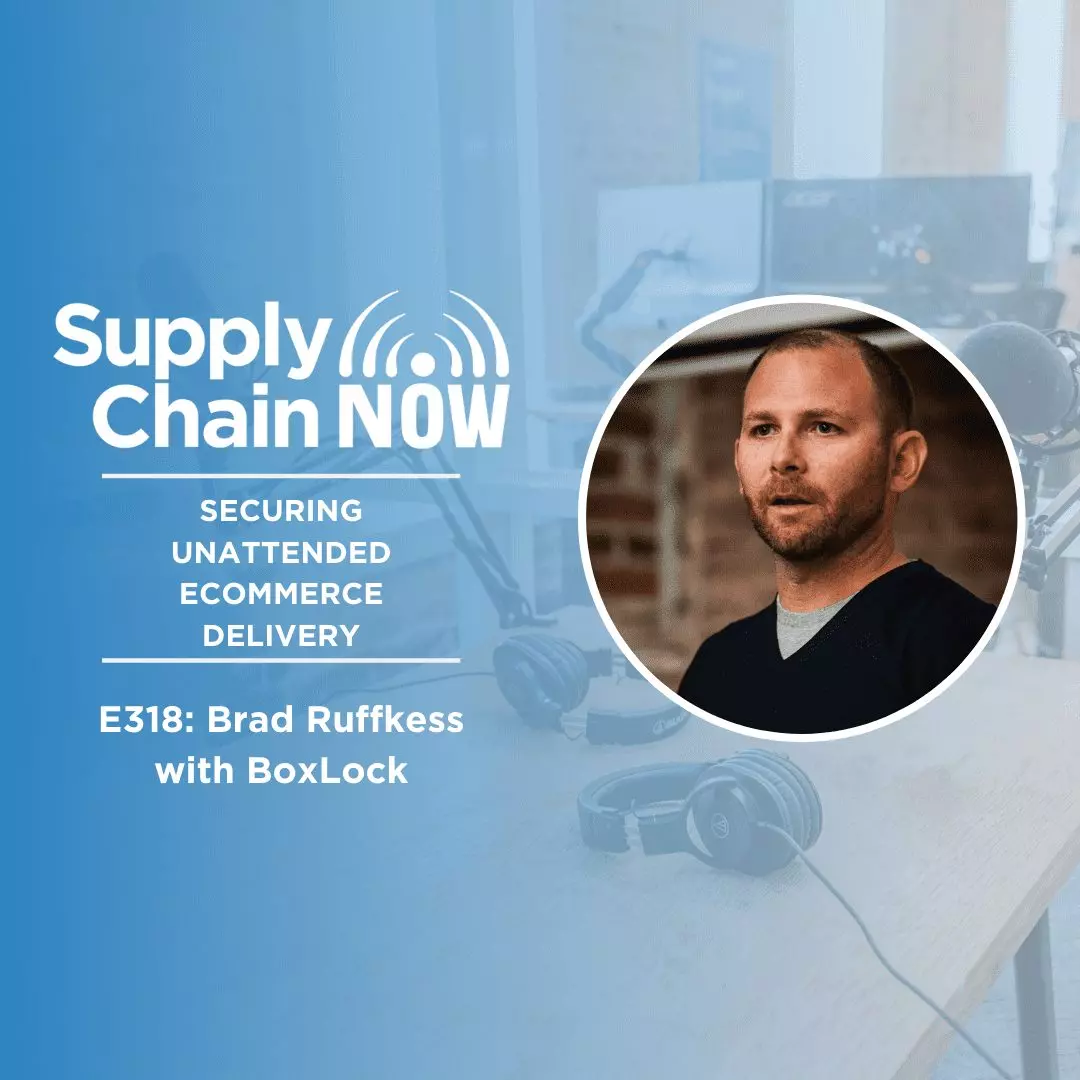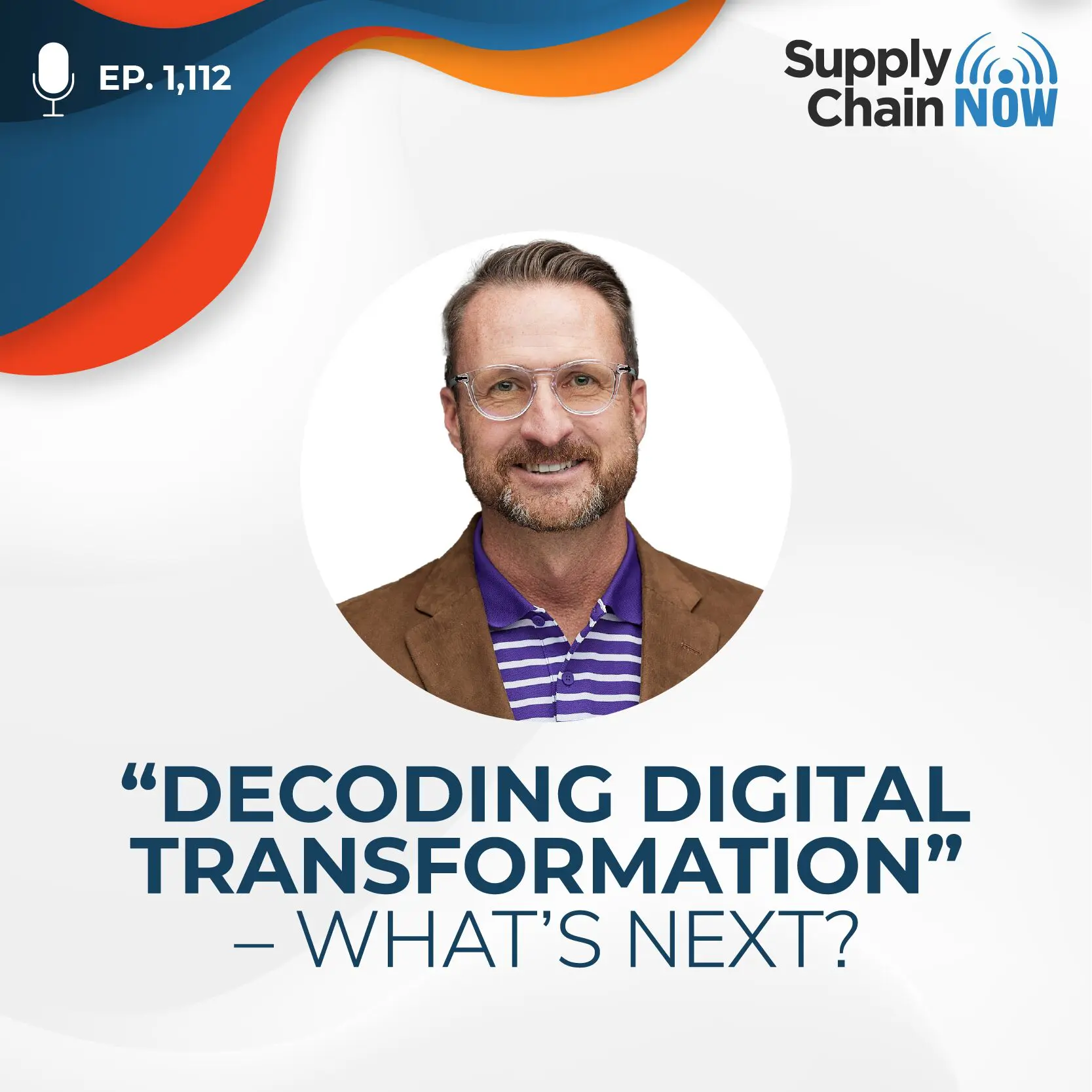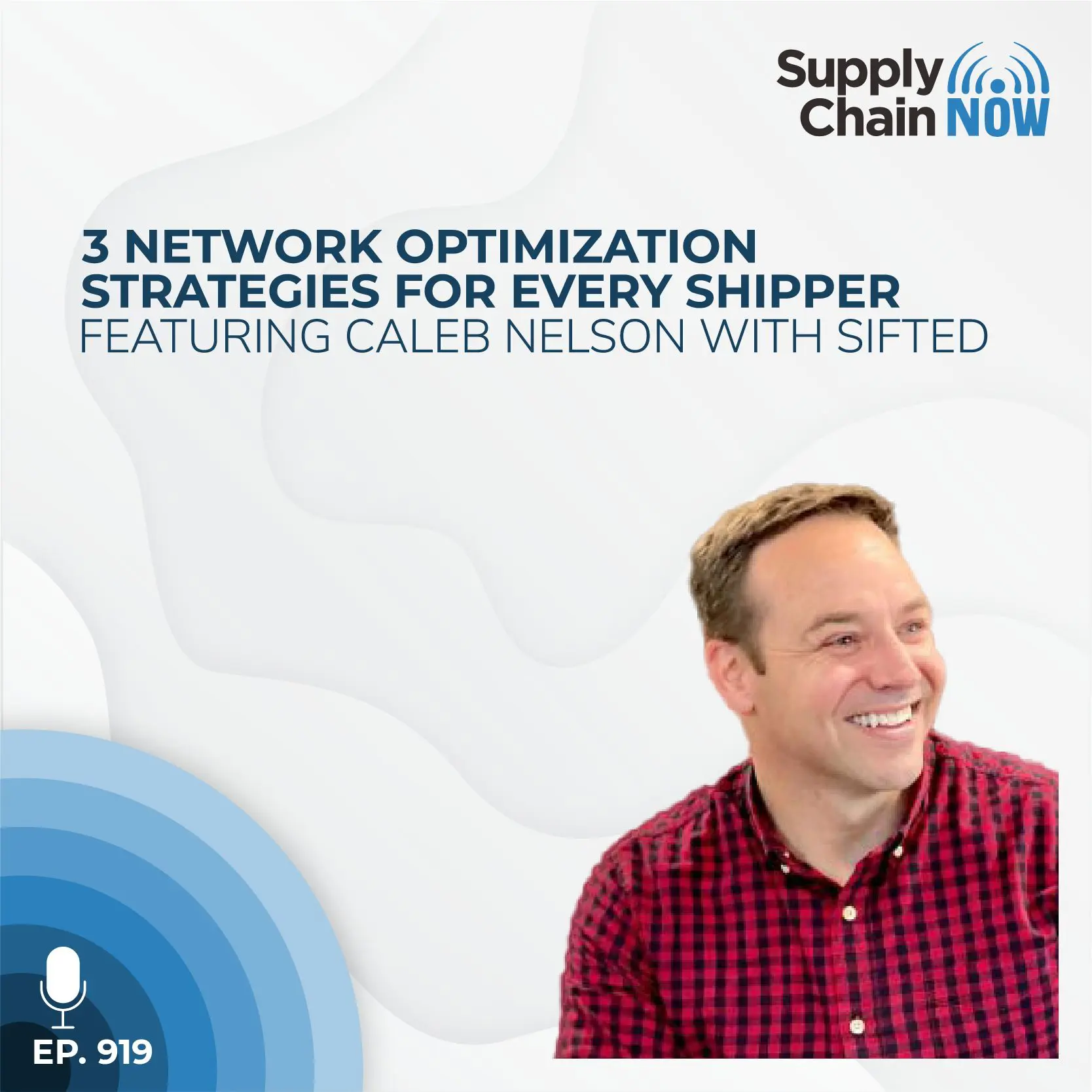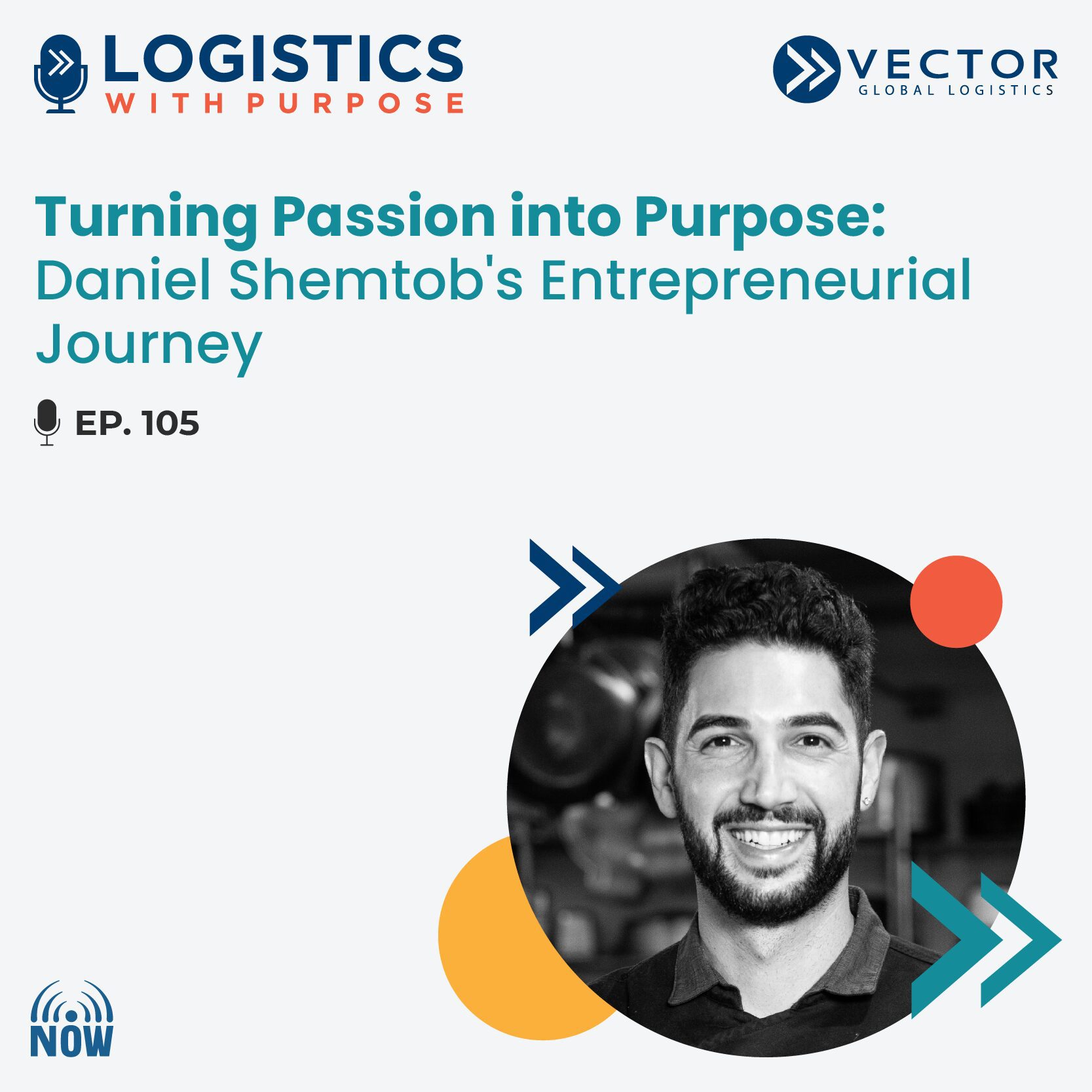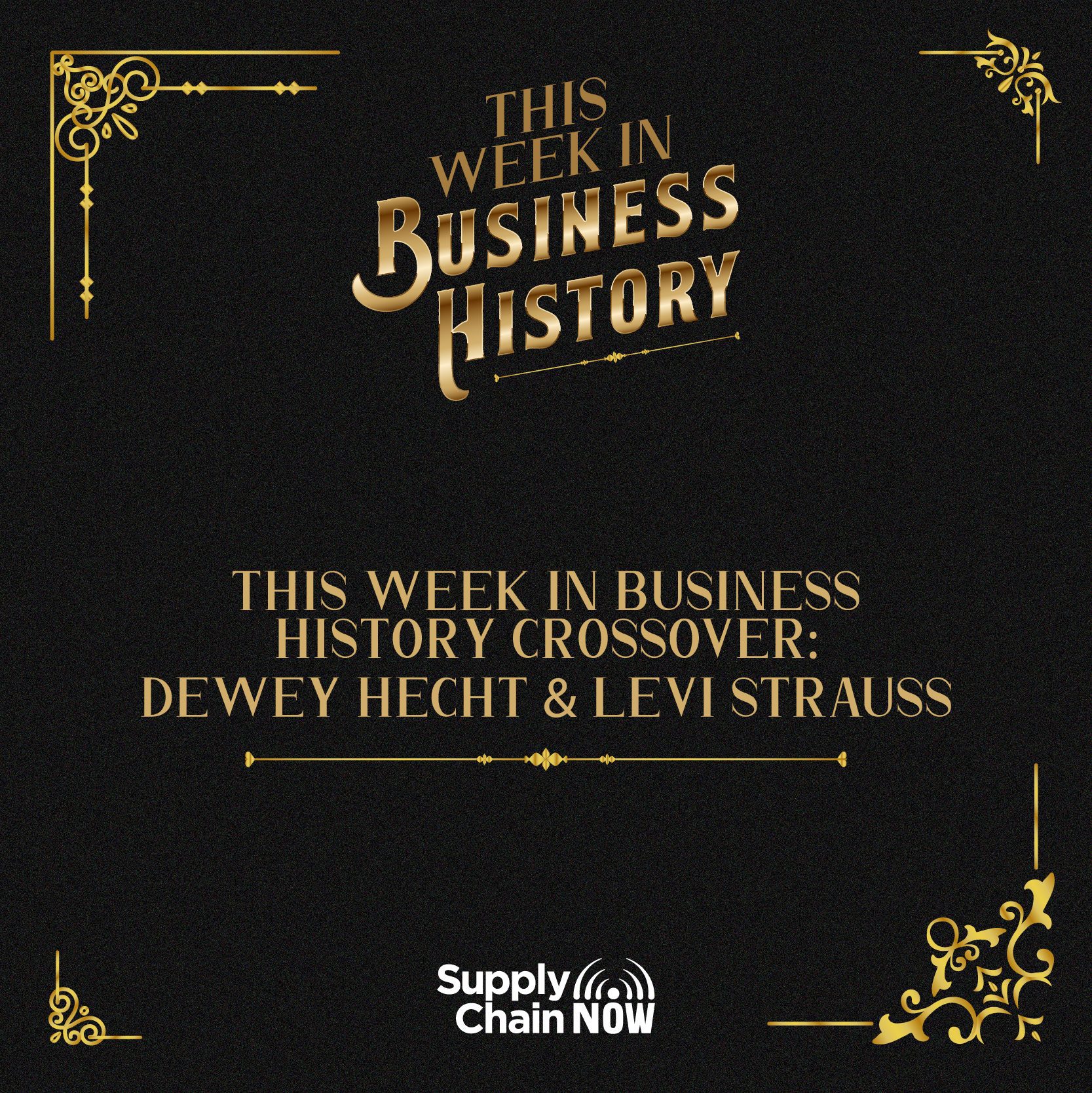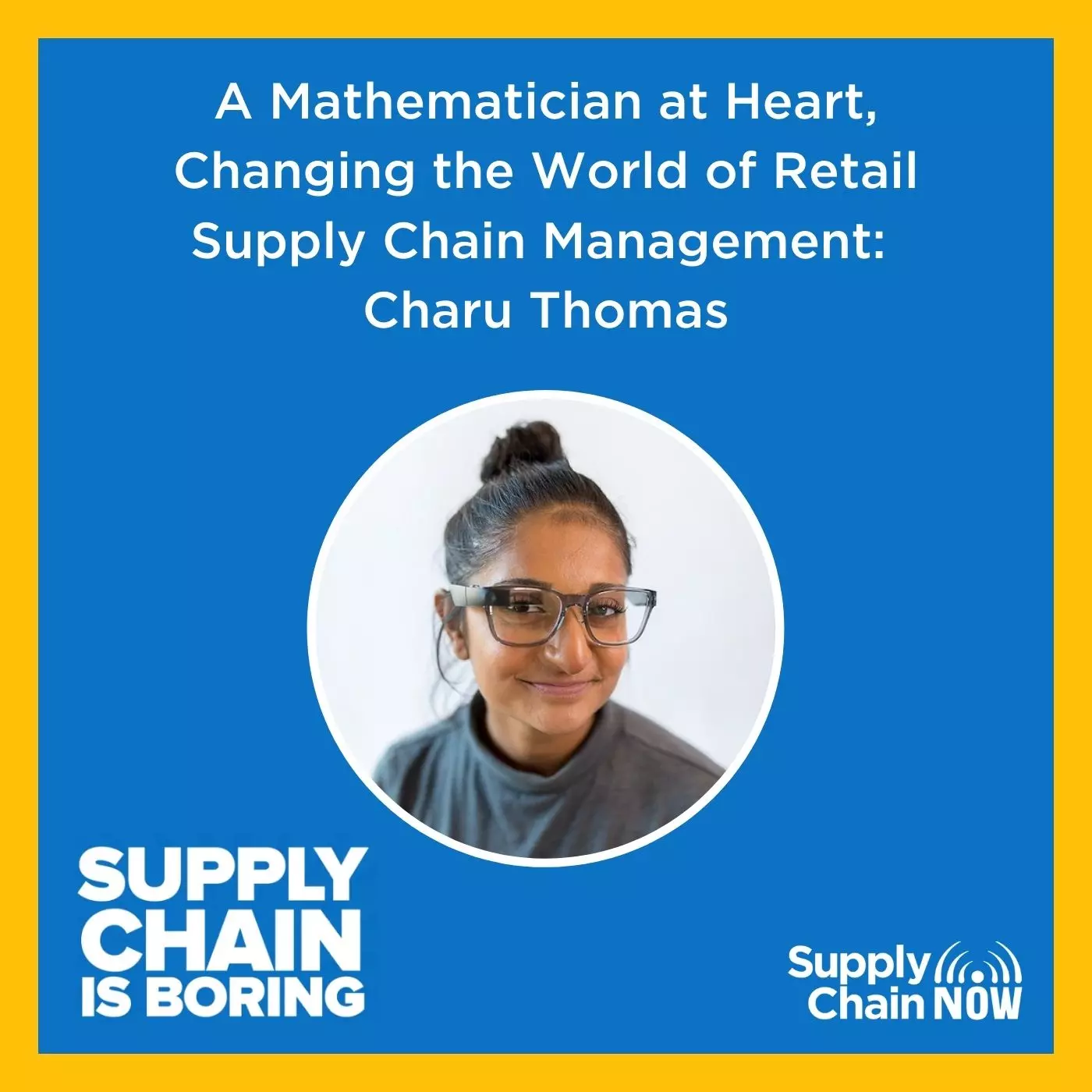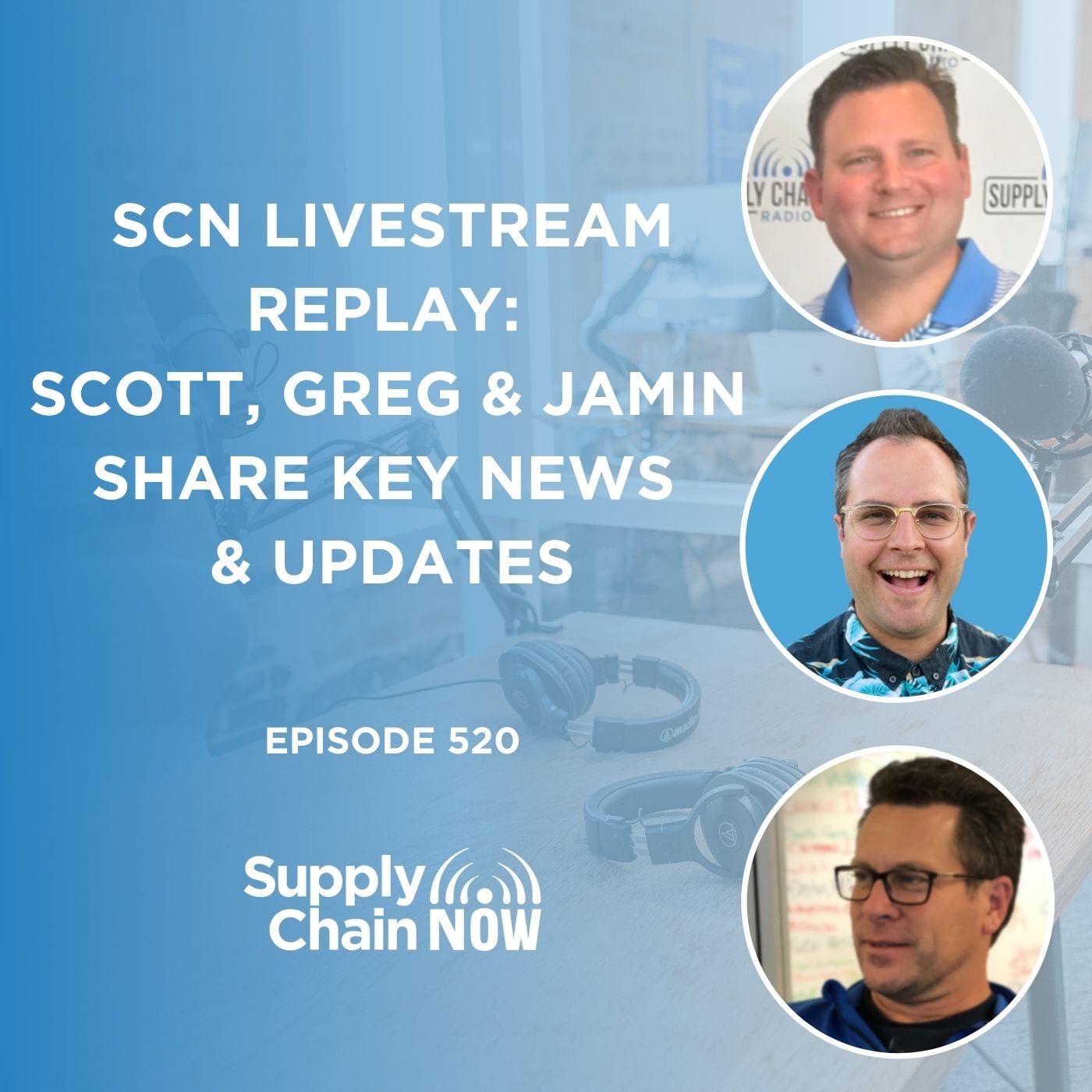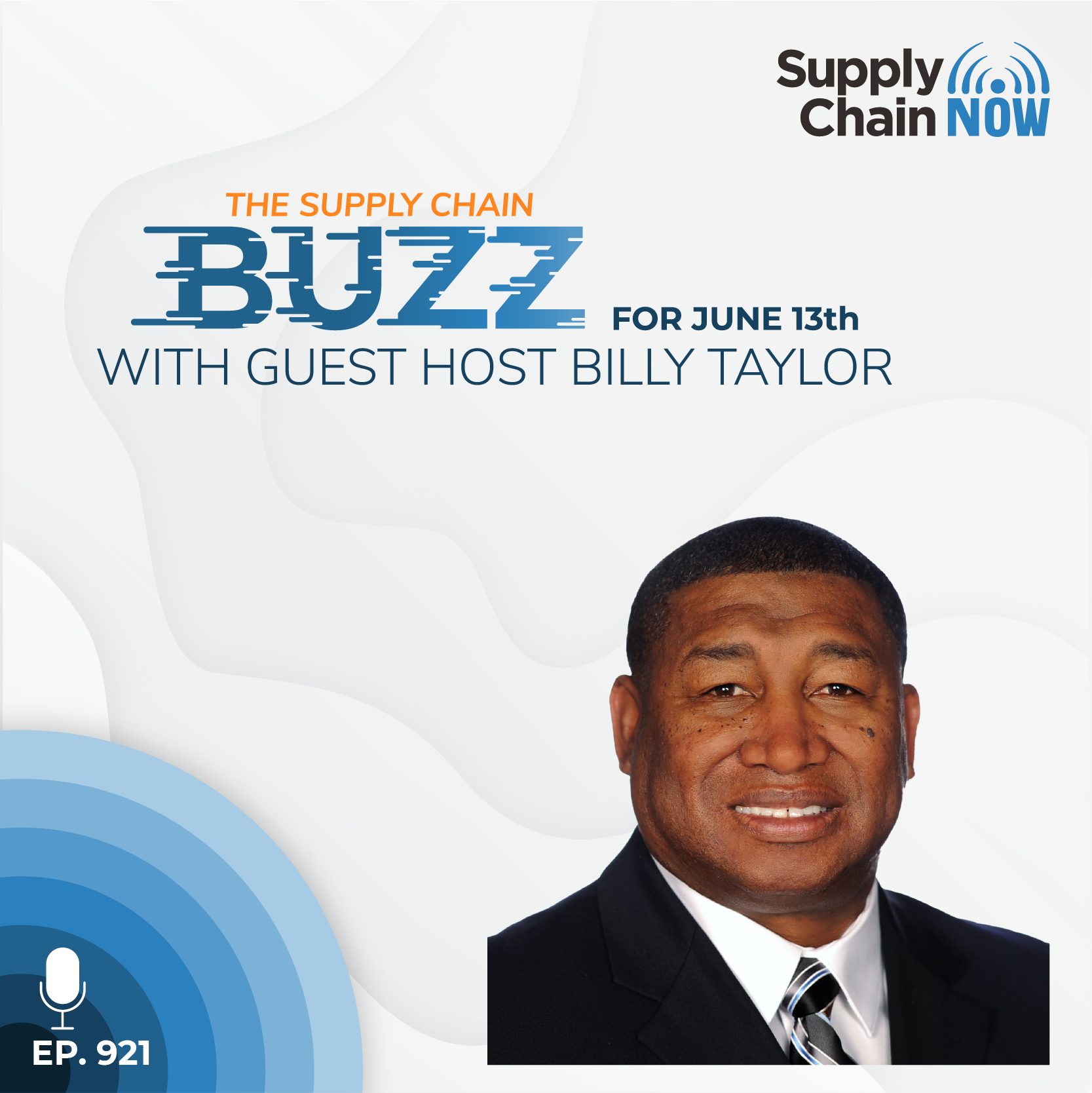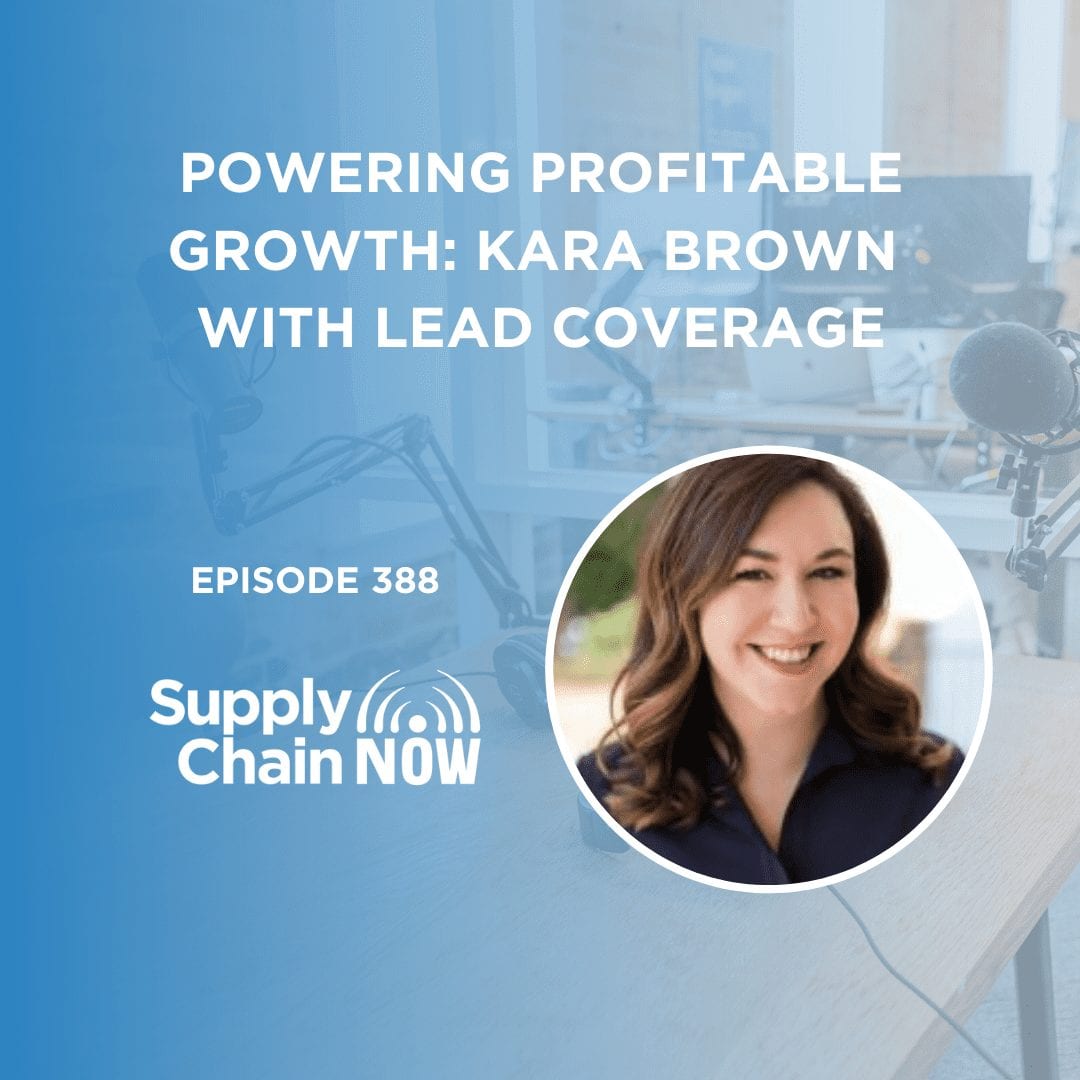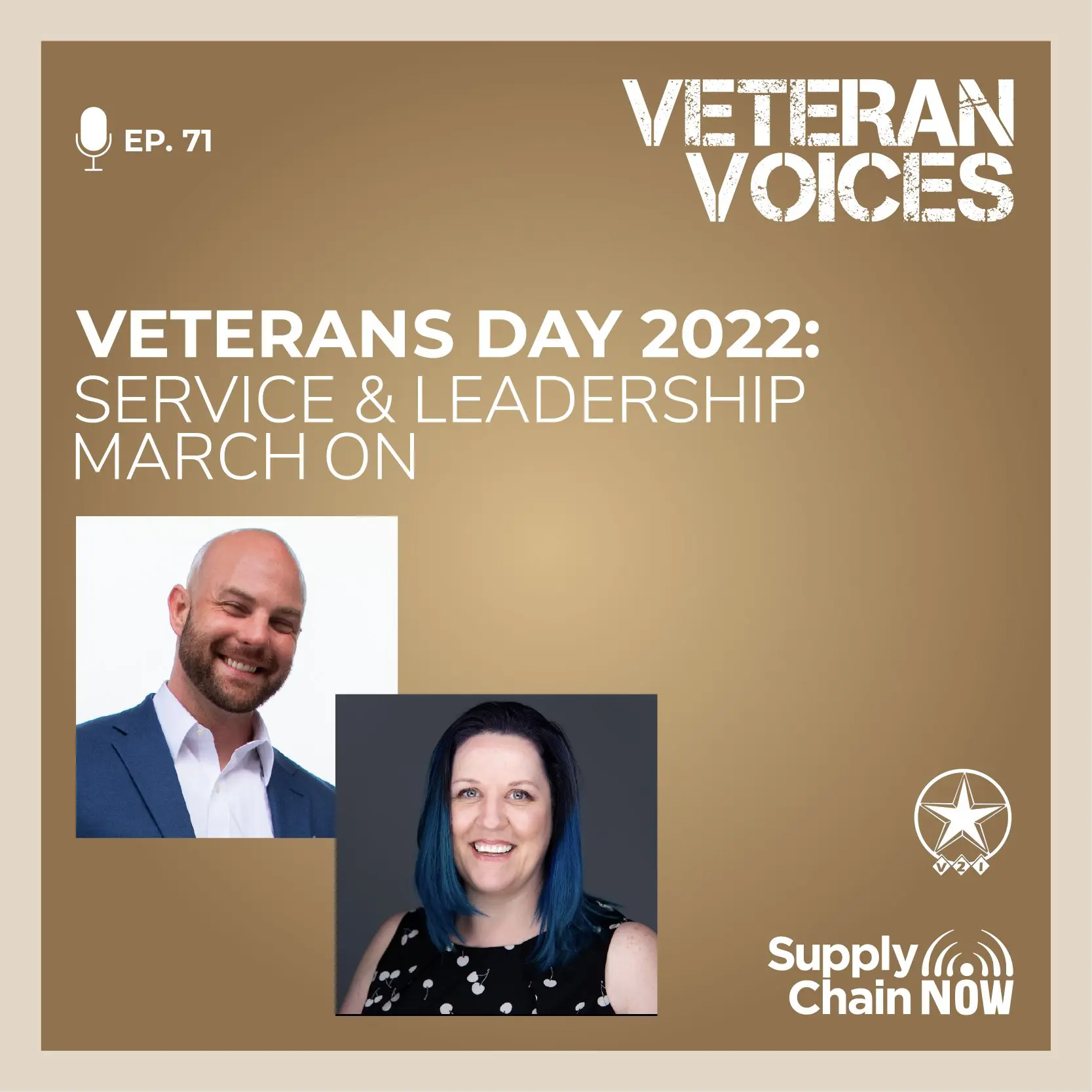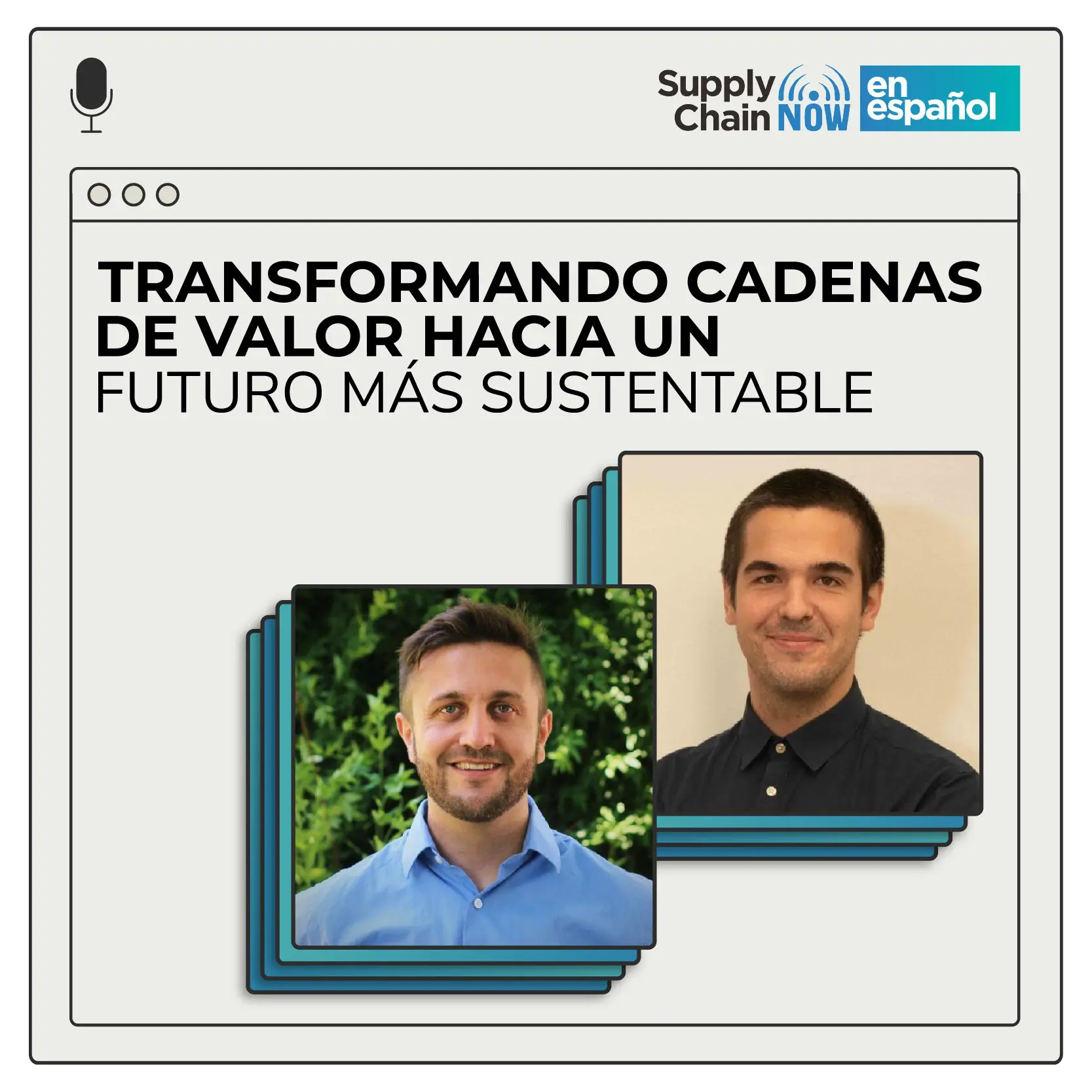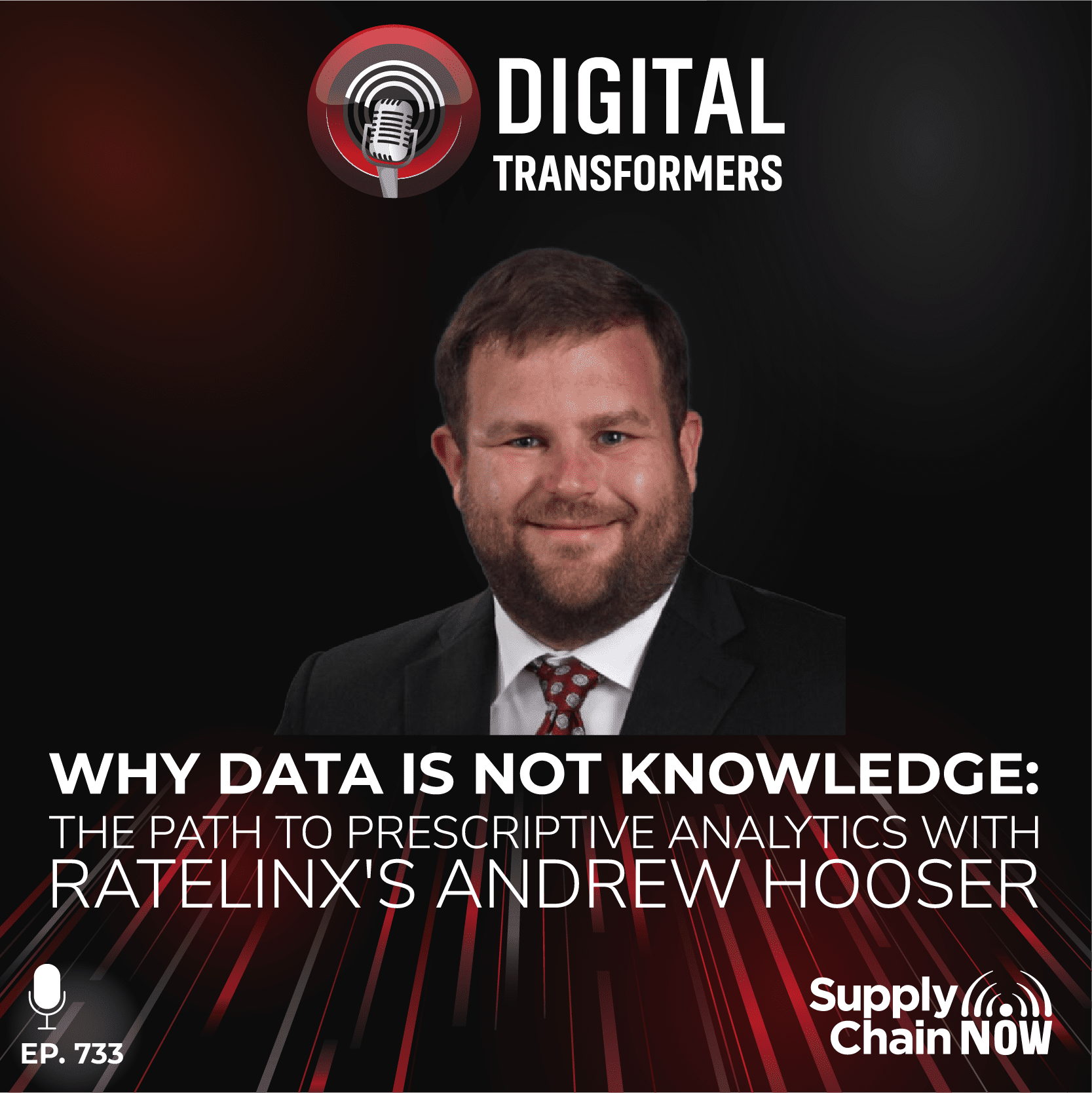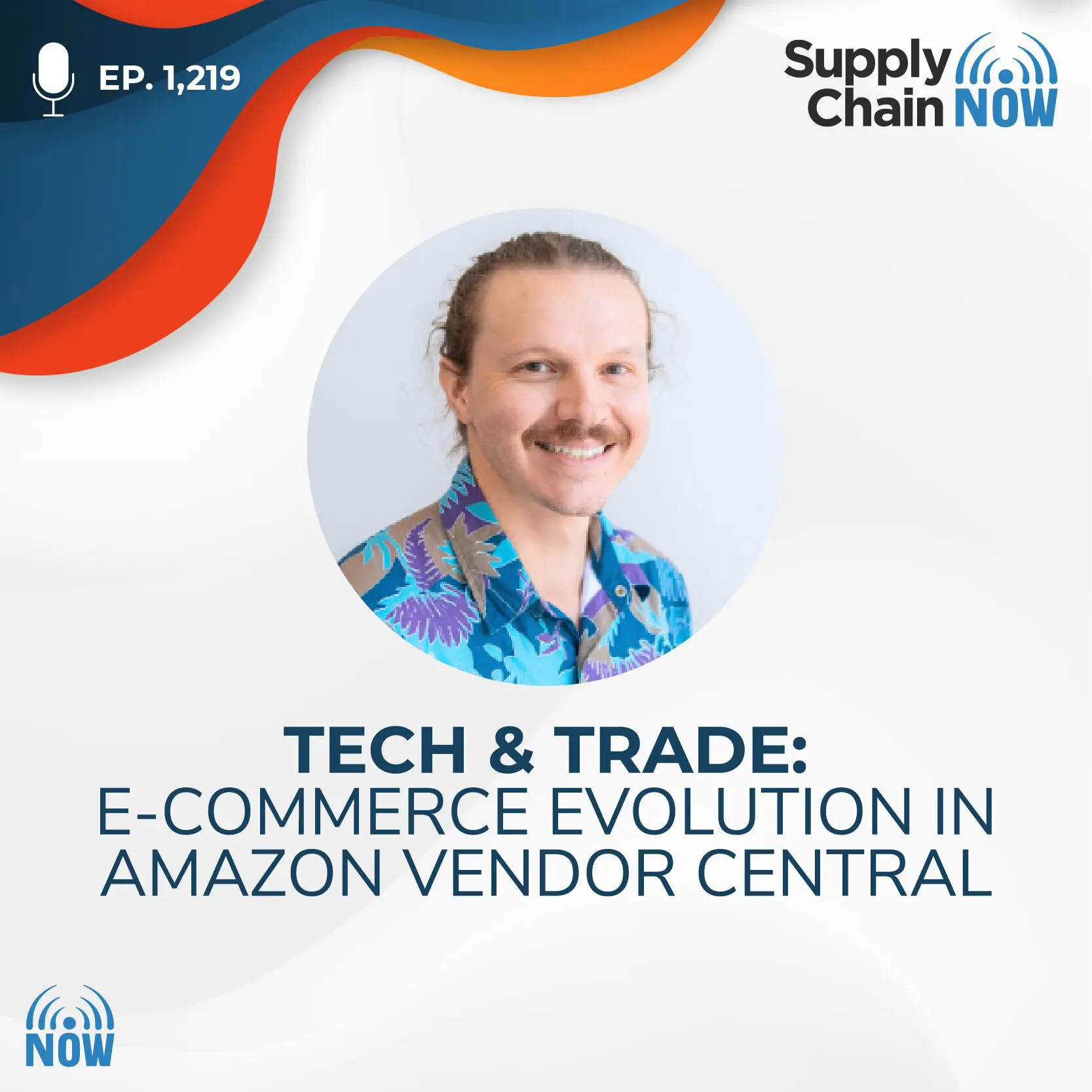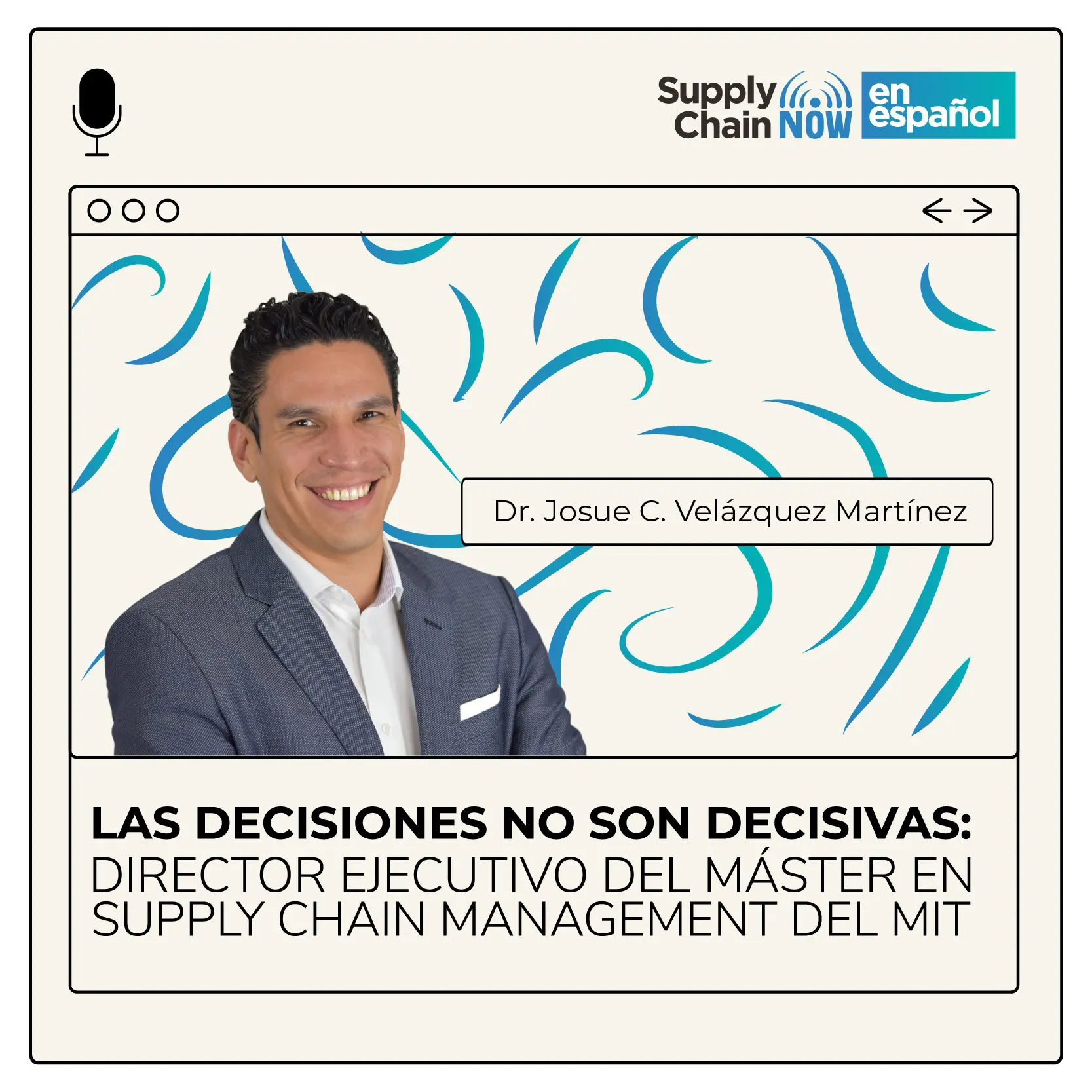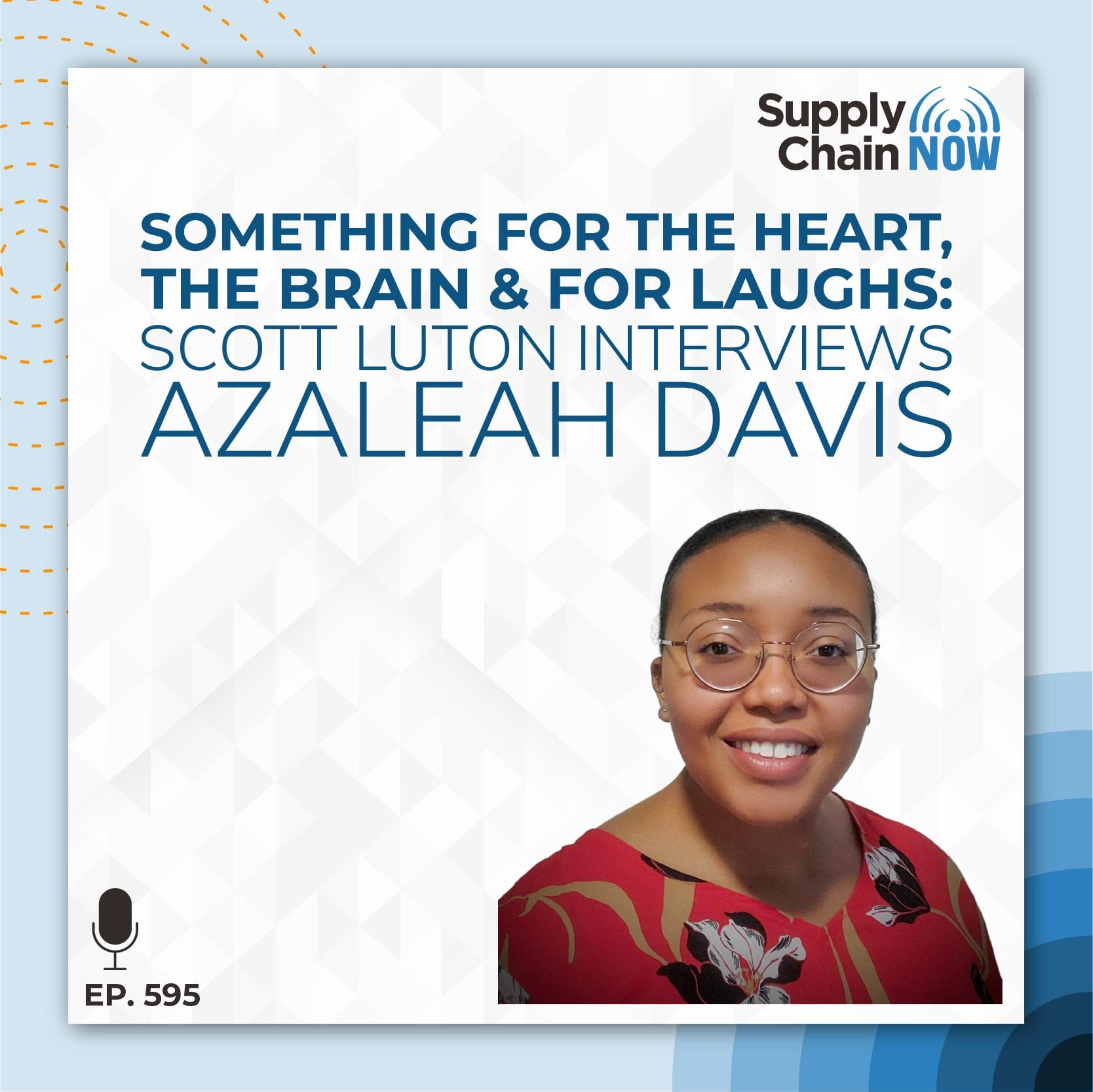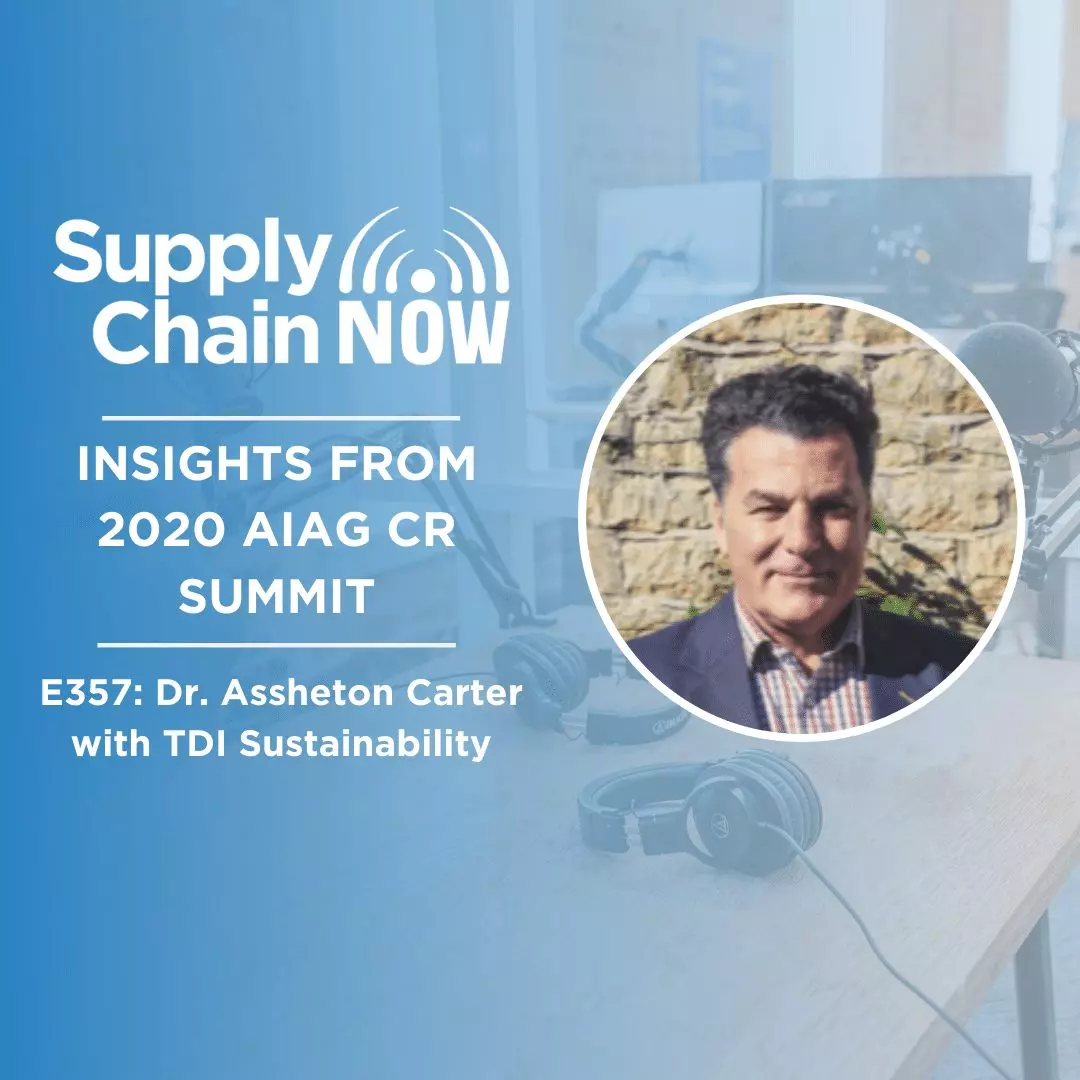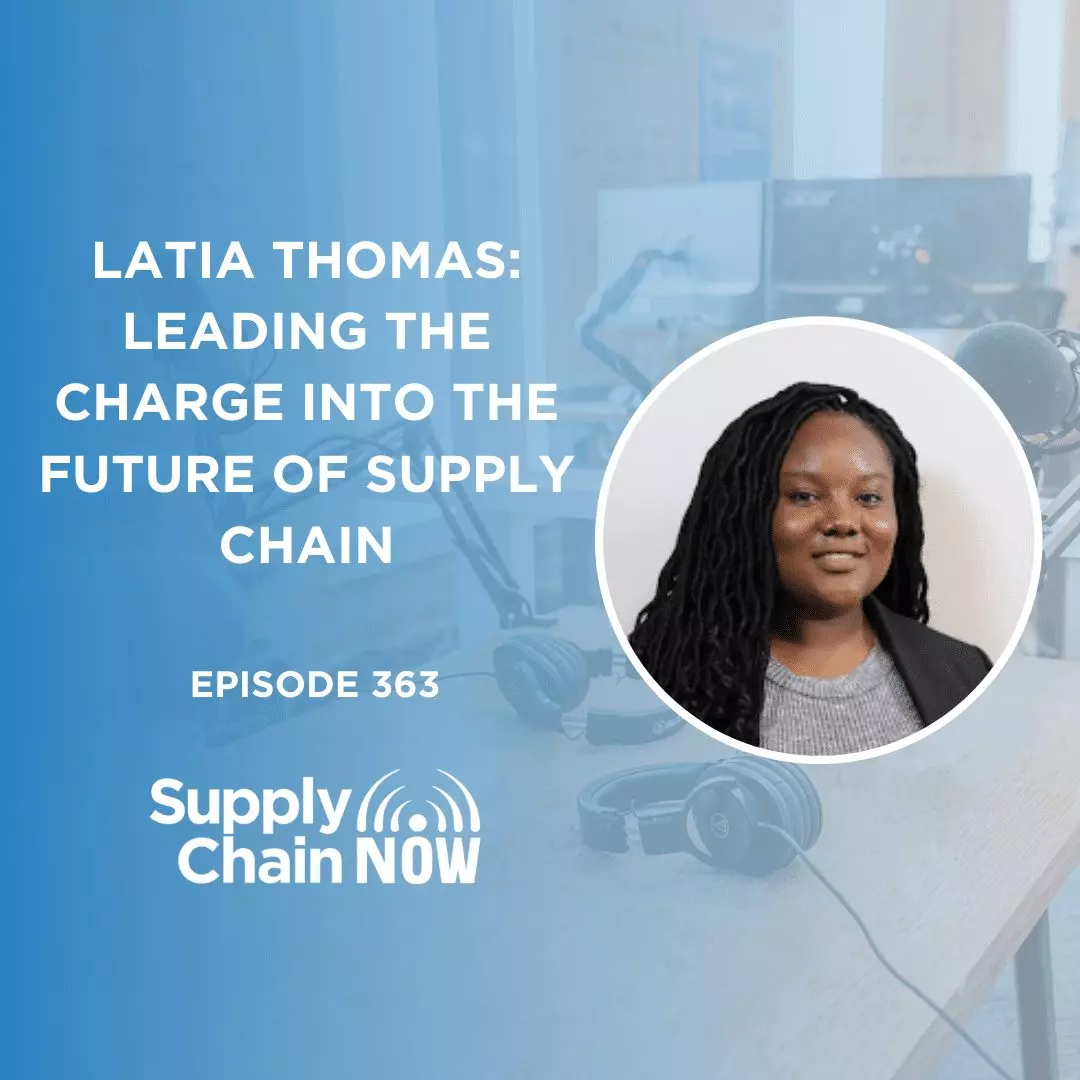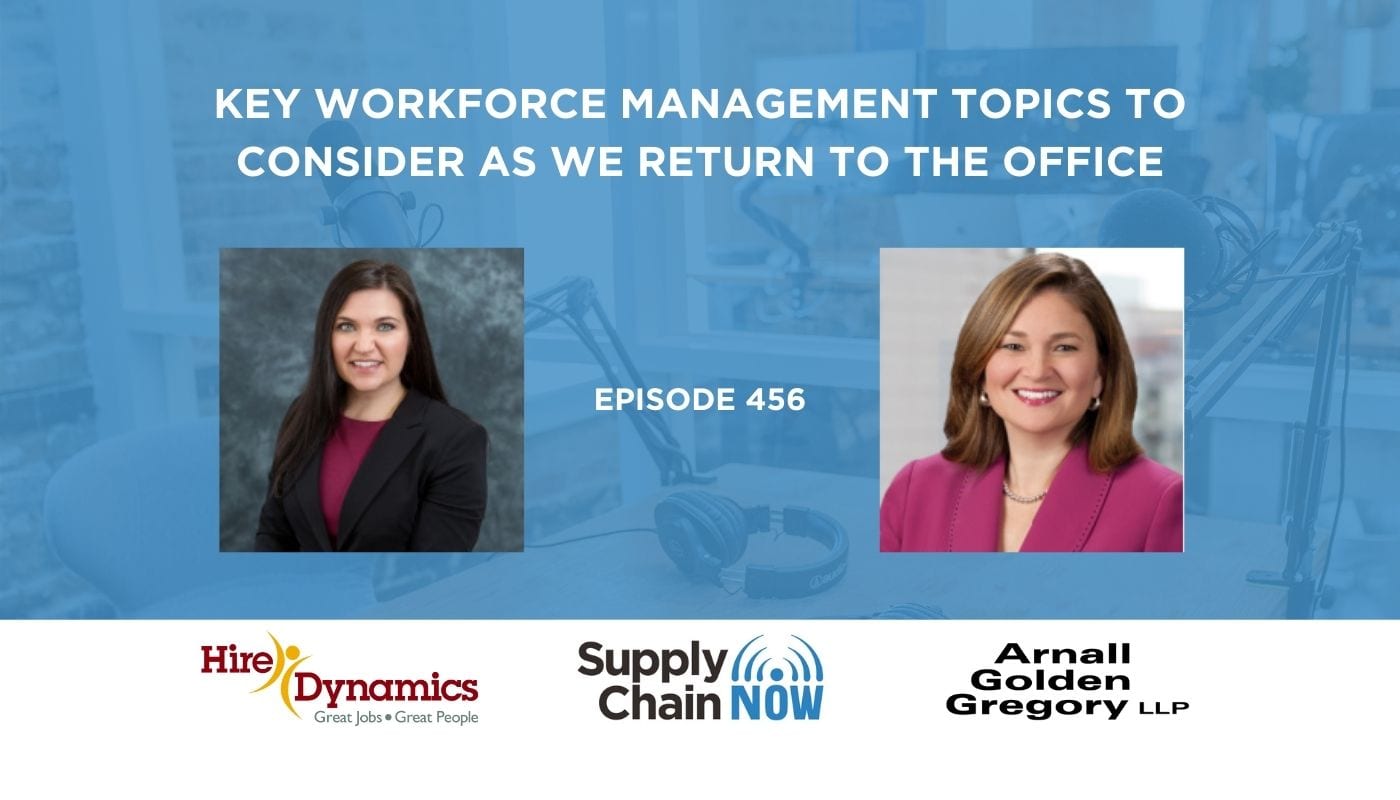
Episode Summary
“Empathy is so important as we’re trying to get our workforce back into place and re-energized after they’ve been gone for a while, maintaining an empathetic relationship with your employees and being transparent with them and showing that you have their best interests at heart. It is not back to just getting back on the shop floor and making widgets; creativity is really important.”
Sarah Sunderman, Director of HR, Compliance & Talent Relations for Hire Dynamics
“You almost have to be like an armchair epidemiologist, trying to take in this data and analyze it and figure out where the risks are going to be. It may not be the sexiest of topics, but it is probably the most important for employers that are bringing their folks back.”
Ashley Kelly, member of the Logistics and Post-Acute Care industry teams at AGG
As hard as it was in the late winter and early spring for companies and operational locations to shut down, the process of opening commercial offices back up has been even more complex. From safety to employee morale, liability to state and local regulations, executive leadership teams are leading on their HR and legal teams for guidance and advice like never before.
Sarah Sunderman is the Director of HR, Compliance & Talent Relations for Hire Dynamics, and Ashley Kelly is a partner in the Litigation practice group and co-chair of the Employment practice group and a member of the Logistics and Post-Acute Care industry teams at AGG. They are closely monitoring business reopening requirements by location and industry, a considerable challenge given the fact that conditions sometimes change on a daily basis.
In this conversation, Sarah and Ashley share their point of view with Supply Chain Now Co-hosts Greg White and Scott Luton on a number of reopening-related topics:
· The difficulties of having establishing enterprise-wide policies for companies that bridge jurisdictions and have multiple kinds of facilities and pools of workers
· The range of approaches they have seen employers take to bringing people back to work, providing employees with flexibility, choice, and input whenever possible
· Just how many details and decisions have to be thoughtfully addressed before a facility can be safely reopened with confidence, including elevators, bathrooms, HVAC, childcare requirements, and disability claims
Episode Transcript
Intro (00:00:05):
It’s time for supply chain. Now broadcasting live from the supply chain capital of the country. Atlanta, Georgia heard around the world. Supply chain. Now spotlights the best in all things. Supply chain, the people, the technologies, the best practices and the critical issues of the day. And now here are your hosts.
Scott Luton (00:00:28):
Hey, good afternoon, Scott Luton and Greg white with you here on supply chain. Now welcome to today’s episode, Greg. Good afternoon. How are you doing? I’m doing well by the time this publishes people won’t know this, but it is Friday afternoon. And I think we’re all ready to do this right? Well, we’ve got next. We’ve got a great conversation. Teed up to industry leaders, especially focus on workforce management amongst other things. And you know, is everyone’s getting back into the office. There’s a lot of challenges that business leaders are trying to manage, mitigate. So looking forward to learning a lot more as you and I work hard to help our listeners increase their supply chain Accu. So more, more than that become there you go doing that again. That’s right. Quick programming. Before we get started. If, if our listeners enjoy this episode, we invite them to check us out and subscribe wherever they get their podcasts from. Okay. So Greg, let’s introduce our featured guests here today. We’ve got Sarah Sunderman, director of HR compliance and talent relations with higher dynamic. Sarah. Good, good afternoon. How are you doing?
Sarah Sunderman (00:01:37):
I’m good. Thank you. Thank you for having me.
Greg White (00:01:40):
You bet. Great to have you with us. Thanks for joining us and taking some time out of your busy schedule. Joining Sarah, we have Ashley Kelly litigation and employment partner with Arnold golden, Gregory, LLP. Ashley, how are you doing
Ashley Kelly (00:01:53):
Good. Well, hope you all are too.
Greg White (00:01:55):
We are spinning. Yeah. Thanks for coming back. Ashley. We had may, may or may not have had a little bit of technical difficulty. So Ashley is kind of double dip in here so glad to be here. Absolutely. And the topic is extremely timely and, and the expertise she both will share, I think will be well consumed. So, you know, Greg, I think before we get into the business side of things, we want to get to know Ashley and Sarah A. Little bit better. Right? Let’s do that before we figure out what they’re good at professionally. Let’s figure out where they came from. So Sarah, maybe we can start with you. It’d be great to understand where you’re from. Kind of tell us a little bit about your upbringing, childhood, whatever, and well, let’s just start there.
Sarah Sunderman (00:02:40):
Sure. Um, I am originally from new Orleans. Um, spent a good bit of my childhood in new Orleans and um, I mean really a lot of good memories growing up in the South and a lot of family and very, I think, unique experience. They a very unique culture. Um, as I grew up and wanted to kind of stretch my wings and expand, I found myself moving to Florida. Um, I wanted to work for Mickey mouse. So I went to work for the Walt Disney company for a few years, um, and then found myself moving out towards Atlanta to go work for Coca Cola. So it’s been a couple of years working for the Coca Cola company and, um, found myself in staffing before too long. And I’ve been with higher dynamics now for almost what about eight years now. Um, and really spent a lot of time in the past eight years, um, super focused on employment law, um, talent engagement, taking care of our employees, compliance kind of the, you know, less fun piece of it. Um, and a lot of worker’s comp as well. So, um, kind of a, a very unique transition from hanging out in the Disney parks to what I’m doing today, but, um, it’s been a very good learning experience over the years and really enjoyed it.
Greg White (00:04:05):
That’s fantastic. I got to tell you, you can learn so much about great engagement and great customer success and support it with the Disney company, right? The whole, my pleasure thing, right? It’s comes from them world renown. How about also working with, for two of the biggest brands known around the world? I mean, uh, what a great benefit for the higher dynamics team, which has been building their brand Fastly and robustly and in recent years. So the work for the Coke, the Coke Cola company and Walt Disney. I mean, what a great experience there.
Sarah Sunderman (00:04:42):
Oh yeah, absolutely. I mean, I could not trade that training that I had with them for anything. I mean, it was world-class and, um, I’m forever grateful for that experience.
Greg White (00:04:52):
Outstanding. So as you’ve kind of come up through your career, here’s the trillion dollar question, Scott loves to say, tell us about a, a mentor or a moment or something that was, you felt like was transformational or impactful on you.
Sarah Sunderman (00:05:09):
Yeah, I don’t know that I’ve really had one particular moment that hit me over the head, but I would say as I’ve really developed my HR skillset over the past few years, um, was really been enlightening to me is just grasping the concept that I don’t have to know everything. And I think a lot of our HR professionals out there and our leaders out there feel the responsibility and burden of knowing everything all the time. They’re expected to know all the answers, all the laws and, um, with things that are going on in 2020, no one can do that. It is not possible. And so I think for me, it’s just been, um, sort of that light bulb moment here and there of realizing that I have all these resources to lean and there are other
Sarah Sunderman (00:05:58):
People smarter than me out there that are always willing to help. And so knowing what your resources are and reaching out to them and not feeling that burden of having to know everything all the time has really changed the way I look at my every day,
Greg White (00:06:13):
Man. I think that’s, that’s a lesson everyone could stand to learn. I mean, it doesn’t matter what your job experience is, but that’s pretty poignant if you think about it. So many people feel that pressure, right. To have to know the answer to every single thing every time. And very few people are like Greg white, who does know everything about really well.
Sarah Sunderman (00:06:35):
I got lucky, I guess.
Greg White (00:06:39):
Alright, Ashley. So pressure’s on now tell us a little bit about where you’re from a little bit about your upbringing and maybe if you had a Eureka moment or anything that jumps out at you that may have shaped you.
Ashley Kelly (00:06:51):
Well, I was actually just down the road from new Orleans. I grew up in mobile, Alabama. So new Orleans was where we went to get in trouble. Um, but, but always a good place to visit. Right. Um, but no, I, I grew up in Mobio, um, and then sort of did my tour of the Southeast, um, as, as I went through my, you know, educational journey. So I went to, um, college at Vanderbilt in Nashville, and then I went to law school, um, here at Emory in Atlanta and then went and clerked for a judge in Shreveport, Louisiana, um, split time in new Orleans. Um, so I feel like I’ve done a little bit of a, of a, of a Southeastern tour.
Greg White (00:07:32):
You have, you should get a tee shirt
Ashley Kelly (00:07:35):
Yeah. Before ending up, back in Atlanta. So, which for us was always sort of the big city. Um, so it’s a nice mix for me to be pretty close to my family. Um, but still have some of the amenities of a larger town. And I’ve got two kids, a 13 year old who is in the eighth grade. Um, his name is Decker and a 10 year old, who is in the fifth grade and his name is Tyler.
Greg White (00:08:00):
That’s awesome. So one of them still thinks you’re a genius
Ashley Kelly (00:08:04):
And the other one and it varies by the minute, but
Greg White (00:08:08):
I would tell you Ashley, as they get older, you get smarter. Yeah.
Sarah Sunderman (00:08:12):
I’m waiting to get to the other.
Greg White (00:08:14):
Yeah. Well, uh, so tell us, is there anything that jumps out at you that, you know, maybe not a moment or even an impact, but something you’ve learned that you use?
Ashley Kelly (00:08:24):
Yeah, ultimately, yeah, I was thinking about this. Um, and I don’t know that it qualifies as some sort of great insight, but, um, I’m, uh, I’m a lawyer at, uh, Armageddon and Gregory, which is a law firm here in Atlanta. Um, and my practice is in the area of employment law, which is why I’m here talking about the return to work issues. Um, but I also, um, you know, advise Arnold golden and Gregory as an employer. And so I’d spent a lot of times talking to clients about this is the way you should do, or if an employee is causing them problems, you know, well, you just need to rip the bandaid off, or this is what you should do. And it was sort of easy to advise others on what to do until the first time that I was sort of in a leadership position and had to make decisions, hard decisions about people that were really my friends, um, and people that I’d known for a long time. And, um, and it’s much harder. And I think it made me better at advising my clients because you realize that this is not just the law that we’re dealing with. This is, this is all about people. Um, people’s lives, people’s, you know, income, people’s family, people’s friends. And so it, that, that was a little bit of a Eureka moment for me when I sorta took off the lawyer hat and put on the business person’s hat,
Greg White (00:09:53):
Uh, that qualifies in a big way, because I think we’ve all kind of experienced that you look at something externally or arguably objectively, and it seems so simple. And then when you’re in the heat of it and you’re facing that person, that situation personally, it, it really does give you perspective. So, yeah. Yeah. Uh, we have Kelly’s Szabo on, um, a few weeks back and Kelly serves as VP of HR with a really intriguing, uh, automotive technology company. They happen to make some of the most, the greenest buses in the world called pro Terra based up in the upstate of South Carolina and one aspect of her role that she took very seriously to your point. Ashley is, uh, as the other executives in the organization as to sit down and look at numbers, you know, month in and month out is she really wants to, uh, illustrate the, the team members and their families behind the numbers and keep that component front and center.
Greg White (00:10:55):
And it was so powerful to hear that from an HR leader, uh, and really was a highlight of that episode. And that’s some of what I hear from you as well. Ashley, so let’s, um, I think some important context for our listeners is the two organizations here, higher dynamics and Arnall golden Gregory. They both work extensively in, in greater supply chain, logistics, warehousing transportation. So I think that’s an important background to put out there as we walk into the rest of our conversation here, Greg, and that is some of the good news here is his folks are getting back into the offices and while that’s a great thing, and I know the four of us can’t wait until, you know, most folks or at least we’re breaking more into, uh, I’m not gonna say the normal, but I just did, I guess, but, you know, getting, getting back to, to, to, to where we were to some degree on the flip side that presents a variety of challenges that we all as leaders to manage and mitigate and work through. And Ashley, I really like, um, a collection of thoughts that you are bringing into this conversation where it may not be the top five things to consider, but it’s certainly top five of the top things to consider. Right?
Ashley Kelly (00:12:08):
I think so. Yeah. And that, when I was thinking about this, I was, I was trying to put together a mix of things that are sort of legal considerations and also things that I’m hearing from my clients that are more just, you know, employee relations type issues. Um, because this is so mixed right now. I mean, they’re all, there are all sorts of legal issues and they change seemingly every afternoon. Um, and so advice you give one day may be different the next, um, but there are all sorts of other issues and just fears and, um, you know, real employee morale type issues.
Greg White (00:12:51):
I like that approach. Uh, and we’re gonna, we’re gonna count them off one through five with you here today, but I really I’m looking forward to this and I’m also looking forward to getting Sarah’s kind of color commentary based on what she’s seen in her experiences there at higher dynamics. So Ashley, where are we going to start with our first, uh, topic to consider? Okay.
Ashley Kelly (00:13:11):
Um, well, the first thing that comes in my mind when I’m advising a client and usually their first question is we want to get folks back on site, what do we need to do? Or what do we need to know? Um, and there’s really no, um, there’s no excuse for sort of doing your homework on what the, the relevant orders and balls are out there that are governing that at that moment, because they want to bring people back because they want to get more productive, but they also want to limit their liability, um, as much as they possibly can as an employer. So, you know, there’s no, there’s just no getting around. You have to be on top of all the stay at home orders, the public health orders, the, um, things issued by the CDC, um, OSHA guidance. Um, and it varies widely depending on what type of business you are, uh, what area of the country you’re in.
Ashley Kelly (00:14:10):
And that can change even, you know, by, by city, not just by state or, you know, certainly what the federal regulations are. So it is sometimes a bit of a burdensome task for employers, but there’s no getting around it. That’s just the first thing that you have to be mindful of. And if you’re in the restaurant industry, you know, you’re going to have one set of rules that are governing you. And if you’re in manufacturing or supply chain, you’re going to have totally different sets of regulations. Um, and you know, it’s, it’s almost as if we always used to say that HR folks had to be kind of armchair psychologist in, in many ways.
Ashley Kelly (00:14:52):
Now you almost have to be like an armchair epidemiologist. I mean, you’re trying to take in this data and analyze it and figure out where the risks are going to be. So, you know, it may not be the sexiest of topics, but it is probably the most important for employers that are bringing their boats back.
Greg White (00:15:11):
It’s very real. And Greg, you know, I’ve had folks come on, you know, since, since we, we broke into this pandemic environment here in the States, and one of the big things that, that, that commonly we’ve heard a lot about is the difference in regulations and policy between all the municipalities and the counties and States. And it’s been challenging, especially for example, for truck drivers that might be working their way through a variety of municipalities. You stop in one plant and these have the Masco and other precautions, and then you get down the road and you stop in another one. And it’s a different set of precautions that, that poses a challenge, right? Greg, no doubt. I mean, we started talking about this early and it wasn’t even about getting back to work. It was while you were, while drivers and other essential personnel were still at work, the regulations vary so dramatically and they’ve Al the guidance also, uh, you know, that you mentioned Ashley, the CDC guidance has varied, literally varied twice this week, right? So, you know, it’s, it’s a difficult environment to navigate
Ashley Kelly (00:16:15):
For employers that have folks in mult, in different jurisdictions, um, you know, many different locations. It’s, it’s hard to even have a company wide policy. It’s got a, it’s got a very, not just as the, as the regulations change, but from place to place, which makes it really hard to manage. And sometimes you can even have employees that live in one location. And so they’re subject to one stay at home order, but they work in another. So that’s, that’s, that’s just hard.
Greg White (00:16:47):
So, all right. So Sarah, let’s get your take along these lines. What are some of the things you’re experiencing and observed?
Sarah Sunderman (00:16:53):
Yeah, I mean, I think that’s exactly right. It’s, it’s a challenge to keep up with all of those new and ever changing regulations that are being put out there every day. And, um, I think personally the immediate concern that I had was, I didn’t know what I didn’t know. Um, so we, we relied very heavily on our own employment law council to help us navigate some of those things. Um, but certainly there’s challenges with different things amongst the States. What are the stay at home orders there and what are they going to be tomorrow and what are they a week from now? Um, so staying on top of that, in addition to everything else you do every day, um, has definitely been a challenge. But I think that for us, one of the key things has just been to try to stay as knowledgeable as we can, as much as we can with the realistic approach of we’re not going to know everything and we need to reach out for
Sarah Sunderman (00:17:50):
Help to employment or council or, um, our peers and the others that we work with to see what they’re doing and how they’re, they’re working on things. And what are they doing? What kind of policy did they put in place? So, um, I mean, really relying heavily on those, around you to kinda learn how to navigate this new situation. It’s been really important. I feel like we’re now kind of getting to a place where we’re getting a little bit of relief, um, and we’re in a good cadence, but, um, I say that and tomorrow we’ll bring something else. So who knows,
Greg White (00:18:23):
Well, you know, Asher that armchair epidemiologist that is that there’s so much truth there. And it’s so scary because that’s, I don’t know about y’all, but that’s well above my pay grade and my math skills, you know, any of us be less qualified for any job, any other job than that.
Ashley Kelly (00:18:41):
And, and everybody’s got a different opinion. So you don’t know, you don’t know what you’re supposed to look to, but
Greg White (00:18:46):
I was just thinking about this as we were having this discussion. It’s hard enough for me when I go to the grocery store to get gas or somewhere to eat, to know what the regulations are on a day to day basis. And I’m only responsible for me, right? I mean, I think to go back to your point about understanding situationally and compassionately and empathically, as you were talking about Ashley’s other people’s situation to think about how complex a situation Sarah and other folks, you know, your other clients must be in. This is it’s. I mean, it’s not Unimpossible from my perspective, accurate information, the resources you go to the relationships that you’ve, you’ve really built over the years. I mean, this is, this is the time to really find the experts and to get the best advice you can get as we navigate through some, at times challenging, but clear sets of circumstances and other times challenging yet really unclear. So, um, alright. So the first topic, there was a sale trying to stay on top of these changing conditions and policy and regulations and whatnot. Moving on to number two, Ashley, what’s your second thought here,
Ashley Kelly (00:19:57):
Sort of moving on from that is that sort of cut and dry to the extent it’s clear, but it’s sort of cut and dry once you get your handle on that. Um, I’ve seen so many employers that are really being creative in the ways that they bring their employees back. Um, just in a variety of ways. Sometimes it has to do with just the way that they’re staging, um, the return. So I’m sure we’ve a lot of you have seen, um, where, you know, they’re dividing their workforce into teams. And so only certain teams come back, you know, on an, on an every other week basis or an every other day basis, or however they want to structure it. There’s so many different ways, but it allows there to be less density. And so if somebody does get sick, you can control, you know, who you have to send home to quarantine, and you don’t lose your entire workforce at the same time.
Ashley Kelly (00:20:54):
Um, I had a client that had had pretty much through the whole summer. They had structured where employees could pick which week they wanted to start back. And then they were also rotating, but it gave them sort of a structured way to bring people back into the office where it wasn’t everybody at the same time, and that allowed their employees to feel like they had some say in it also. But I mean, you just see things and I’ve been amazed. Um, again, you go to restaurants sometimes and you see some of the, our schools, some of the very creative ways that they have dealt with the need to distance. Um, and it amazes me. And so, you know, that’s, that’s where I get a lot of ideas from my clients is to see the ways that they’ve managed to do this safely.
Greg White (00:21:49):
Anything jump out at you as creative ways that employers have attacked it. I mean, is there one that just was really interesting or dumb or inspiring?
Ashley Kelly (00:21:59):
I don’t know that I have one that jumps out at me. It depends a lot on the industry. Um, but it’s all about, and we’re going to talk about this in a minute, but in part it’s what makes your employees feel comfortable? Um, and so that is really what is so helpful and, you know, have clients that will just, they’ll actually, you know, walk through a Workday, you know, pick up, pick a job position and walk through and think of all of the ways that you’re going to interact with other people and things, you know, the outside world and your other coworkers and ways that you can, can deal with sort of the points of contact throughout the day. Um, because you just, you don’t necessarily think of everything. Um, when you’re sitting there thinking, have you ever got to have lots of hand sanitizer and mask? Um, but you don’t necessarily think about the copy machine or how are you going to deal with the microwaves at lunch? Like, are you gonna have, are you gonna allow people to go out and get lunch and then they’re going to be in crowds or, you know, there’s all sorts of things like that. Is it a lot to think about? Um, and so it’s just sort of walking through it and, and, you know, making sure that you address issues as they come along.
Greg White (00:23:21):
I know we’re here to talk more industry and supply chain and all the great things going on there, but you touched on something nationally about our teachers right now. And I gotta tell ya, I’ve been blown away with the amount of dedication and creativity and passion as these, as a lot of these teachers are going back to your first point. A lot of the teachers are dealing with a wide variety of, of disparity in terms of district a district school to school challenge challenge. And just to see what they’re putting into, whether the remote students or the students that are in school, what they’re doing. I mean, it’s really been a, I’m just blown away here in our neck of the woods.
Ashley Kelly (00:23:58):
Yeah. Let me just do it now, before I get off, my kids, teachers have just been wonderful.
Greg White (00:24:06):
Amen. All right. So Sarah, along these lines of getting creative and really putting yourselves with a lot of Ashley, what I heard there a lot is empathy, which I love, uh, Sarah, what are some things you’re seeing in this regard?
Sarah Sunderman (00:24:19):
I think that’s exactly right. Empathy is so important, um, as we’re really trying to get our workforce back into place, um, or re-energized after they’ve been gone for awhile, um, just keeping that empathetic relationship with your employees and being transparent with them and, um, really showing that you do have their best interests at heart. And it’s not back to just getting back on the floor and making widgets or whatever it is. Um, the creativity also so important. I mean, I think over the past few months, we’ve done things at higher dynamics that we never would have imagined before because we were kind of cornered into a new situation. Um, I mean, it was really about shifting our work force in some situations where there was a significant drop in need for some industries and a significant pickup. In other industries, we found ourselves really being able to shift folks from industries where we had them placed, um, in automotive plants or places like that to filling positions where they’re helping out the retail distribution sites.
Sarah Sunderman (00:25:27):
So shipping out toilet paper, shipping out grocery needs, all those things. So, um, I think we had to really think creatively there on how we’re gonna, um, reorganize the workforce a little bit, to be able to meet all those needs of our clients and the needs of the public, of course, um, all while staying sympathetic and empathetic with our employees and, um, coming up with those creative solutions, how are we going to get masks to everyone? Are we going to take everyone’s temperature when they come in the door? What if they have a fever, but maybe it’s just because, you know, maybe they drank too much last night or maybe they’ve got a common cold or who knows. I mean, it could be anything and I’m not a nurse, so I don’t know how to, I’m not a doctor. I don’t know how to determine those things. So, um, I think it’s been, it’s exactly right. Just about getting creative on how we’re going to address those things and, um, being as prepared as we possibly can,
Greg White (00:26:24):
Speaking of taking temperature, Greg, that was part of a one part, an Ash I’ll defer to the legal expert on the panel, but that was, that had to be basically in the right to be able to take your employees. Temperatures had to be an exception extended, right? That was against the law to my knowledge. Right? You had all sorts of issues that, and
Ashley Kelly (00:26:44):
In fact, the equal employment opportunity commission had to issue, you know, statements on what you can and can’t do is that considered a medical exam. And, um, and, and you’d end up with some contrary guidance from different governmental agencies from time to time and things, um, on things like that. And then if you’re going to be doing it well, do you have someone that’s actually trained and, and, um, probably protected for them to be taking temperatures? And is it appropriate just to ask someone if they’ve taken their temperature at home before they come in? You know, a lot of our clients will have folks certified. I’m sure you’ve all seen it when you go into, um, various places of business, you know, that you don’t have any symptoms, um, as opposed to actually taking a temp themselves. So it’s a, it’s definitely been a whole new world
Scott Luton (00:27:32):
Part of this, this, this, um, ever evolving environment that we find ourselves in. I didn’t, you know, Greg, until it hit our radar. I think we were talking about some of the, uh, in a previous bus session, you know, some of the things that the meat packing plants and particularly were trying to do to kind of control some of the micro outbreaks we’re taking temperatures. I didn’t realize that was, that was, uh, basically illegal prior to prior to pandemic. So Greg, what, you know, hearing Sarah and ashes take care of anything, uh, from the creativity standpoint, what else stands out to you? Yeah, I think, uh, I think it’s, um, interesting and ironic that we just talked about kind of the strict regulations. And yet, even though the regulations are written very clearly, there’s sometimes not enforced or interpreted very clearly. And there are some vagaries.
Greg White (00:28:26):
Um, we even have a new law here in Georgia that, and I’m not a lawyer, Ashley, like you didn’t know that, but, but it’s supposed to, if properly presented, I think signed or something like that, if their signage is supposed to exclude businesses from liability. But my understanding is that is even so vague as to be difficult to interpret and may or may not provide actual protection. And, you know, the thing that made me think about as we were talking about creativity that made me kind of loop back to regulation was so many people who are enforcing these regulations, not unlike traffic cops, they don’t even know the law or what the legal bounds of their authority are in some cases. So there are lots of things you have to do to navigate both the legal and the creative aspects of approach.
Ashley Kelly (00:29:23):
Yeah. You were talking about that pandemic law that was passed in Georgia, which does provide some protections. Um, but not from everything. And, you know, you’ve got governmental agencies, like for instance, OSHA, which would normally be the federal agency is charged with ensuring safety in the workplace. But I mean, you can imagine what a, uh, an already fairly busy government, governmental agency charged with ensuring safety, and then all of a sudden this hits, um, they’ve certainly been prioritizing and it’s been, you know, difficult for OSHA to keep up with all of the different, um, the different issues that are facing employers. Um, you have some of the stay at home boarders have varying levels of, um, penalties. So it’s, it’s unclear sometimes what the ramifications are for, for, you know, businesses that don’t comply, um, or they’re just not being enforced. And then you’ve got the issue of trying to enforce it within your workplace. I mean, how, what are you going to do if someone doesn’t stay six feet apart or doesn’t wear their mask properly, or, you know, comes to work with a cough and you don’t know whether it’s, it’s a cough because you know, they’ve got a cold or a cough because they may be sick with COVID. It’s just, it’s just, it’s hard to know. And, and, and who’s going to be charged with trying to monitor that.
Greg White (00:31:00):
So, alright. So I think clearly one of the big, common things, this conversation is just how there’s a lack of clarity in so many different aspects here. So, all right. So moving right along, ashlis, let’s tackle the next, uh, one of the top things to consider here, as folks are getting back into offices and sites and plants and whatnot.
Ashley Kelly (00:31:22):
Um, well this one is actually related and we covered some of it, but, um, but it is so helpful from a legal perspective, but really from an employee relations perspective to just maintain open lines of communication with your employees. Um, I think that there is so much anxiety out there. Um, you know, there’s, there’s fear with respect to the illness. There is anxiety with respect to, am I going to have a job? Um, there’s, there’s sort of frustration and anxiety associated with, okay. When I come back to the office, what is that going to look like? Um, what am I going to have to do? And are the other people going to be doing what they’re supposed to do? Um, that it’s just really important to make sure that you keep those lines of communication open. We’ve had a lot of clients that have done, um, surveys of some sort before they bring folks back into the office or back ends of a premises, you know, asking where they’re, you know, where, where the areas are that they’re most concerned. Um, what are the, what are the things that you’re most worried about, um, asking about challenges that
Ashley Kelly (00:32:40):
Are going to be the most difficult for them to face. Um, and sometimes it’s things that you thought about like childcare or, you know, health concerns or whatever. And sometimes it’s things that you just, you know, you haven’t, um, you, you learn, you learn things that way. And even if you don’t get a lot of new information, it gives people, you know, the feeling that their input is valuable. Um, and so I think that that is important. Some transparency in what safety measures are being taken. Um, I don’t think you can stress that enough to let people know all of the things that may have been happening behind the scenes. You know, they may not know that you’ve got these new HEPA filter things that aren’t, you know, in the air in the HVAC system. Um, but you should let them know because that could be important to them and making them feel more comfortable.
Ashley Kelly (00:33:41):
What are you going to do about elevators and what are you going to do about bathrooms? And some of these things are really important. And I think it’s also important just to let people know that things can change. And we may not have an answer for every question right now, because if you try to lay out a very specific plan with various specific timelines, they’re almost certainly going to change. Um, so I think sometimes just being transparent about it, um, is important, well said. All right, Sarah, how would you weigh in there? Yeah, I mean, the, I think what we have found has been most helpful to us over the past several months is to be as transparent as possible. We’ve had several pound hall meetings with our employees, so I’m a little different than we would normally do it. So we’ll do it zoom style or team style or, or whatever.
Sarah Sunderman (00:34:36):
And I think I’ve been on more, um, video conferences in the past couple of months than I have in my entire career, but it’s a good thing. And I really think it helps everybody stay connected and feel that, that interaction and, um, they can sense that we care and, um, we’re giving them as much information as we can in real time. So they’re not having to guess or wonder cause sometimes that’s the worst part is just not knowing what what’s gonna happen when I go back in the office. What about this? What about that? Um, so just as much as we have been able to share in real time, we found that it’s been really helpful. We did a couple of surveys as well before bringing folks back in, which was really helpful to us. I think that, um, there were some things that came out of it that we didn’t consider.
Sarah Sunderman (00:35:25):
Um, so I mean, we always find that a lot of the best ideas that we have come from our employees and, um, this was one of those times they’re presenting things that maybe just didn’t come to us before. So, um, survey’s really important town hall meetings and just making sure they know how to reach their manager, HR, indirect leaders, anybody at all in case they need just to talk or ask questions. And, um, I think, you know, there’s a psychological piece to it too, and it’s really weighing a lot on a lot of people. It’s, it’s very stressful right now. And, um, we’ve got resources available for that. So making sure that our employees know, um, what employment assistant programs that we have available to them are, um, be it mental health or financial or childcare or whatever it is, um, making sure they know what those are and where to find them. It’s been, I think, most helpful for us.
Scott Luton (00:36:22):
Hey, is there anything differently, Sarah, given some of the, um, the increased suggestions and feedback you’ve gotten, you’ve been able to get from your workforce, which is wonderful. Is there anything different from a, from a frequency standpoint or from a style or an approach standpoint that that’s, that’s made them more comfortable or more likely to offer up some feedback, uh, that y’all could act on anything differently you’re doing there?
Sarah Sunderman (00:36:47):
I don’t know about differently, but, um, I think just asking those open ended questions has been really important. Um, other than just saying, are you comfortable coming back to the office? Yes or no. It’s not really helpful. So asking them open ended questions, um, has really been key cause we’re getting that, that free dialogue from them. And, um, coming up with some things that we didn’t really consider and questions that maybe we didn’t think of before. So, um, I think just keeping it open ended and, and letting them speak their mind and get it all out there. That’s probably been key.
Scott Luton (00:37:21):
All right, Greg, do you want to weigh in on anything you’re hearing there? Yeah, that’s an important, I mean, what we’ve described here is it’s an important leadership, um, practice in any case is to be more transparent and more communicative. And I think especially now it’s, it’s important and to focus, right. The open ended question that immediately came to mind. Sarah, when you said that is, um, you know, what makes you uncomfortable about coming back to the office or what has you excited about coming back to the office and kind of you get the opportunity to let people share that, and that shows the openness. It also gives you a ton of knowledge to be able to learn from those employees about what you need to manage the ward. So that open ended question thing that’s, I mean, that’s just really good practical practice. Ashley had to move into this next item, nothing but my account and I’m using my advocates over here for, I think this is our fourth. So we’re using it. We’re walking through here today. Fourth, ask for a thing to consider. Um, and I gotta tell ya, I’m glad we had a, we had a couple planning calls around this because shame on me. I haven’t really stopped to think about this fourth one as much as probably probably I should
Greg White (00:38:36):
Have. So tell us what, where are we going with the aisle? Number four?
Ashley Kelly (00:38:40):
Yeah, this is probably the question that we’re getting asked the most right now in a variety of different ways. And that is you put together this great plan. You’ve gotten all this input from your employees, and then you’ve got folks that just don’t want to come back. Um, and, and so how to address that. Um, and that’s also a difficult question because this is one where there are quite a few legal issues wrapped up in, um, in this question. And so you really have to figure out and get to the root of what their reasoning is for not wanting to come back and then address those issues along the way. Um, and that can focus on a couple of different things. Um, there are, there are certainly folks that have real health challenges. Um, and, um, so there’s the potential that if those health challenges, um, rise to the level of a disability under the Americans with disabilities act that, you know, they could have a healthcare professional actually say, I need to continue to work at home.
Ashley Kelly (00:39:55):
Um, and then you’d have to engage in the process of determining whether or not continuing to work at home was a reasonable accommodation for that disability. Um, and it’s not every health challenge and, but, but it could be. So that’s something you have to really think about. Um, and along those same lines, if someone is ill related to COVID, then they may qualify for some sort of leave under for instance, I mean, this is there’s been numerous stimulus packages or different legislation that’s come out, but one of the first was called the family’s first Corona virus response act. I think I got that correctly, but it provided for paid leave for a two week period of time in certain circumstances. And again, they’re, they’re they’re criteria, you have to meet, but for someone who is out of work because of COVID. Um, so that’s another bucket that some of these concerns might fall into.
Ashley Kelly (00:40:58):
Um, there’s folks that are having childcare issues. And you know, that, that hit really hard when this first arose in March, because you had kids that were being sent home from school and then fixed, kinda got into a rhythm during the summer, because oftentimes they would have been home with, you know, they had different arrangements during the summer, but now you’ve got, um, school’s starting back and you’re in any number of different scenarios. You’ve got people that have kids that are on campus, but they might get sent home at any point in time or sort of hybrid a day here in a day there, or they’re all working. Um, and so one of the, the laws that was passed again under that family’s first wall, um, is an extended FMLA, um, benefit for, for employees that have childcare issues. Um, and it’s paid, which is different than the traditional FMLA that you’ve heard about for years and years and years.
Ashley Kelly (00:41:55):
So if someone qualifies for that, they may be entitled to, um, some paid leave to deal with the child that’s at home that they have to take care of. But again, there are criteria that they have to meet. Um, so there’s those buckets. And then you’ve got the person that just says, I don’t want to come back. Um, and it may be because they’ve just got anxiety and it’s real, but they don’t need it. They don’t meet any of those other legal reasons why they should be allowed to work from home. Um, and so that’s difficult. I’m going to have to figure out how you’re going to handle that, that employee. And it may be that you have to say, you know, these are all of the things that we’re doing to keep you safe. Um, and you know, we understand that you’ve got these concerns, but your job is here in the office or onsite.
Ashley Kelly (00:42:53):
And so we’re going to have to have you come back and if you don’t want to, you’re gonna, you know, then we’ll just have to make a tough decision as to how to handle it. It may be that you can, you know, juggle like Sarah was saying some job responsibilities amongst people so that someone can continue to work from home for longer. And somebody else can do the job on site, but you, but there’s a fairness issue there to say that you have to work through all of those things. Um, and then there were some people who just didn’t want to come back because the, um, the unemployment benefit was fairly rich. And, um, you know, in certain instances they could make more money staying home. And I don’t know if that was as much as you know, we heard about, but, but there were instances where that was the case.
Ashley Kelly (00:43:46):
And I think it’s usually a combined, a combined motivation where, you know, I’m making as much from home and I’m really concerned about the health scenario. So maybe I’m not ready to come back yet. That’s where you have to make the really hard decisions as an employer. You know, you’ve got a good employee that you’ve worked with for years, but they are bound and determined that they’re not coming back yet. And you don’t know really when they’re going to feel comfortable coming back. So how do you either, you know, work around that or have to, you know, make decisions that you might not want to make
Greg White (00:44:23):
Sarah I’m Greg, when y’all want to weigh in on Aster shared a lot, a lot there, uh, in particular I think the fairness factor, as you’re trying to navigate through what can be some, some really uncomfortable and certainly not fun conversations, but the, the importance of being fair and consistent. Um, Sarah, Greg, anything you want to add there?
Sarah Sunderman (00:44:47):
Yeah, sure. Um, you know, I think we’ve found over over time that there are really two different routes that it could go to. Ashley’s pointed. I can’t come back because of XYZ, maybe it’s, um, childcare issues, or maybe it’s, I have something that qualifies under the ADA and it makes me more high risk. And so then you’re bringing ADA into it and, um, there’s so many layers to those things. Um, and so I think that has definitely been a challenge and educating our leaders on what to say in those situations has been huge. Um, we’ve been really, um, keeping on top of making sure that our managers are somewhat prepared for those questions that they’re going to get. So they’re not caught off guard or, um, not caught saying something that maybe they shouldn’t not that they would intend to, but it happens when you’re backed into a corner sometimes.
Sarah Sunderman (00:45:47):
Um, and then the, the other, the other piece is I don’t want to, because I’m not comfortable because I’m scared because it is a lot better on unemployment. Sometimes I’d rather sit home and watch, you know, the Ellen show and get paid for it and not worry about going to work, which is understandable. So, um, I mean, for the latter, I think we’ve been just getting really creative on, um, finding, finding ways to make it enticing for folks to come back to work. Um, it could be in some cases that, um, it’s also just not practical for a job to be done from home, not for an extended period of time. So, um, I think for us to communicate to the employees that, um, the practicality of continuing to do that is just not realistic, um, in, in many cases and we have to be consistent about that and be fair about it and, um, ensure that we’ve got a policy in place that, um, make sure that we do do that. Um, so it’s, it’s been really important to have that policy in place, but keeping it flexible as well, so that when there are those special situations that come up with someone, that’s got a real legitimately reason for needing to continue to work from home or have an extended leave or something of that nature that we’re able to accommodate those things. Um, so I mean, it’s, it’s policy with flexibility. I think,
Greg White (00:47:16):
I think those are all very good points, right? You have to exhaust before you think about doing something drastic, you have to exhaust all of the reasonable reasons that someone might not come back
Scott Luton (00:47:30):
To work. And then once you’ve exhausted, those you go to, in my opinion, just one single thing and that’s consistency did, did we, or would we allow any of our other employees to, to use the same reasoning, not to come back to the office? And, and if you, you can’t make an exception for that person, because that erodes the culture of the entire company, right? Then the person who did come back, who may have been sacrificing some of their anxieties to do so then they’re wondering why they do it. So at some point you have to a wise person that we were speaking to during this call said, at some point you have to rip the bandaid off and you have to recognize that there are those employees that are being, you said, you said it, and Ashley said it it’s a fairness thing. They are being unfair to the rest of the employee base. And when they make themselves such an exception, you have to act, you just have to, otherwise it’s unfair to the totality of people who are contributing appropriately and under reasonable guidelines, even in these exceptional circumstances,
Ashley Kelly (00:48:46):
From a legal perspective is to jump in, you know, the, the reason aside from fairness that we always say be consistent, be consistent, be consistent is that you want to avoid discrimination claims. So you want to make sure that you’re treating everyone as much as possible, and, you know, in the same way, because you don’t want to treat one group of people more favorably, um, than you’re treating another group of people, because that can lead to liability from the employer’s perspective. So you gotta be careful on that front, but it’s again, it’s where the creativity comes into it. So it may be that, you know, we’ve had lots of clients that have done really creative things on the childcare front. Um, you know, they’re bringing in, they’re actually bringing in, um, babysitters or childcare providers onsite to have, you know, children do their virtual school. Um, or they’re at least having, you know, sort of catalogs of babysitters or afterschool help that folks can trade names or, you know, those sorts of things that might not have been something that you would have even considered before. But, but you do now
Scott Luton (00:49:56):
That’s a brilliant solution. I think parents would rush back to the office if there was a facility where they could have their kids there with them, but know that they’re being educated at the same time. Wow. That would be motivating. Right. Um, we know how to get Greg’s attention. Well, I have faced these issues at, uh, you know, as, as a CEO, as in my early days as a store manager, um, you have to think about, you have to think, and you’re right, Ashley, obviously you don’t discriminate against people, but you have to think about what if I gave everyone in the business, everyone, not just the next person, everyone, the same leeway that I’m giving this person could I operate my business? And if that’s the case in the S um, you know, assuming that you’ve exhausted all of the reasonableness doctrines, including not being discriminatory, then there’s really no choice because I personally, if, if that person got to stay home for some lame reason, I would be the next person to say, I’m going home to, and, and you would have to, again, because of that consistency doctrine, you would have to allow it Bueller, Bueller, Bueller.
Scott Luton (00:51:18):
That’s, what’s ringing in my ears right now. Great movie. All right. So, um, Ashley Good stuff. Thought, I think thought provoking stuff, um, you know, is such, we’ve sent, it said it said it again, but, you know, coming into this conversation, we all, we all could talk to and speak to how challenging of an environment it is, but really until you’re laying it out, I hadn’t thought about some of the, the, the, the sheer workforce is, especially on the scale. If you think about some of the organizations, we’re not talking small startup, early stage teams, although they have those challenges. I mean, think about some of these plants and warehouse facilities and fulfillment centers and, and technology offices. So, uh, good stuff for Ashley. What about recording studios? Can I, can I get a piece of legal advice here, Ashley, would it be reasonable?
Sarah Sunderman (00:52:09):
I don’t get away for a six pack of beer.
Scott Luton (00:52:16):
All right. So moving right along, answer to that, don’t we? Yes. Moving right along to the fifth and final item here of things that business leaders really need to consider, as folks are getting back into the offices. Ashley, where are we going next?
Ashley Kelly (00:52:31):
Um, and the last one is just, I think some of the things we’ve been talking about, but take note of what’s working, because I think that a lot of this, the creative solutions that we’ve come up with are here to stay. So I’ve heard well, I mean, we’ve all heard in the news companies that have told their workforce, you know, stay home through the end of the year or stay home until the summer of 2021. Or you can work from home forever, you know, as long as you want to, I’ve had, you know, employees of clients. So I don’t want to come back at all. And at the very least effort, um, of employers that are looking to adopt more flexible work schedules and environments for their, for their employees, um, you know, things that we thought wouldn’t work, you know, you can’t work from home.
Ashley Kelly (00:53:23):
We can’t allow everybody do a lot of video conferencing instead of face to face meetings. Um, you know, we were forced to do it and we didn’t love all of it, but some of it has stretched out. Yeah. And so, you know, I’ve been working with employers on more broad scale, um, teleworking policies, hot desking, um, inside, you know, sort of larger, uh, office spaces and, and, and other things like that. So just, you know, think about what you might take with you post pandemic, um, and go ahead and plan for that now, because I think it will allow for the employers to retain their talented employee base more easily. Um, and, and then you just think about things like how much overhead am I, you know, am I going to spend on, you know, actual dirt, um, that you may not have needed? So, you know, cause I had taken out of what
Scott Luton (00:54:34):
Post pandemic that is a beautiful phrase
Ashley Kelly (00:54:39):
Post pandemic.
Greg White (00:54:41):
It is, it is. But at the same time, I wonder if this doesn’t apply in the future and you know, this pure speculation to other health issues, for instance, pneumonia, infects and kills far more people than, than COVID does. So, I mean, is it a possibility that you become liable by going to work sick if you’ve got the flu or even common cold or pneumonia or COVID, I mean, this could, you know, again, I’m struggling personally with, I get why this is a big deal. I’m struggling personally with why this is all about COVID and maybe not all about just illness in the workplace. Right. Um, so I could see it, you know, we’re notorious for this as Americans, I could see this expanding to other illnesses.
Ashley Kelly (00:55:37):
I’m just gonna say opportunities to use these sorts of, you know, new employment structures for someone who may be ill, but able to work from home or, you know, it, all of a sudden they don’t have to be sidelined completely. They perhaps can work more efficiently, remotely. So it will probably carry over
Scott Luton (00:55:59):
Sarah. When we think about what’s working and capturing what’s working, what else would you add there?
Sarah Sunderman (00:56:04):
Yeah, I mean, I think probably at some point early next year, we are really going to have a good feel. Um, all employers everywhere are going to have a good feel for, is this working the way it is? And I think the key right now is to make sure that if you have folks working home, if
Sarah Sunderman (00:56:24):
You’ve got those remote or those alternative work schedules or whatever it is, you’ve got this standard metrics in place for what it is that you’re expecting your employees to accomplish. What are they getting done every day? Uh, how much are they getting done every week? Is it, are you measuring a number of phone calls, certain number of emails or whatever it is, um, making sure there’s some kind of measurable metric in place is going to tell us really soon if this is working or not. Um, I think there are going to be some cases where we find some people are more productive in a work from home environment or a remote work situation. Um, and there are some cases where it’s not practical. People are not more productive that way. And, um, I think paying attention to those numbers and those metrics, um, and, and the soft things as well, like the culture, what’s it doing to our culture? Is it damaging our culture that we’re not in the office every day and having that time in the break room or hanging out in the conference room before a meeting or whatever it is. Um, so I think it won’t be too long and we’re really going to know if those things are working, but it’s important right now to have those measurable things in place.
Scott Luton (00:57:35):
Wow. We’ll put the, um, Greg there’s too much to dive into it. You know, our doesn’t do it, justice, all these different factors, but, but Sarah, I welcome your optimism about gaining more clarity in the months to come, whether they’re we’re talking workforce or talking a host of, of, of, of other issues that we’re all trying to gain more clarity around Greg, uh, speaking along these lines of, of capturing those things that are working, you know, regardless and supply chain or in technology, which I know that that’s a big part of your background. What else, what does that mean in your, in your words? Well, I think that, I think Ashley and Sarah both hit what is one of the biggest points and that is we’ve, we’ve heard this so much about this seismic societal disruption is that it, it has been a catalyst for change.
Greg White (00:58:24):
And we have discovered that some people are more productive in, in work, working from home or working off site and that sort of thing. And to me, I think that’s a good thing. It’s good to recognize that because we tend to think, you know, I remember the open office craze, everyone went to an open office and then we went back to closed offices and somewhere in the middle is really is really the solution. There are certain groups or types of persons that work well in an open area and certain that need the isolation and focusing space and that sort of thing. And likewise with this, there are certain roles I think, I think to be fair, to be consistent, to be nondiscriminatory, to Ashley’s point, we need to think of it as a role. Does this role enable work from home or, or remote work.
Greg White (00:59:19):
And then you have to trust that you’ve hired the right person to do that role and to do it in a remote fashion, right? Because in the end it comes down to trust of that employee and whatever those productivity metrics are and do they meet them and do you trust them to meet them? Because frankly, if you don’t trust them to meet those, you shouldn’t hire them to begin with. Um, but I, I think that the, one of the best things to come out of this is you can work from anywhere. I mean, let’s, let’s look at the Valley. People are flooding out of the most expensive real estate in the country because as Ashley alluded to, they’ve been given, they’ve been given a hall pass by Facebook or Google or LinkedIn, or whomever has said work from wherever you want. I think that’s actually good for America, the country, and it’s good for the people to be able to do that.
Greg White (01:00:13):
So that to me is that most optimistic thing that’s come of this, frankly, you know, we were talking earlier today about what new year’s is going to be like, as we flip the calendar from 2020 to 2021, and it will be one of the biggest parties that be the biggest man on the planet. That’s right. Um, but really, you know, Ashley, we, we were, we were talking kind of before we went live here today about, is this the top five list or just five of the top things, undoubtedly, these are five, um, hot button issues that, that, that regard, um, you know, regardless of sector, although we talked about some things that are fairly unique to, you know, manufacturing, logistics and supply chain and, and that area. So these are, these are some really real issues that business leaders are gonna be looking for guidance on. And so thanks so much Ashley for walking us through and Sarah for offering some color commentary based on what you’re seeing, uh, at heart dynamics. Thank you. You bet. All right. So let’s make sure that our audience Greg knows how to connect with both Ashley and Sarah. So Ashley start with you, how what’s the best way, easiest way for our listeners to get in touch with you?
Ashley Kelly (01:01:22):
Um, well you can certainly go to our website. Uh, my law firm is army golden and Gregory, and the website is agg.com. So you can find me there or you can email me at [inaudible] dot Kelly and that’s K E L L y@agg.com
Scott Luton (01:01:39):
Agg.com. It’s just that easy. I love that. I love all right, Sarah, how about you? How can folks connect with you and heart dynamics?
Sarah Sunderman (01:01:46):
Real easy hire dynamics.com. That’s our URL, um, or anyone can absolutely reach out via LinkedIn at any time, be happy to connect
Scott Luton (01:01:56):
Outstanding. We’re going to make it really easy. Just like we do with all of our guests, we’ll publish, uh, the, the, the websites and ways to connect with our guests in the show notes, uh, trying to make it that, that we’re always after that one, click Greg, just that one click, right? Yes. All right. So as we wrap up this episode, Greg, what is your one key thing to remember from, from Ashley and Sarah’s expertise save shared here today? Flexibility, adaptability. You’ve gotta be fleet of foot. I mean, even the rules, aren’t the rules, or may not be the rules tomorrow. To me, that’s the number one thing you got to take away. And you just got to accept that because this is a highly exceptional time. It’s really hard to put something down on paper or virtual virtual paper to, to define how you should act or respond, or what’s even acceptable in this.
Scott Luton (01:02:52):
And frankly, you’ve gotta be smart enough to use some common sense here, right? But most importantly be, be flexible, good stuff today. Great conversation. Big, thanks to Sarah Sunderman with heart dynamics and Ashley Kelly with Arnall golden Gregory, LLP, hopefully to our audience, you enjoyed it as much as I did. There’s certainly some things that were in my blind spot that Ashley and Sarah both spoke to. So on behalf of our entire team here, including Greg Wyatt and myself, and we encourage you to check out if you liked today’s episode, check us out at supply chain. Now, radio.com. You can find us and subscribe wherever you get your podcasts from challenge, audience, same way we challenge ourselves each and every day. Hey, do good gift forward. Be the change that’s needed. And on that note, we’ll see you next time here.
Featured Guests
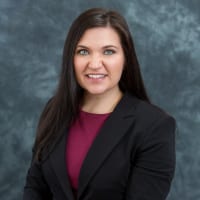
Sarah Sunderman is the Director of HR, Compliance & Talent Relations for Hire Dynamics. She previously worked for The Walt Disney Company and The Coca-Cola Company. Sarah was SPHR certified in 2014 and has been with HD for over 8 years, currently leading HD’s HR and Compliance teams.
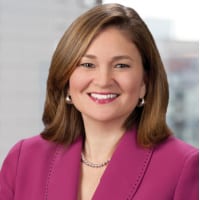
Ashley Kelly is a partner in the Litigation practice group and co-chair of the Employment practice group and a member of the Logistics and Post-Acute Care industry teams at AGG. She also serves as the firm’s General Counsel and as a member of its Executive Committee. She guides employers through the most pressing human resources issues, using a direct approach to resolving employment matters that preserves positive workplace environments. Her clients span many sectors including the logistics, long-term care, healthcare, background screening, energy, financial services, and retail/hospitality industries. She also has a niche practice representing foreign-based companies that are establishing operations in the United States, and also has a great deal of experience conducting internal investigations, including investigations concerning employers’ high-ranking executives.
